
Lauren Hays, PhD
Lauren Hays, PhD, is an Assistant Professor of Instructional Technology at the University of Central Missouri. Previously, she worked as an Instructional and Research Librarian at a private college in the Kansas City metro-area. Prior to working in higher education, she was employed by the National Archives and Records Administration and worked as an intern at the Harry S. Truman Presidential Library & Museum. Her professional interests include the Scholarship of Teaching and Learning, information literacy, digital literacy, educational technology, and academic development.
Webinar recordings
Please Select 'Included project_category' to show in filter bar.
If you still didn't add terms of 'project_category', you can add new terms and assign.
If you still didn't add terms of 'project_category', you can add new terms and assign.
Blog posts
Lauren Hays

Keeping Up with Copyright and Generative AI: What Special Librarians Need to Know
As generative AI becomes more prevalent, copyright law is evolving to address its impact. A new report from the U.S. Copyright O...

Understanding Shadow AI: Risks, Costs, and Governance
AI can enhance search, discovery, and efficiency, but unsanctioned adoption—known as "shadow AI"—can lead to budget overruns and...
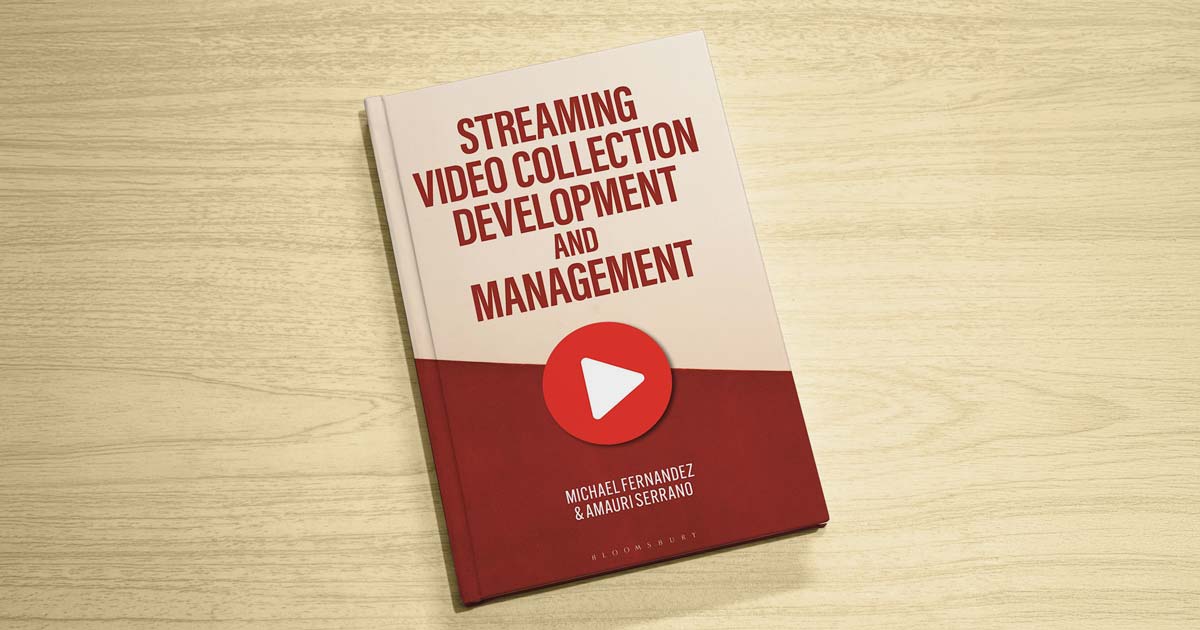
Interview with an Author: Fernandez on Streaming Video Collection Development
As demand for streaming video in libraries grows, so do the challenges of managing access, budgets, and licensing. Co-author Mic...
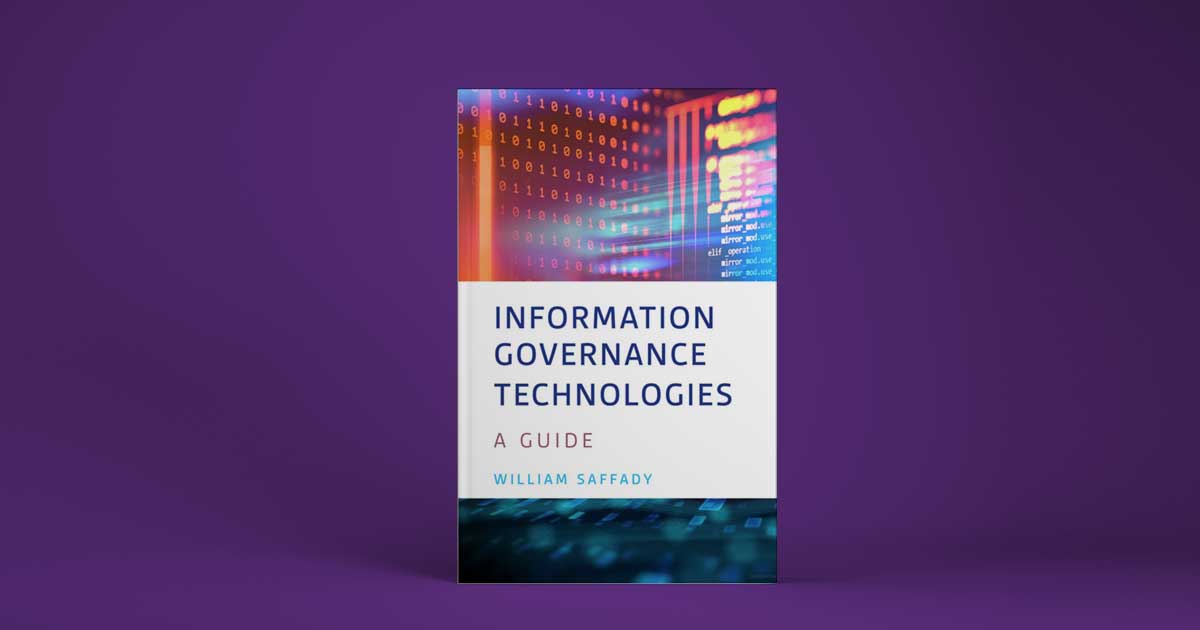
Interview with the Author: Saffady on Information Governance Technologies
Technology is at the heart of modern information governance, shaping how organizations manage records and ensure compliance. In ...
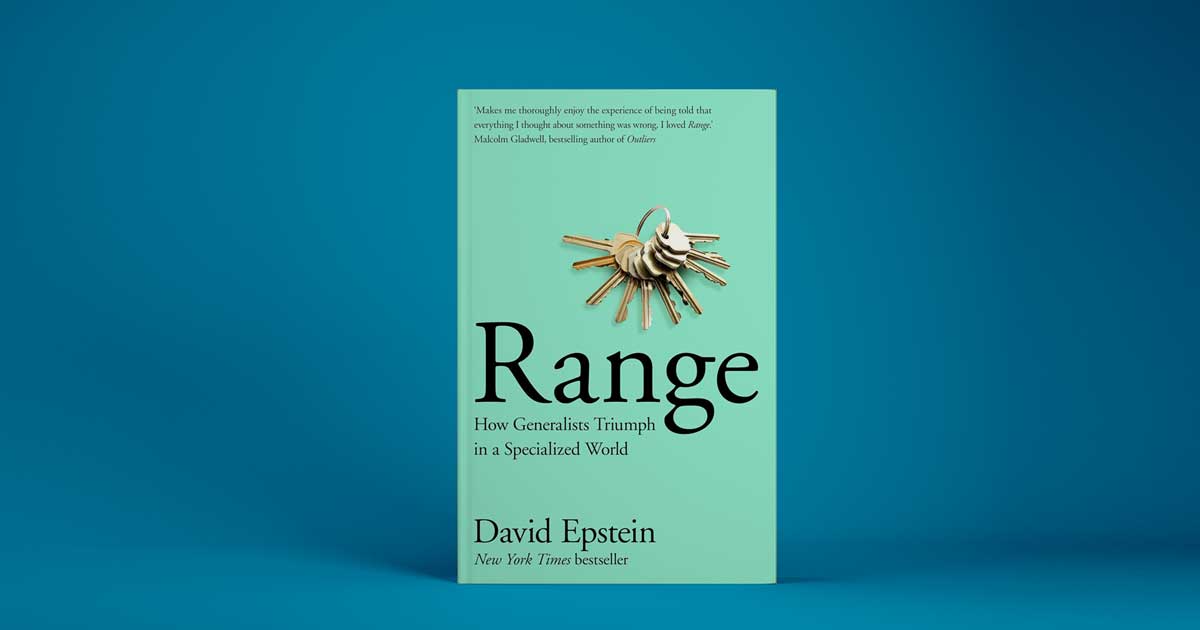
Reflections on David Epstein’s Range: How Generalists Triumph in a Specialized World
Lauren Hays explores "Range: How Generalists Triumph in a Specialized World" through a librarian’s lens, reflecting on the role ...

Interview with the Editor: Bobbi L. Newman on Well-Being in the Library Workplace
Enjoy Lauren Hays' interview with Bobbi L. Newman on why workplace well-being matters, how managers can drive meaningful change,...
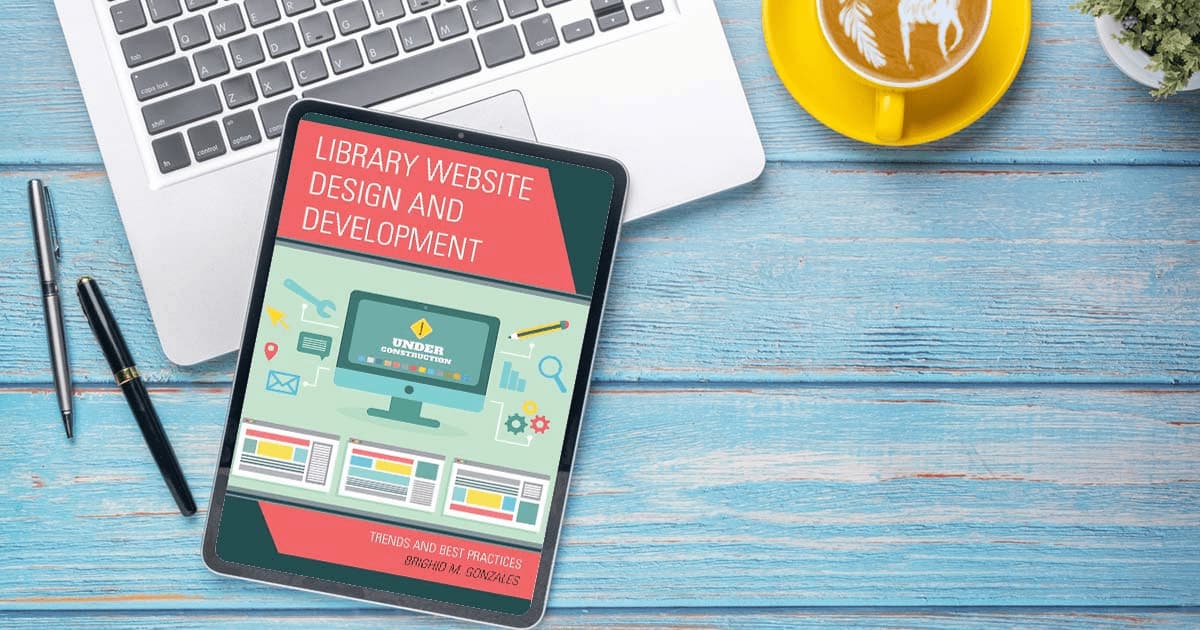
Interview with the Author: Brighid Gonzales on Library Website Design
In her new book, Library Website Design and Development, Brighid M. Gonzales provides a step-by-step guide to help librarians cr...

The Importance of Professional Networking: Tips for Special Librarians
For many special librarians, the idea of professional networking can feel daunting, especially for those who thrive in quiet, re...
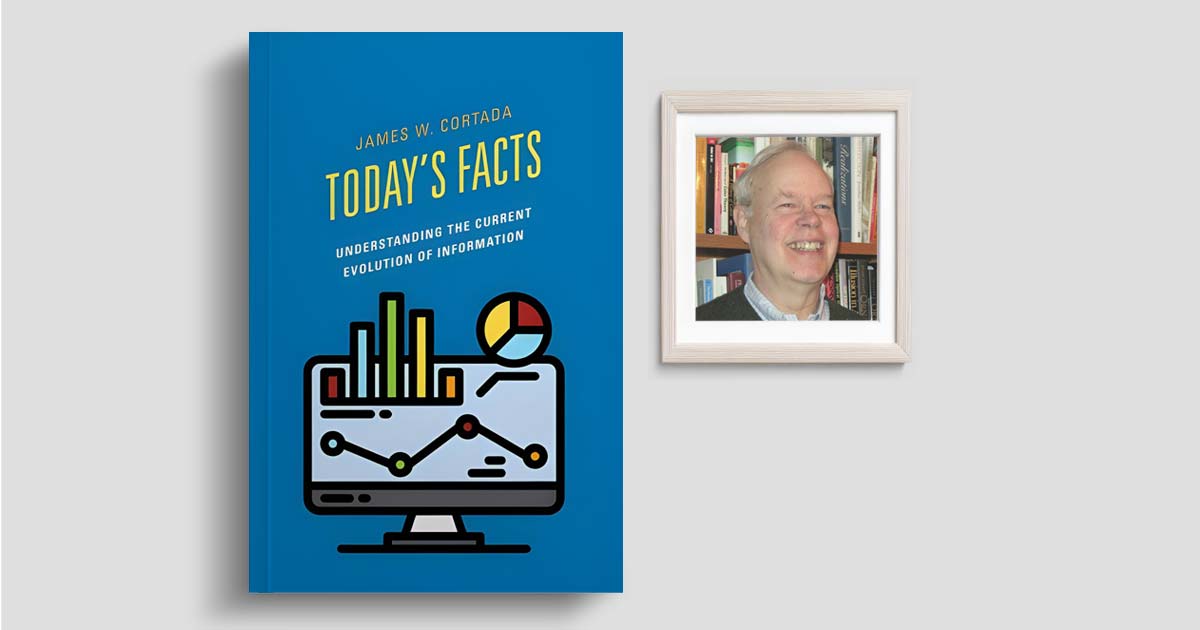
Interview with the Author: Jim Cortada on Today’s Facts and the Evolution of Information
Dr. James Cortada, historian and senior research fellow at the Charles Babbage Institute, explores the history of information in...

The Complicated Feelings Librarians May Have About AI
GenAI will affect how we do our work and the type(s) of work we engage in. In navigating the transformative potential of GenAI, ...

Recommended AI Literacy Frameworks for Special Librarians
These frameworks provide insights and approaches to help you determine the best ways to address build and promote AI literacy in...

Intentional Growth: Special Librarian Professional Goals for 2025
Setting professional development goals may feel overwhelming, but with the right framework and mindset, it can be a rewarding an...

AI and the Transformation of Information Literacy
Due to the rise of artificial intelligence (AI), information professionals must evolve their teaching and training approaches as...

4 Ways to Promote Sustainability in Special Libraries
The path to sustainability in special libraries combines technological advancement, waste reduction, collection digitization, an...
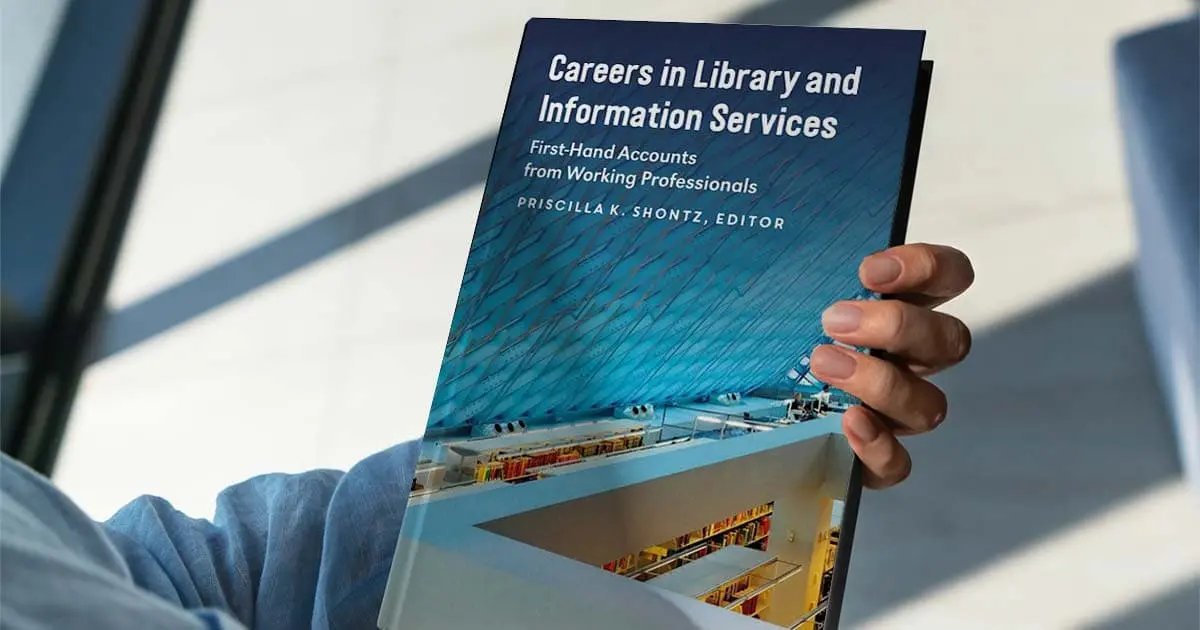
Interview with Technical Services Librarian Becky Givens
Becky Givens is a Technical Services Librarian featured in the book Careers in Library and Information Services, which includes ...
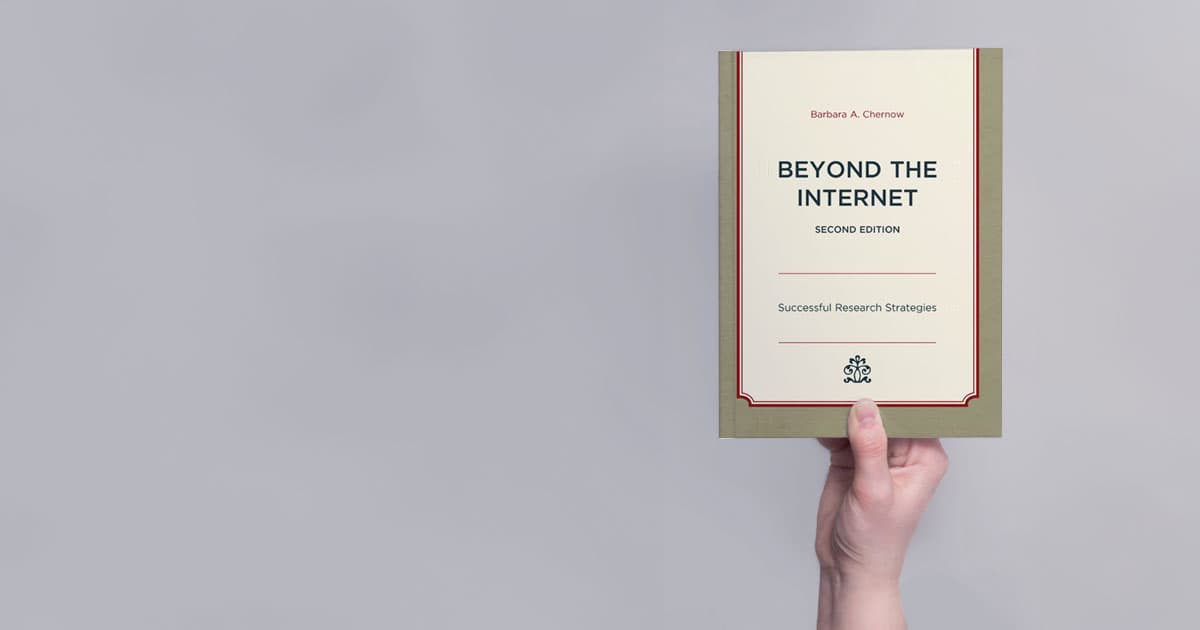
Interview with the Author: Dr. B. Chernow on Going Beyond the Internet
Special librarians know searching the Internet answers specific questions, but you miss or misinterpret information if you only ...

Texas Archive of the Moving Image: Interview with the Digital Archivist
I recently interviewed Grace Muñoz about her work at the Texas Archive of the Moving Image. Her work on improving the discoverab...
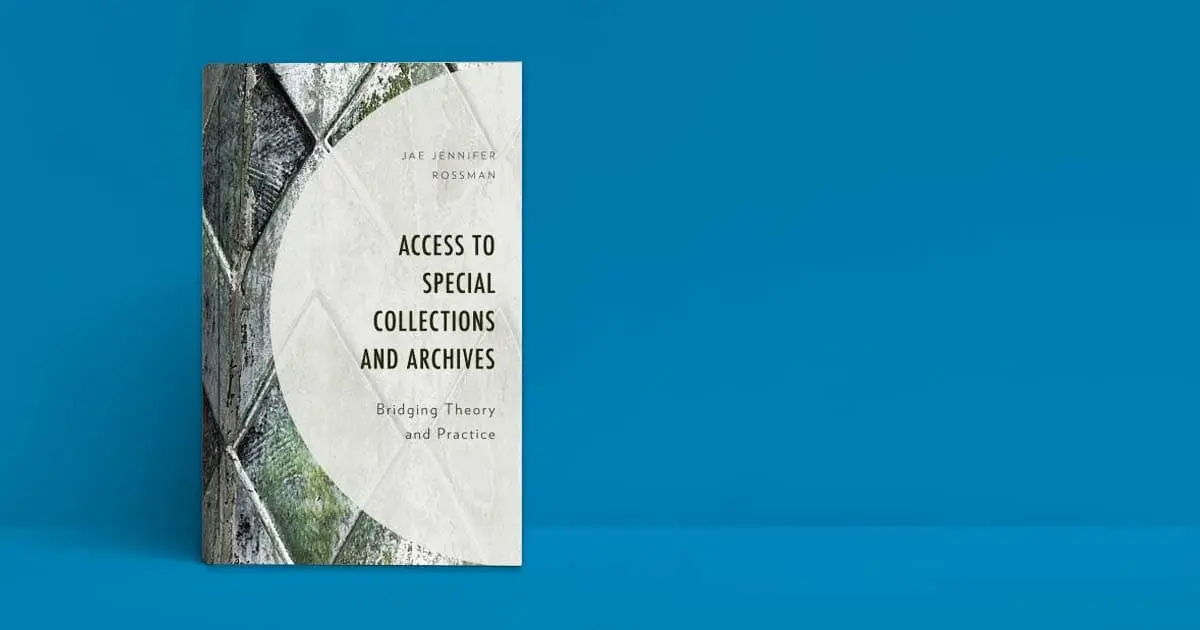
Interview with Author and Librarian Dr. Jae Rossman on Special Collections and Archives
Dr. Jae Rossman wrote Access to Special Collections and Archives, available now from Rowman and Littlefield. The book is an exce...
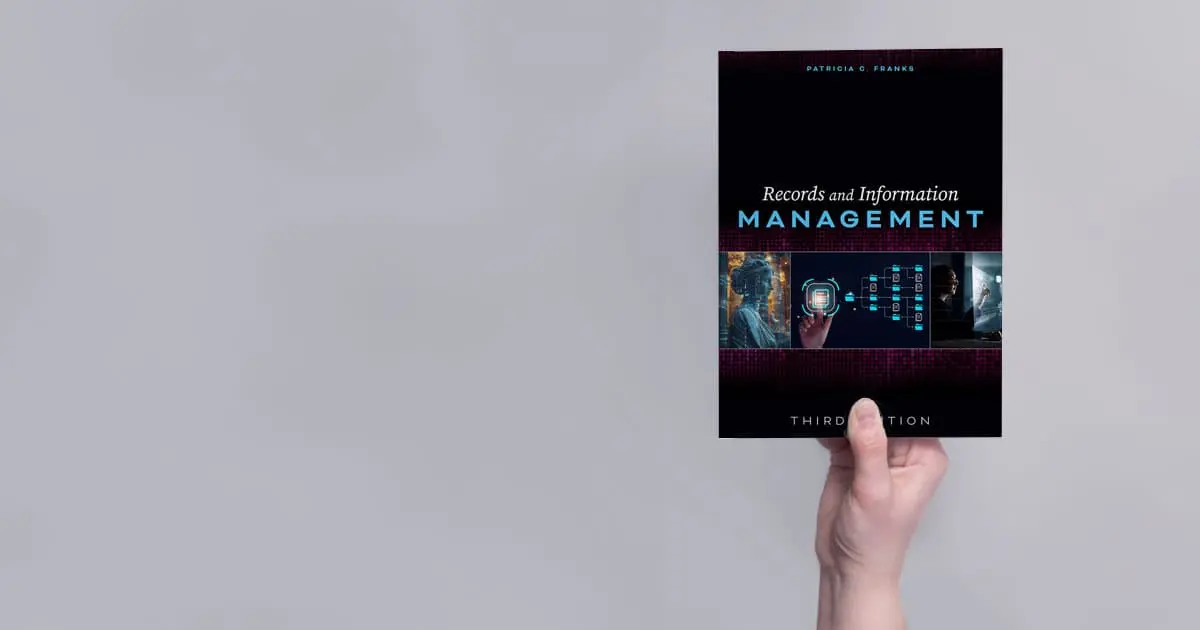
Interview with the Author: Dr. Patricia Franks on Records and Information Management
Dr. Patricia Franks is the author of Records and Information Management, now with an upcoming third edition to be published by A...

Are There Drawbacks to Using GenAI for Research?
Researchers must take responsibility for understanding how GenAI works and closely review literature search results before relyi...

Researching with GenAI: Tools & Tips for Special Librarians
When GenAI first became widely available, there was a great deal of discussion about how it would “hallucinate”—that is, make up...
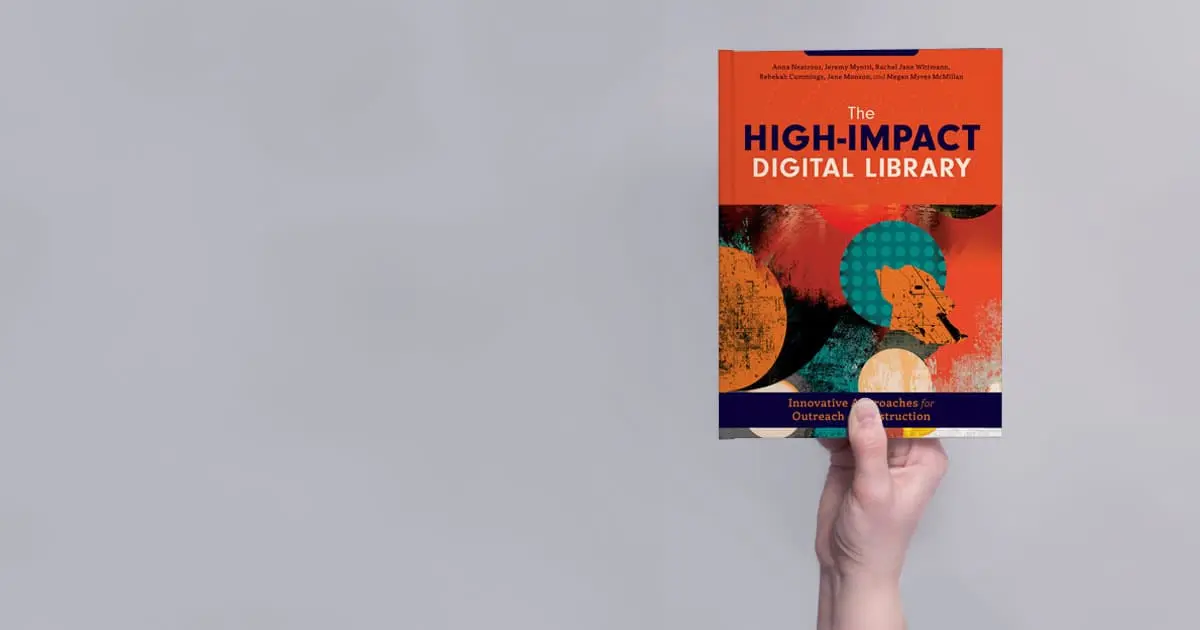
Interview with the Author: Anna Neatrour on The High Impact Digital Library
Many different types of libraries have digital components, and it is important to get those digital collections in front of stak...
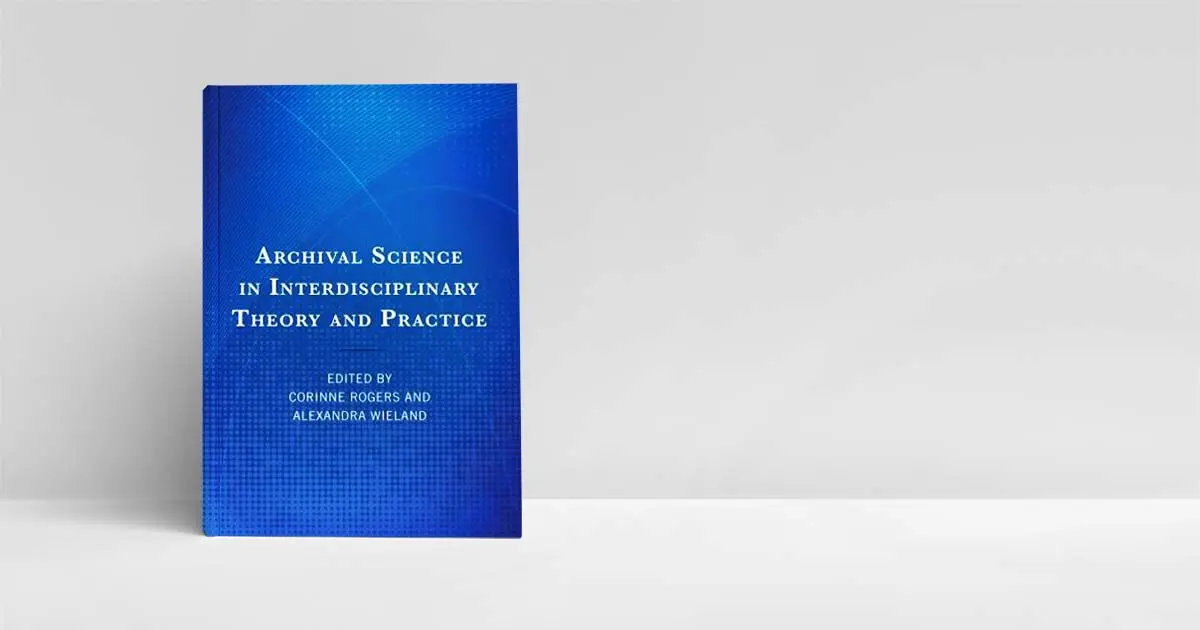
Interview with the Editors: Wieland and Rogers on Interdisciplinary Archival Science
Alexandra Wieland and Corinne Rogers co-edited Archival Science in Interdisciplinary Theory and Practice. My interview with them...
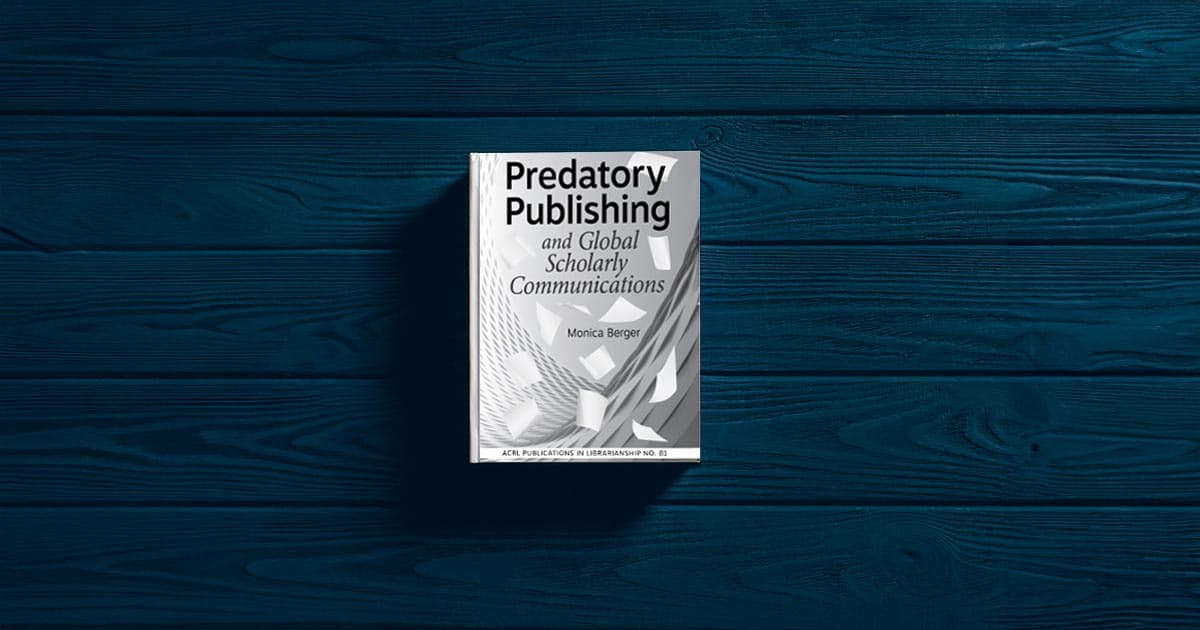
Interview with the Author: Monica Berger on Predatory Publishing
Predatory publishing is a concern in all areas of librarianship. In special libraries, librarians work with experts in various f...
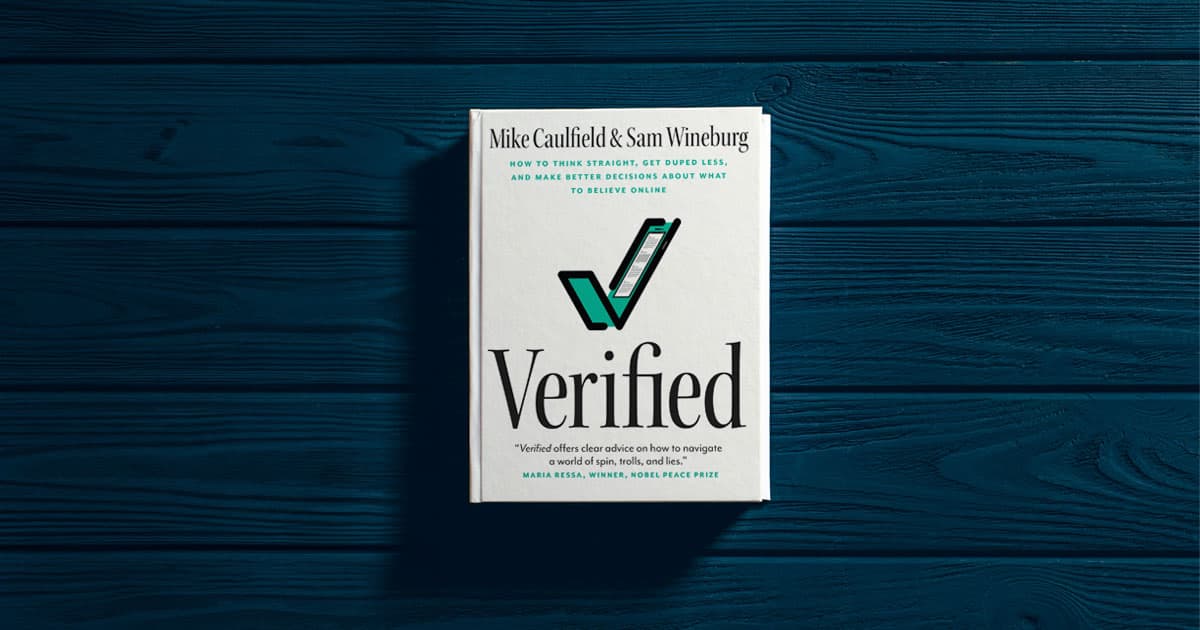
Book Review: Verified by Mike Caulfield and Sam Wineburg
In an age of misinformation and an exorbitant amount of new information created daily, we must consider how to teach others to e...

Critical Thinking and the Role of Special Librarians
The value placed on the skill of critical thinking is immeasurable. Unfortunately, it can seem elusive to teach.

How Librarians Can Support AI Policy Development
Librarians’ unique position at the intersection of information, technology, and academia makes them valuable contributors to AI ...

Interview with the Authors: Leachman and Libby on Training Library Staff
Emily Leachman and Garrison Libby are the authors of A Complete Guide to Training Library Staff available later this year from B...
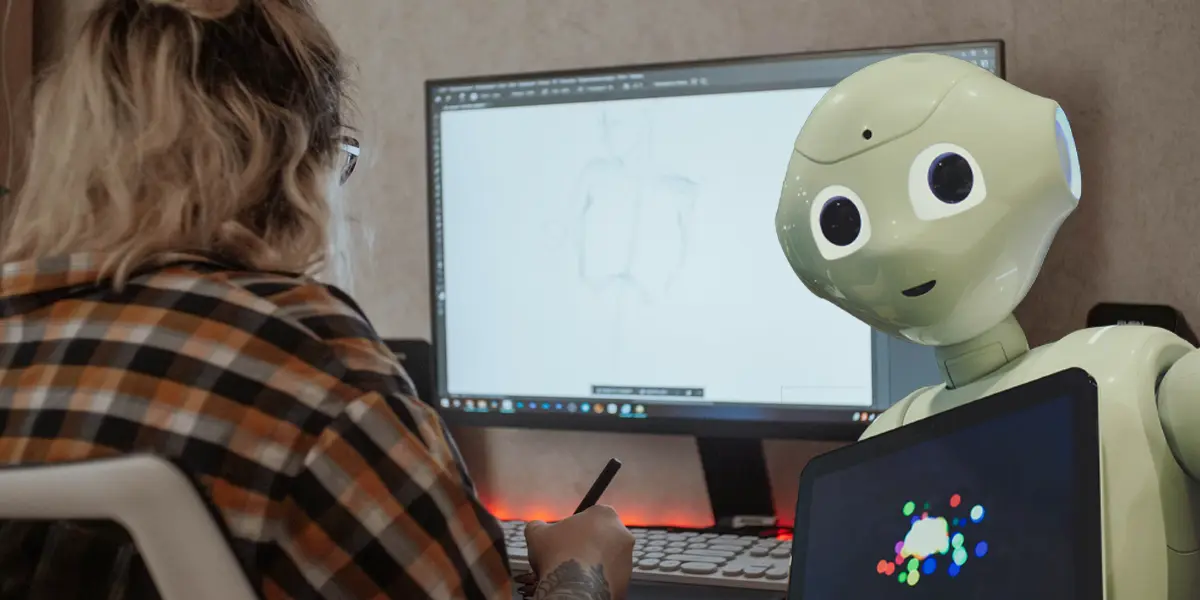
Intellectual Property and AI
Resources to help you think about intellectual property when you use AI, plus links to repositories of AI-generated images from ...

“Back to School” Edition: Library Outreach Ideas
17 actionable methods for marketing libraries of all types, sizes, and budgets from a library expert and instructor
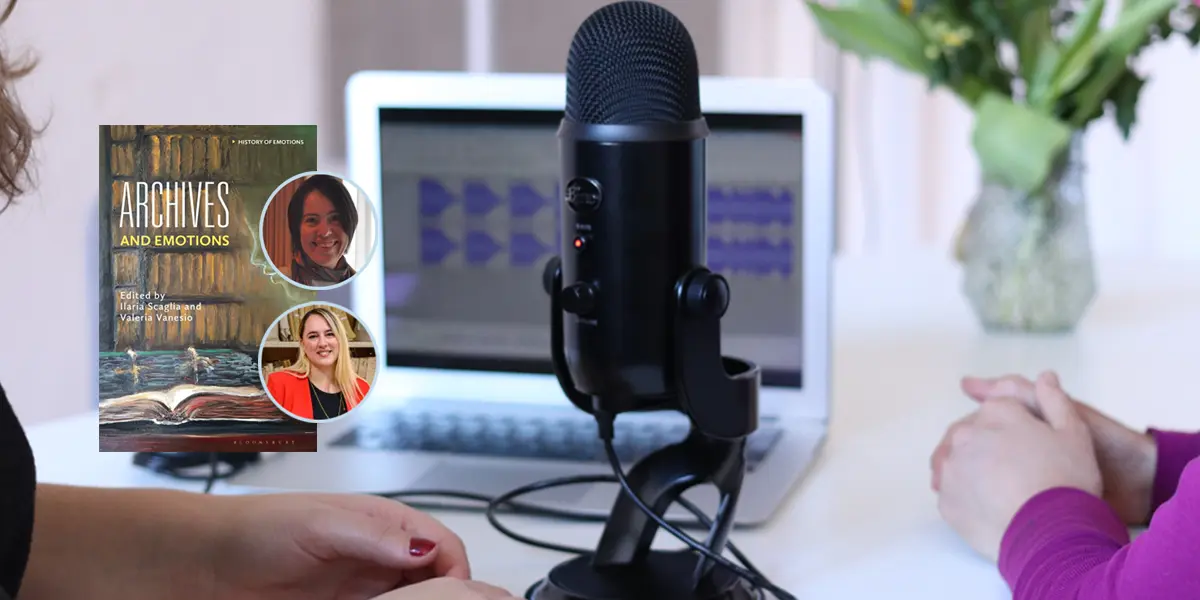
Interview with the Editors: Archives and Emotions
Ilaria Scaglia and Valeria Vanesio argue that emotions matter both to people whose histories are documented by archives and to a...
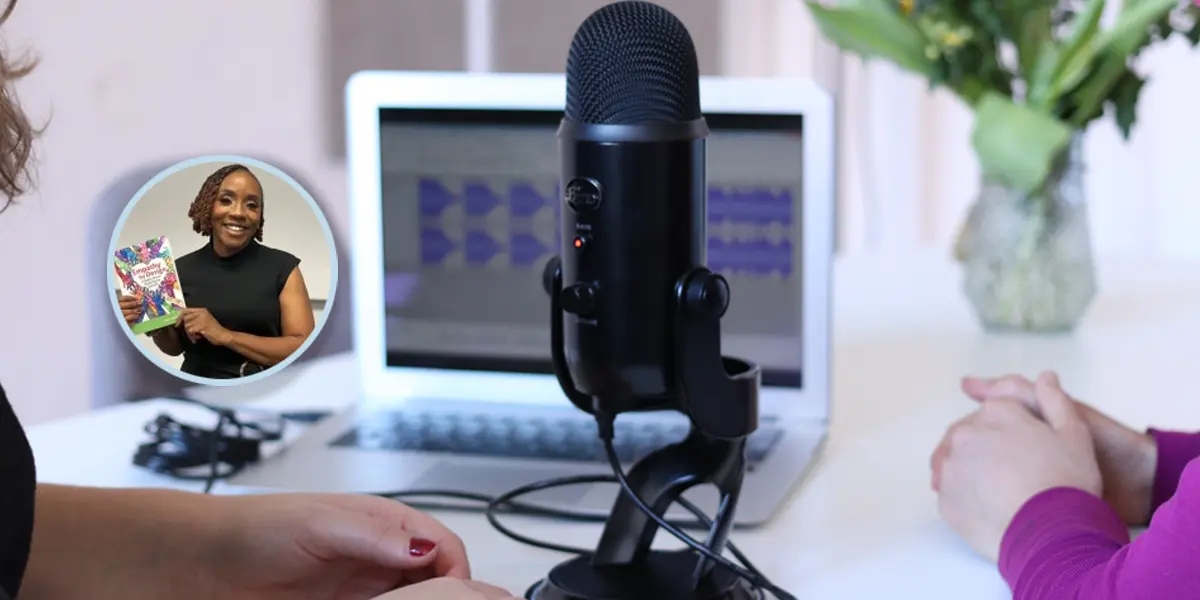
Interview with Sabine Dantus on Empathy-Driven Marketing for Libraries
An in-depth overview by Sabine Jean Dantus on empathy-driven marketing fundamentals and skills required for librarians
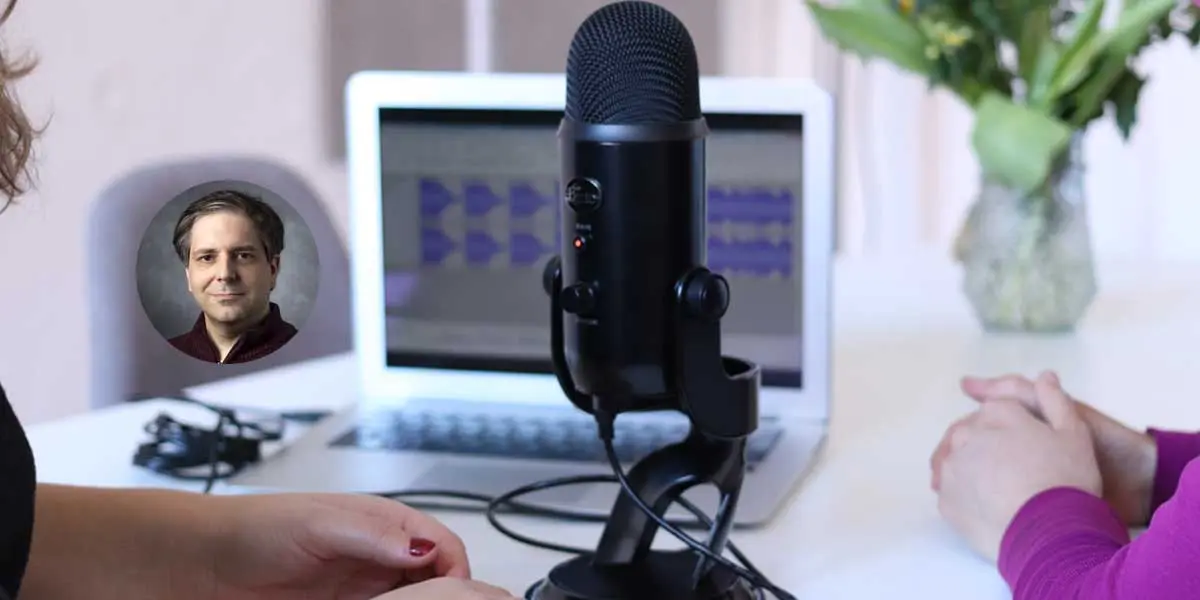
Interview with Librarian Keith Knop about Music Cataloging
An in-depth interview with a music cataloging librarian about the unique aspects and challenges of that discipline.
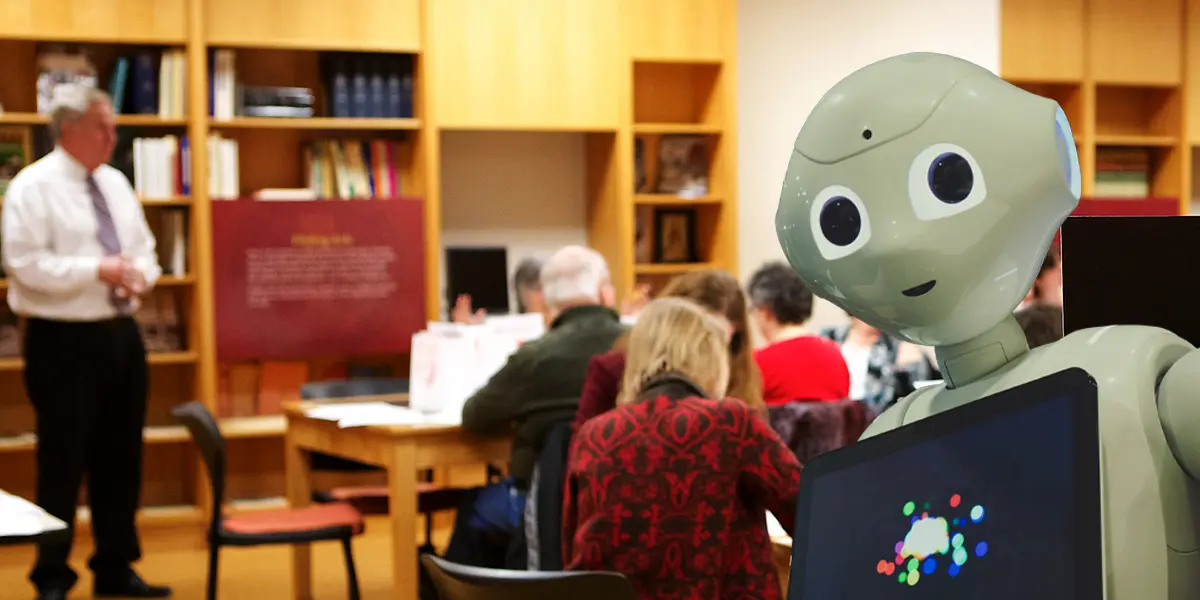
Teaching about AI in the Workplace
Suggestions for special librarians from Claude on how to foster cross-generational AI learning communities in the workplace.
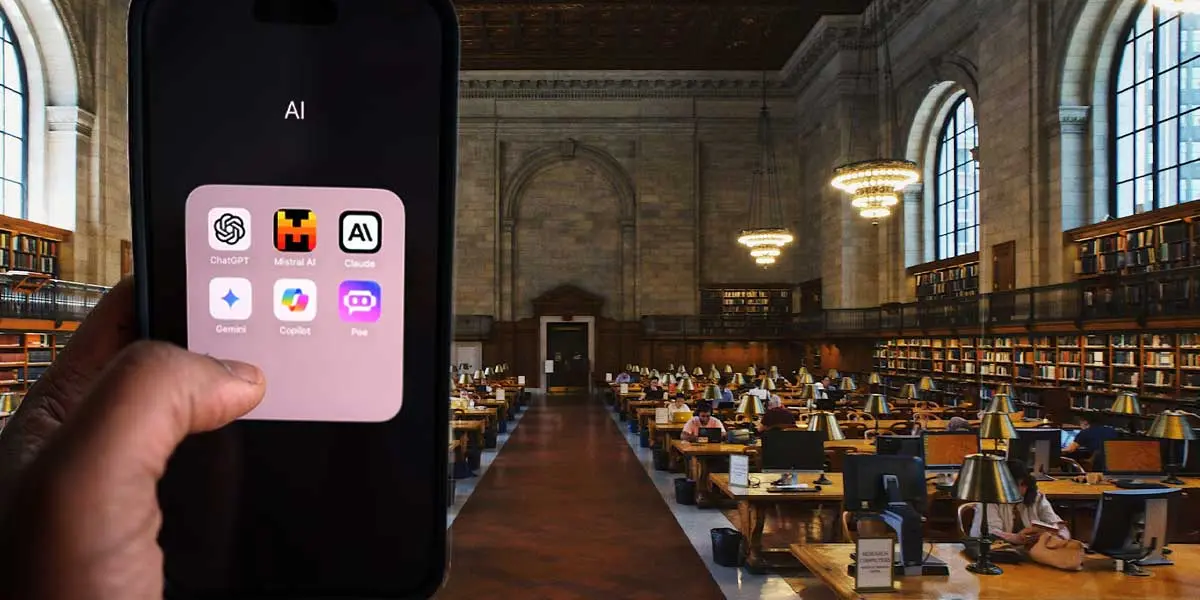
Keeping up with AI…
Resources for staying current on the quickly changing AI landscape from a library expert.
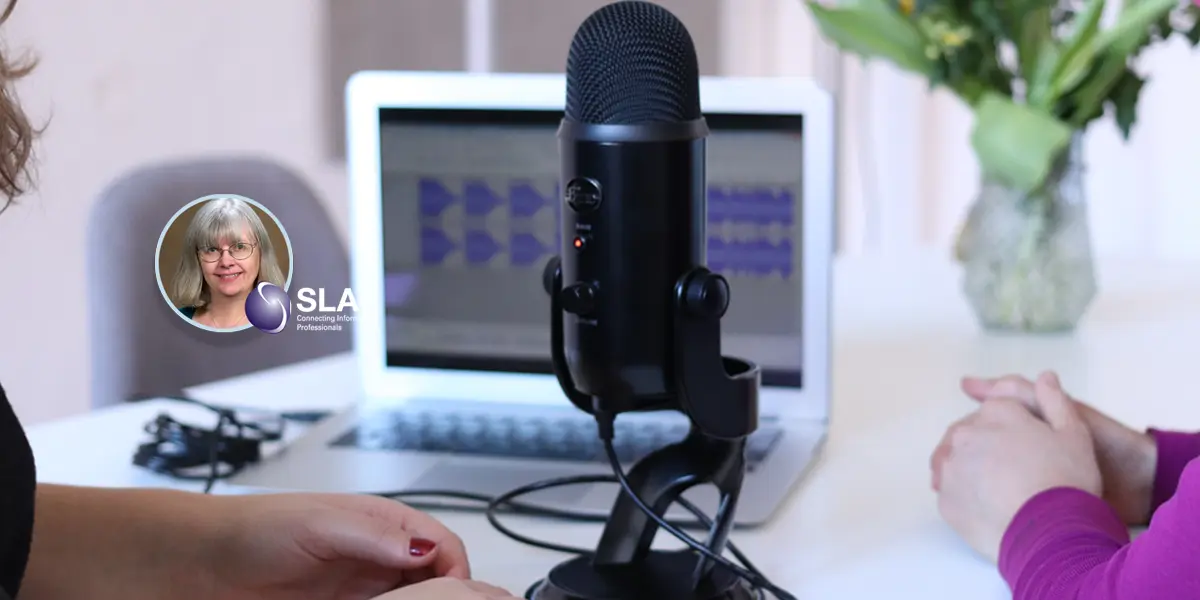
Interview with Lesley Farmer about SLA’s Information Outlook
Interview about the rebirth of SLA’s Information Outlook as a quarterly online publication with interview with Professor Lesley ...
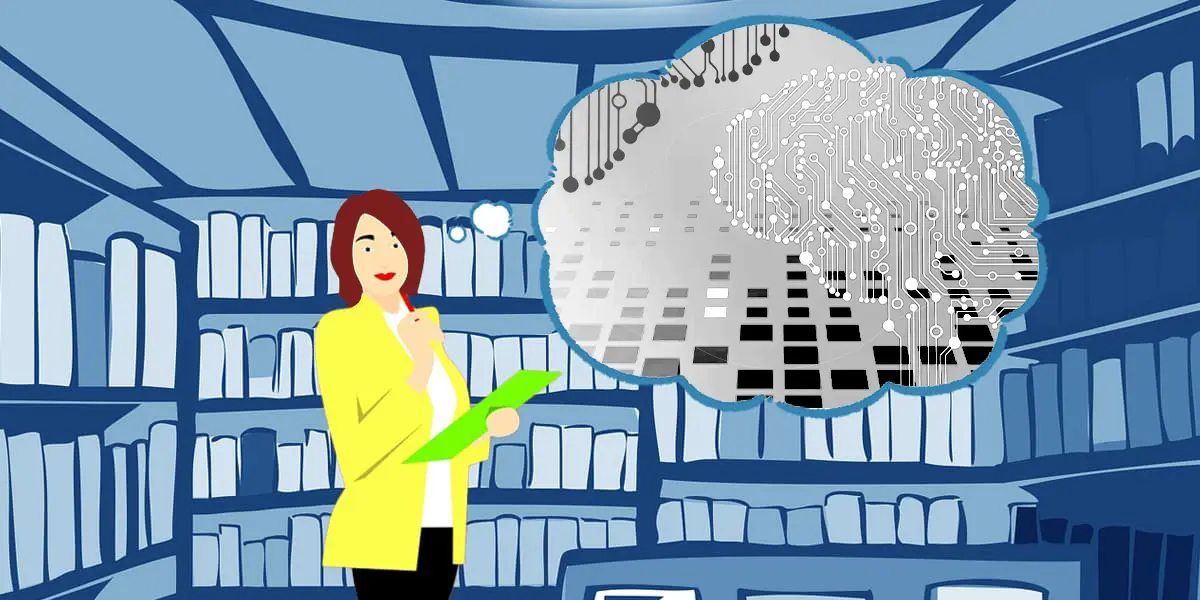
Ways I Have Been Using Generative AI
Generative AI can be used in many ways as part of a typical workflow; examples and thoughts about what the future holds

AI Policies in Libraries
Key questions that inform development of AI policies in special libraries
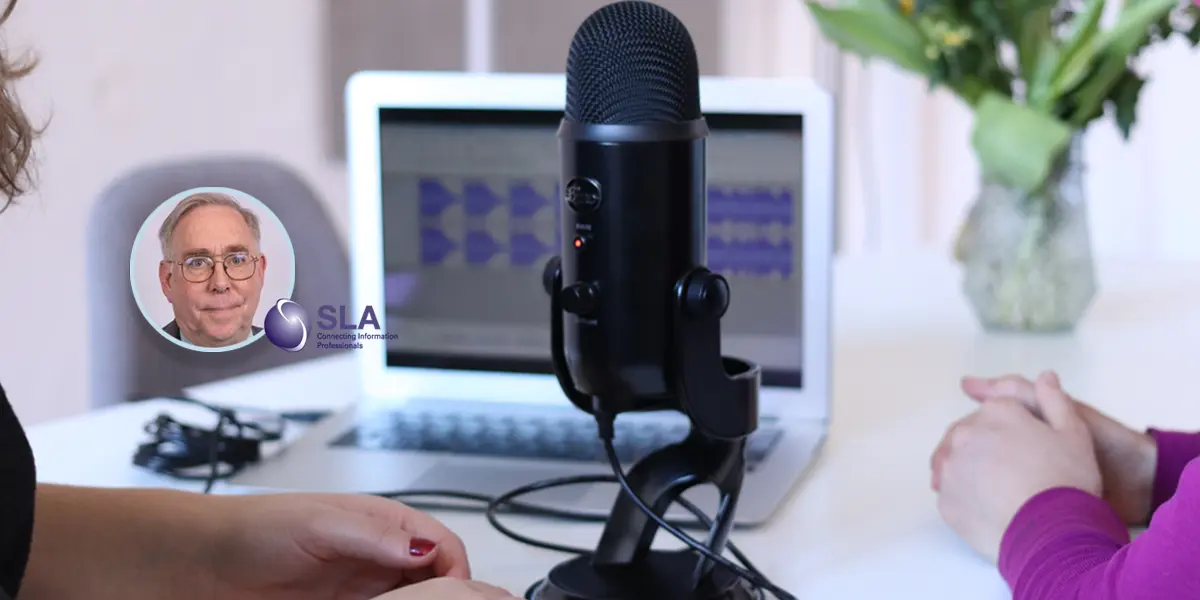
Interview with Tom Rink about SLA’s Information Outlook
Interview about the rebirth of SLA’s Information Outlook as a quarterly online publication with interview with librarian Tom Rin...
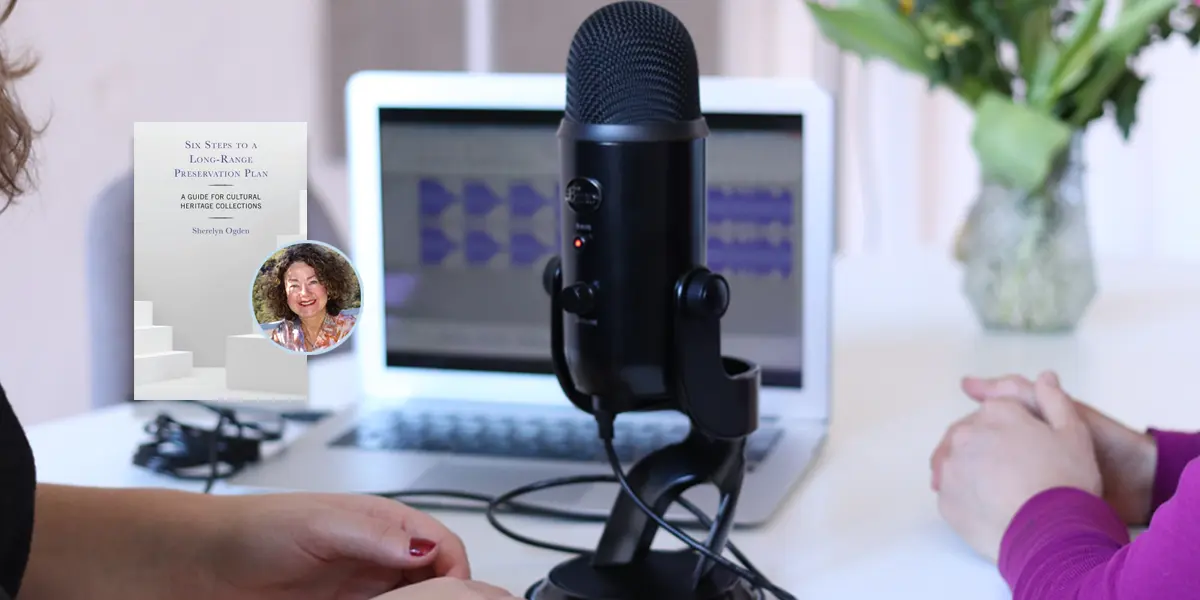
Interview with Sherelyn Ogden on Long-Range Preservation Plans
Conservator Sherelyn Ogden about Six Steps to a Long-Range Preservation Plan’s straightforward methodology and six easy-to-follo...
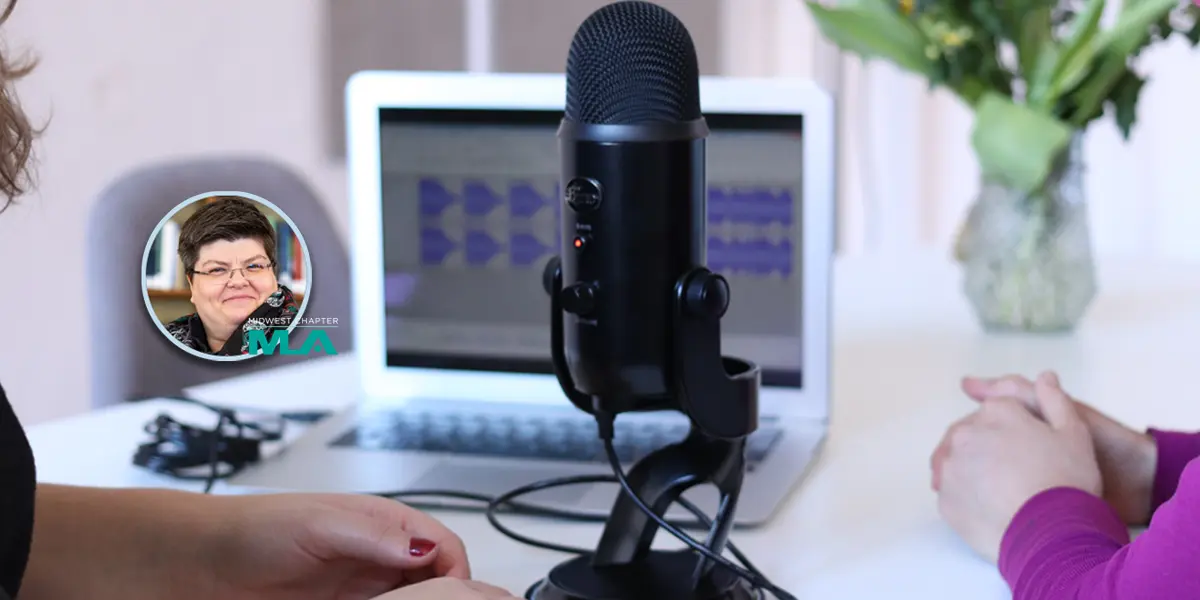
Interview with JJ Pionke, MLA’s current Midwest Chapter President
Interview with the MLA’s Midwest Chapter president about the activities and value of the association for health sciences librari...

Interview with Karen Keesing, MLA’s Hawaii-Pacific Chapter Chair Elect
Interview with Karen Keesing, MLA’s Hawaii-Pacific Chapter Chair Elect, about the history, benefits, and current focus of the ch...
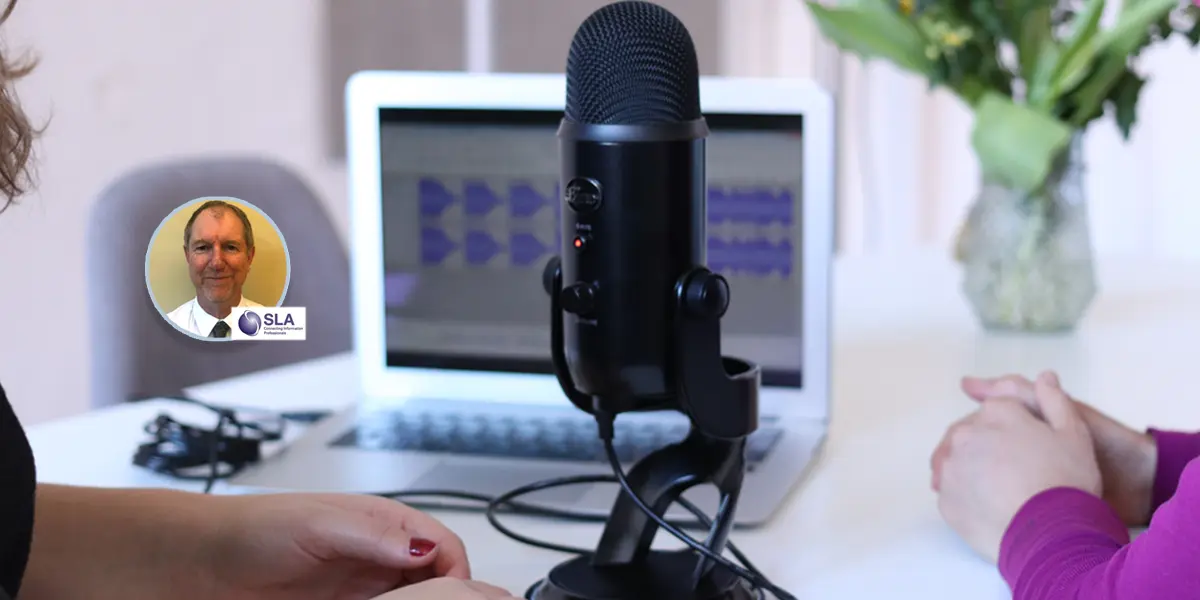
Interview with Information Specialist Kevin Adams about the Value of SLA
Kevin Adams, Information Specialist with the Institute of Environmental Science and Research, about the value of SLA membership ...

Summer Reading Recommendations: Generative AI and the Next Generation of Libraries
Recommended reading for special librarians, from a library expert, teacher and writer. Five titles relevant to librarians, inclu...
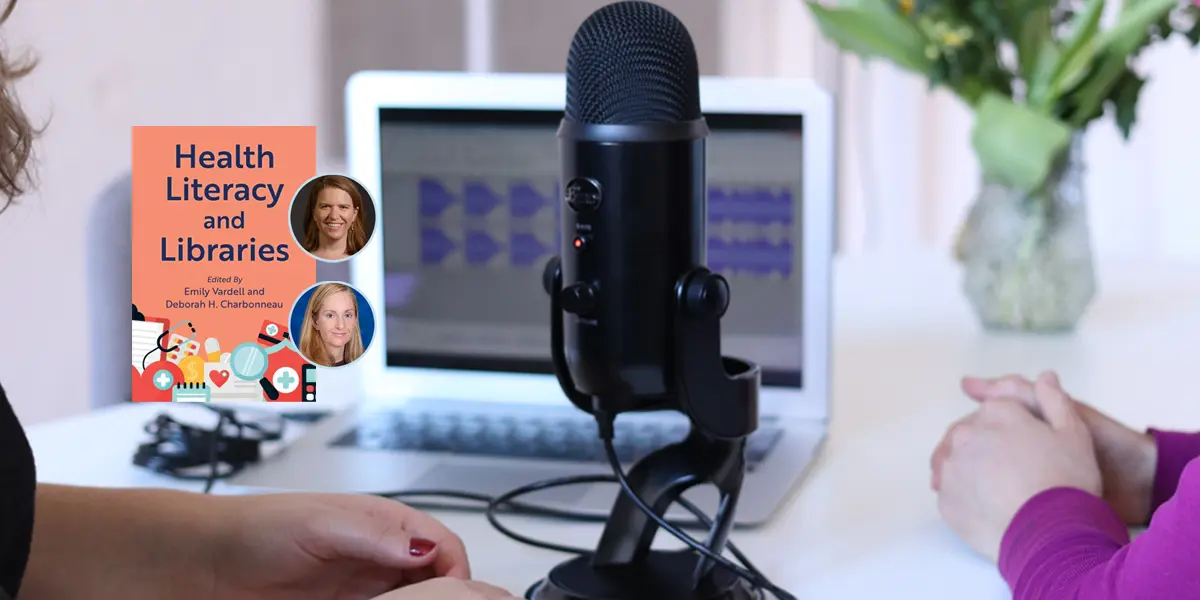
Interview with Vardell and Charbonneau, editors of
Health Literacy and Libraries
Editors of Health Literacy and Libraries on evidence-based practices for health literacy work in libraries, including instructio...
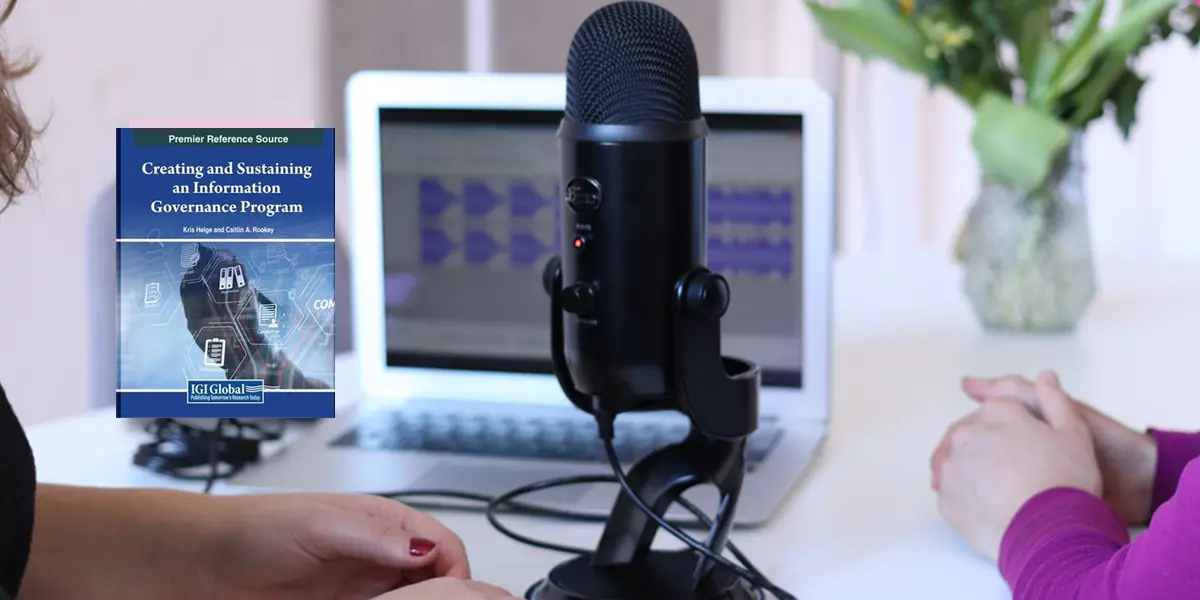
Interview with Helge and Rookey on Information Governance Programs
Information governance is vital to organizations that want to secure and manage their data, use it to reduce risk, and view data...
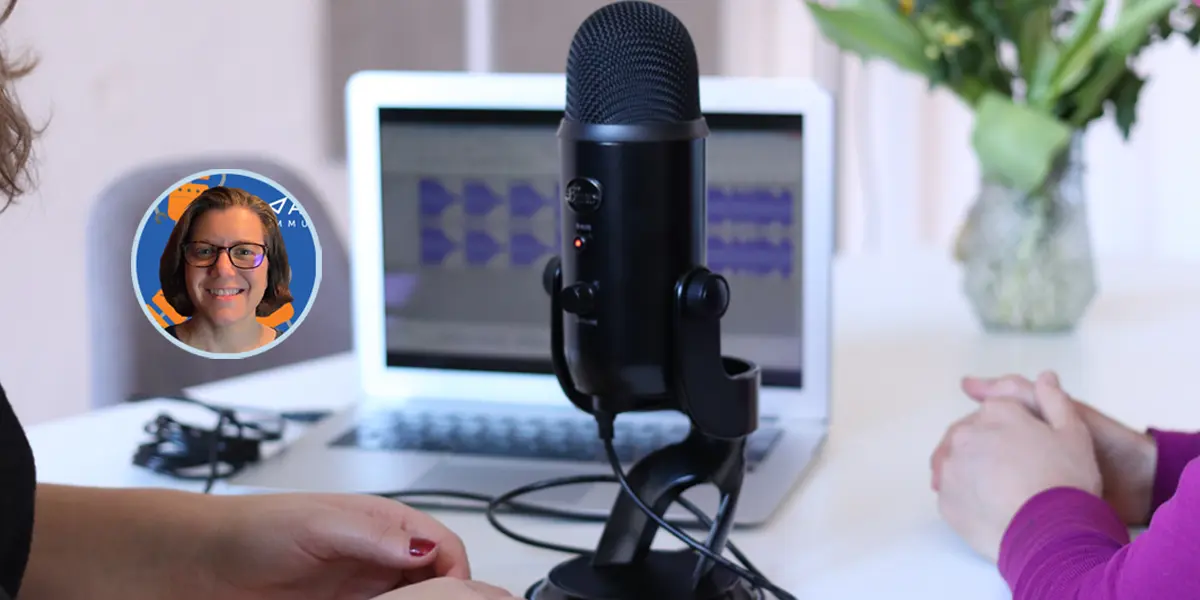
Interview with Susannah Barnes about the SLA Data Community
Susannah Barnes is the Co-Lead of the Data Community for the Special Libraries Association. If you work with data in any capacit...
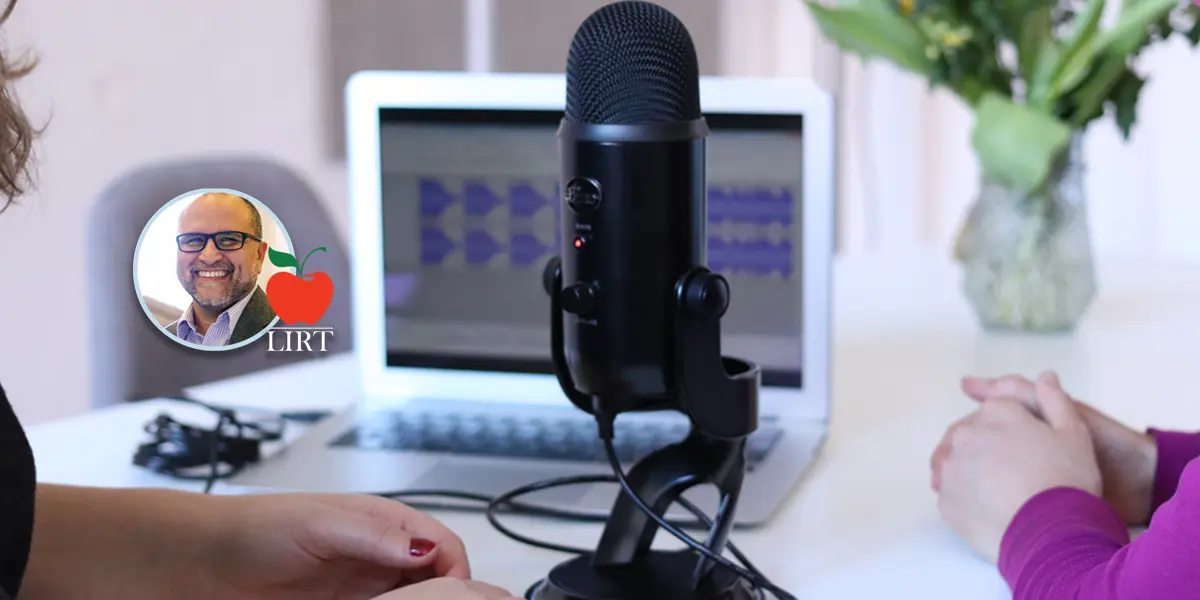
Interview with Victor Baeza about ALA’s Library Instruction Round Table
Interview with Victor Baeza, President of LIRT, about how it benefits from and supports special librarians whose roles involve t...
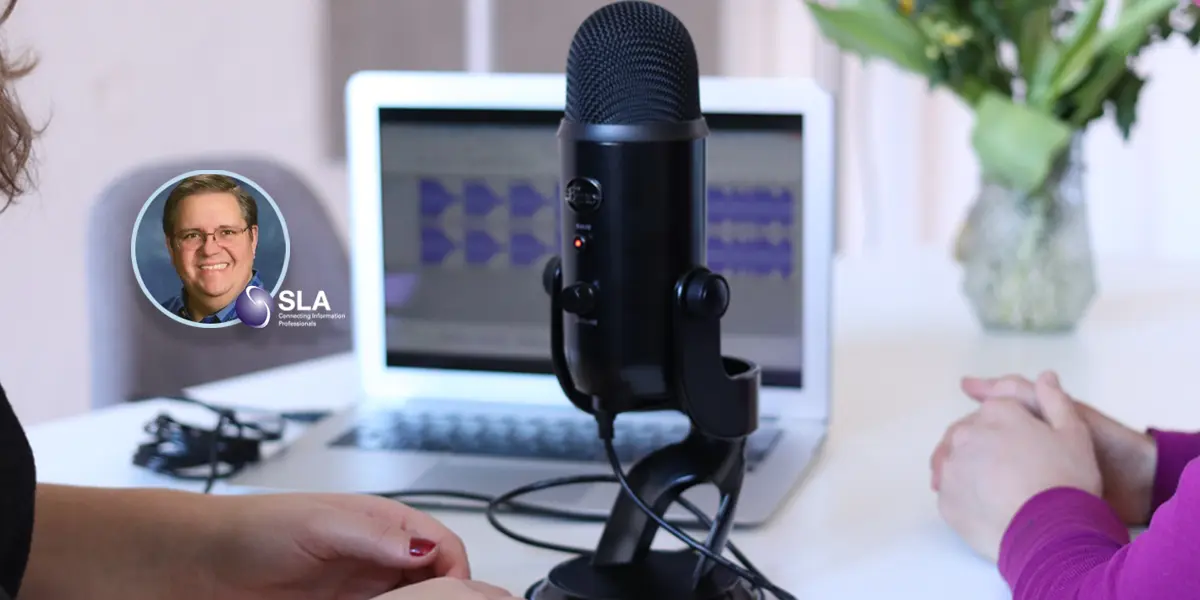
Interview with Eugene Giudice, SLA Treasurer
Interview with SLA’s Treasurer about the future of the special library profession and how the Special Libraries Association can ...
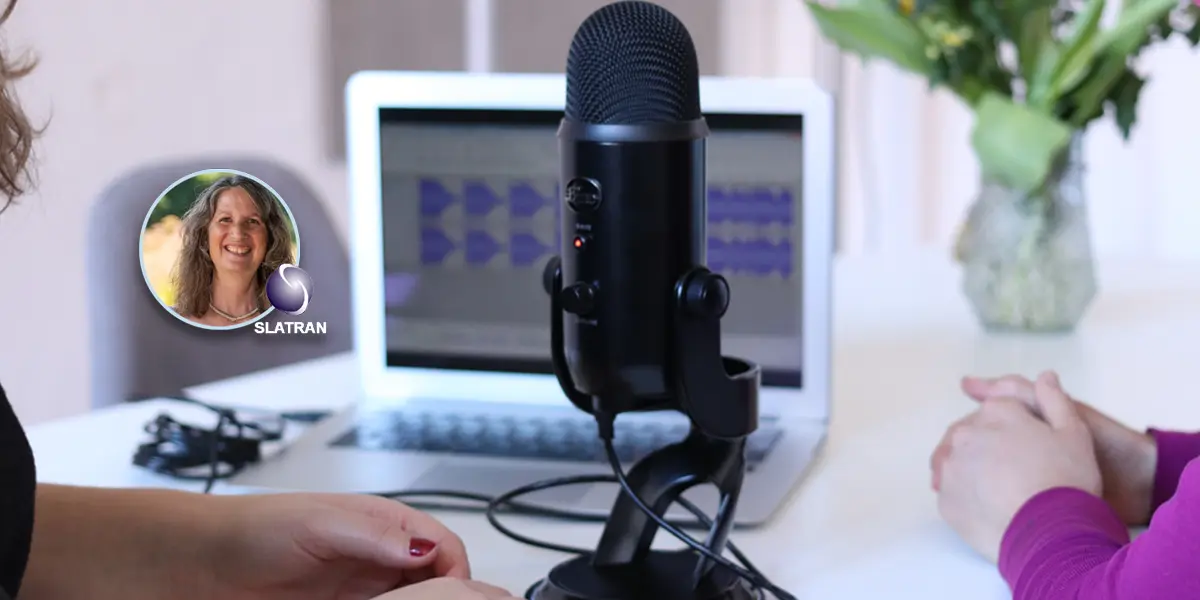
Interview with Cara Marcus on Transportation Librarianship and SLA
Interview with Cara Marcus, the president of the Special Libraries Association (SLA) transportation community about transportati...
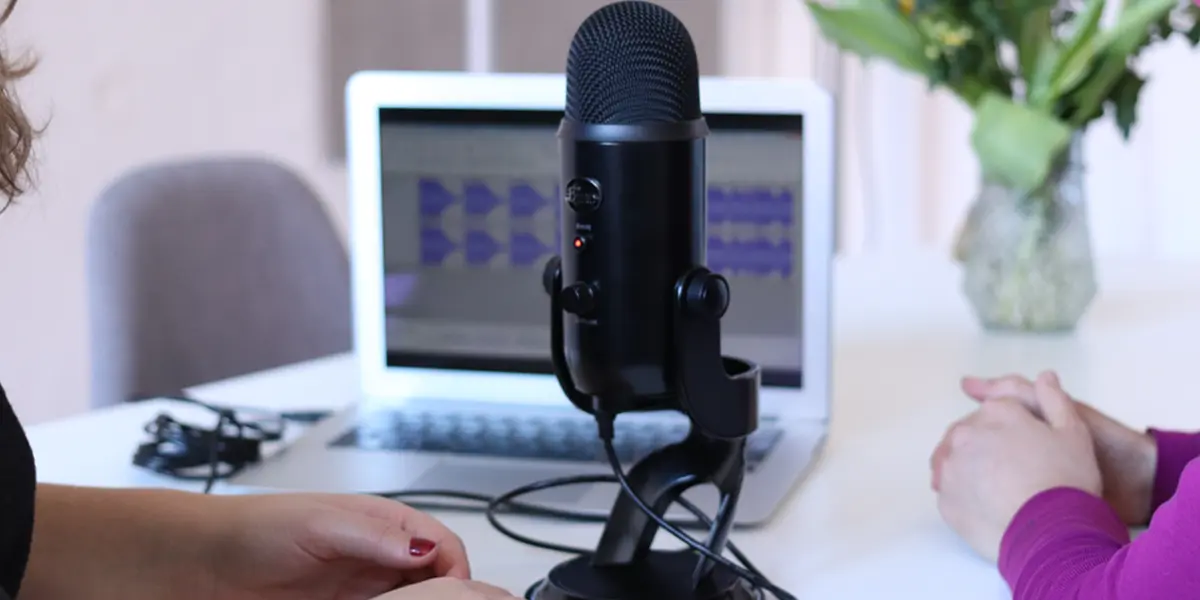
Interview with Christian Nappo on the National Librarians of Medicine
Interview with the author of a reference-ready book on the twenty-seven men and women who headed the National Library of Medicin...
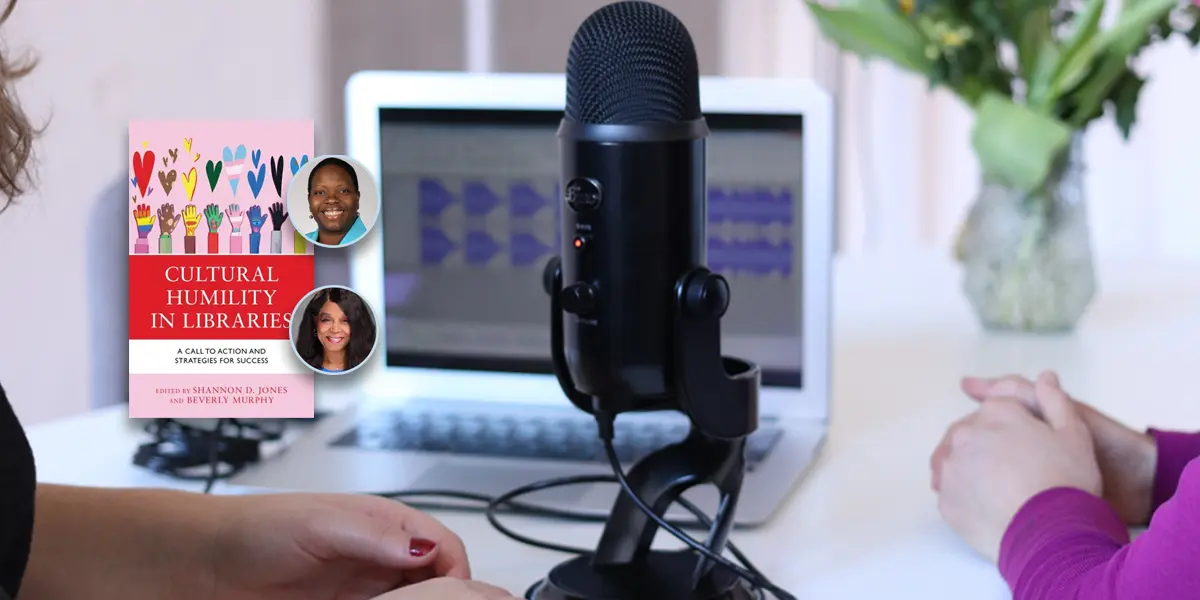
Interview with Shannon Jones and Beverly Murphy; Cultural Humility in Libraries
Interview with Shannon Jones and Beverly Murphy, editors of a book about cultural humility and its relevance in healthcare and s...
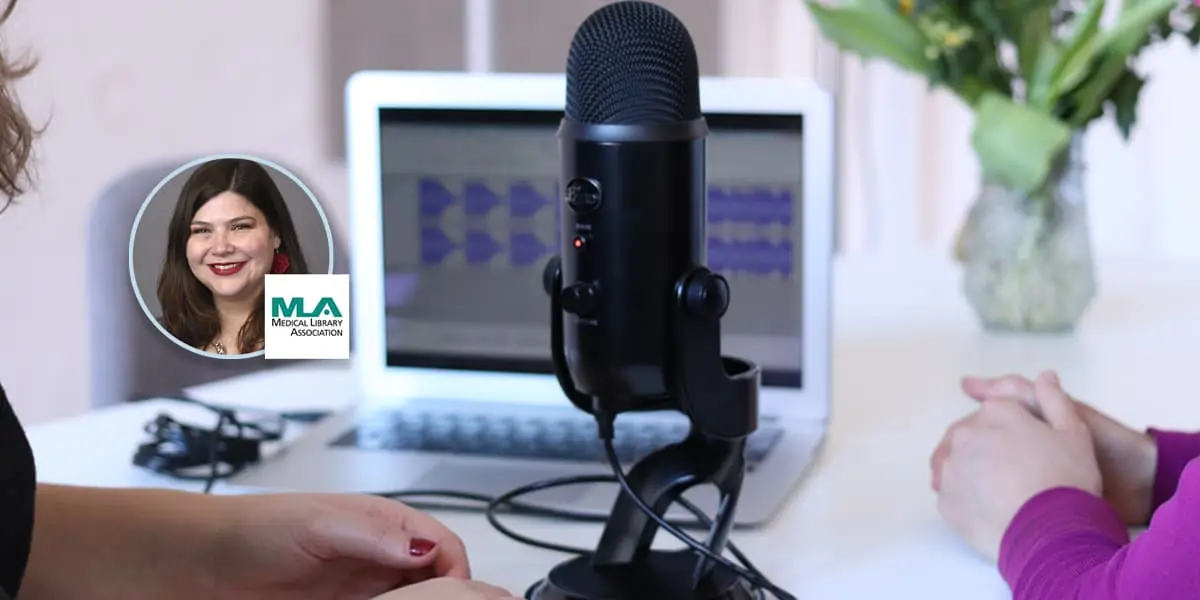
Interview with Amy Blevins, President of the Medical Library Association
Interview with the president of the Medical Library Association about benefits of membership for health sciences librarians
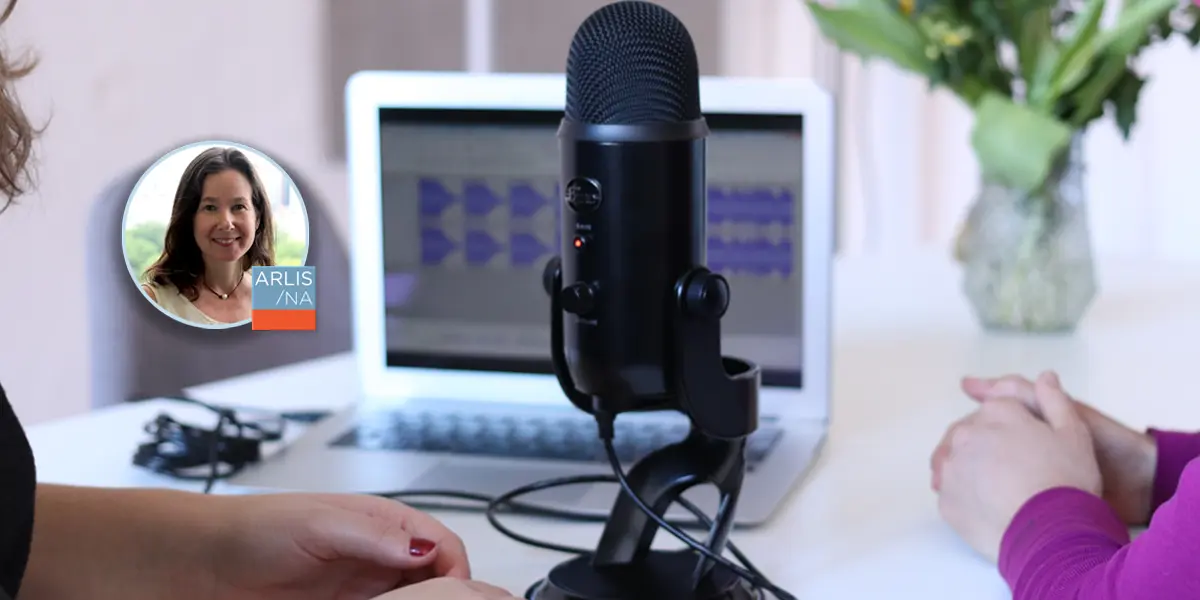
Interview with Rachael Resnik of the Art Libraries Society of North America
Interview with the president of the Art Libraries Society of North America about their strategies, goals, membership, and ways t...
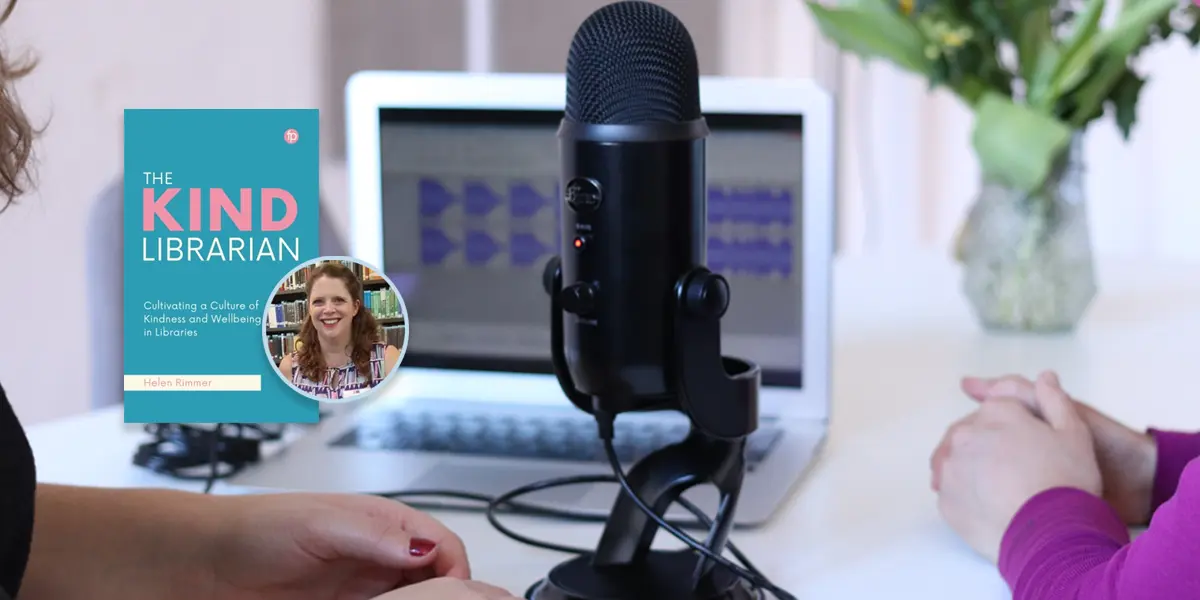
Interview with the Author: Helen Rimmer on The Kind Librarian
Interview with the author of a book on cultivating kindness and wellbeing in libraries, emphasizing emotional intelligence, comp...
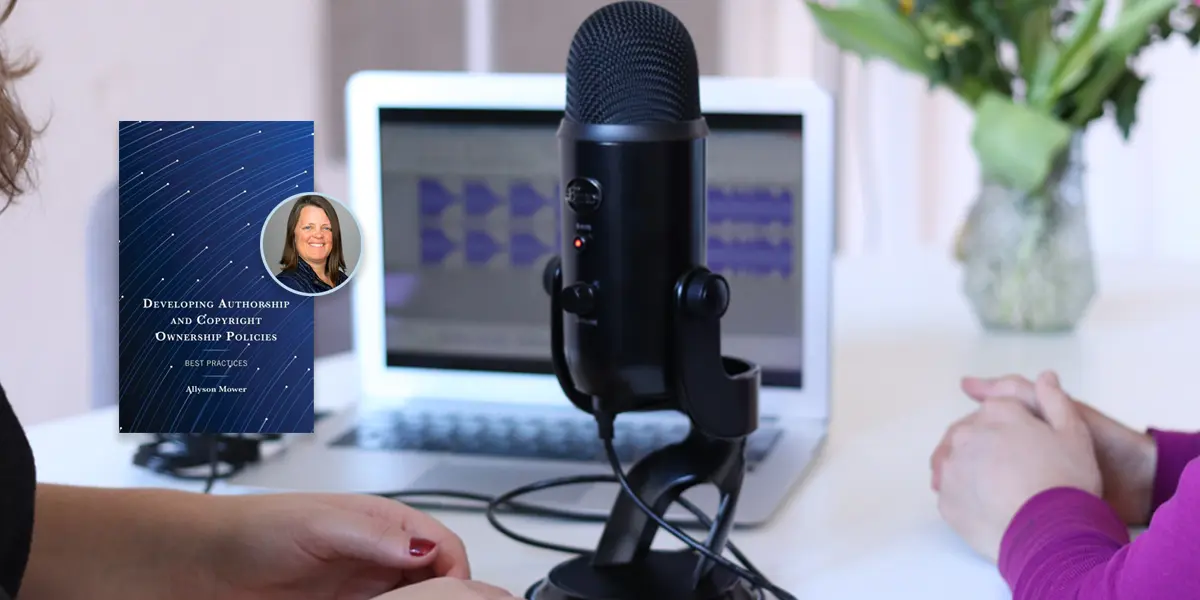
Interview with the Author: Allyson Mower on Authorship
Interview with the author of a book on authorship and copyright policies; tips on establishing fair authorship policies and proc...
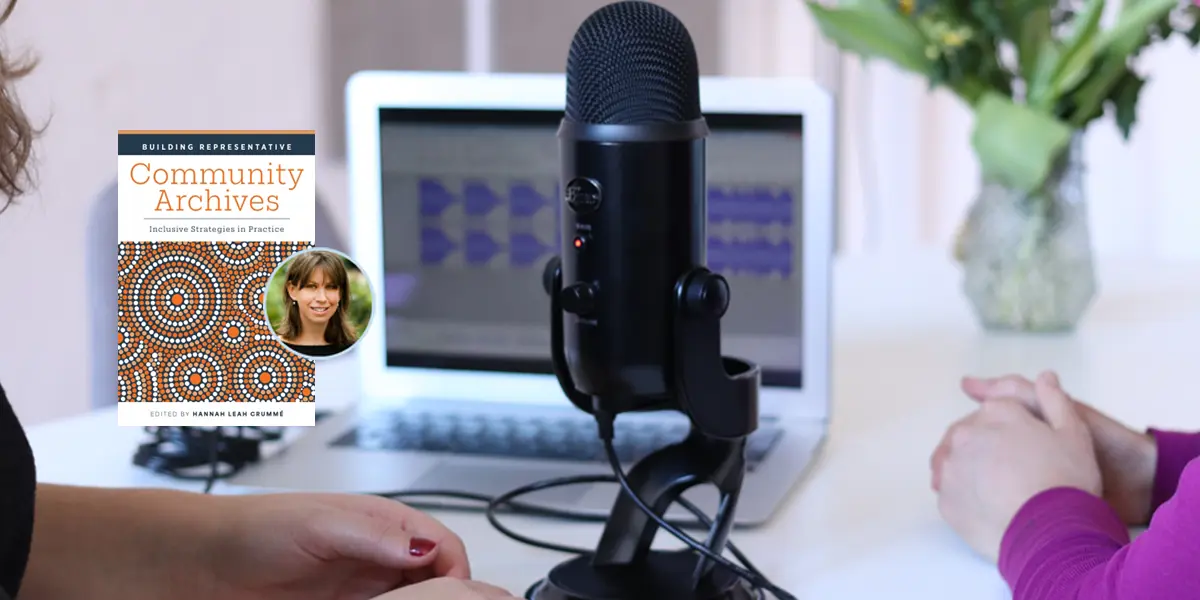
Interview with the Editor: Hannah Crummé on Inclusive Strategies in Practice
A framework for librarians and archivists on how to go back and reconstitute and reconstruct community histories more inclusivel...
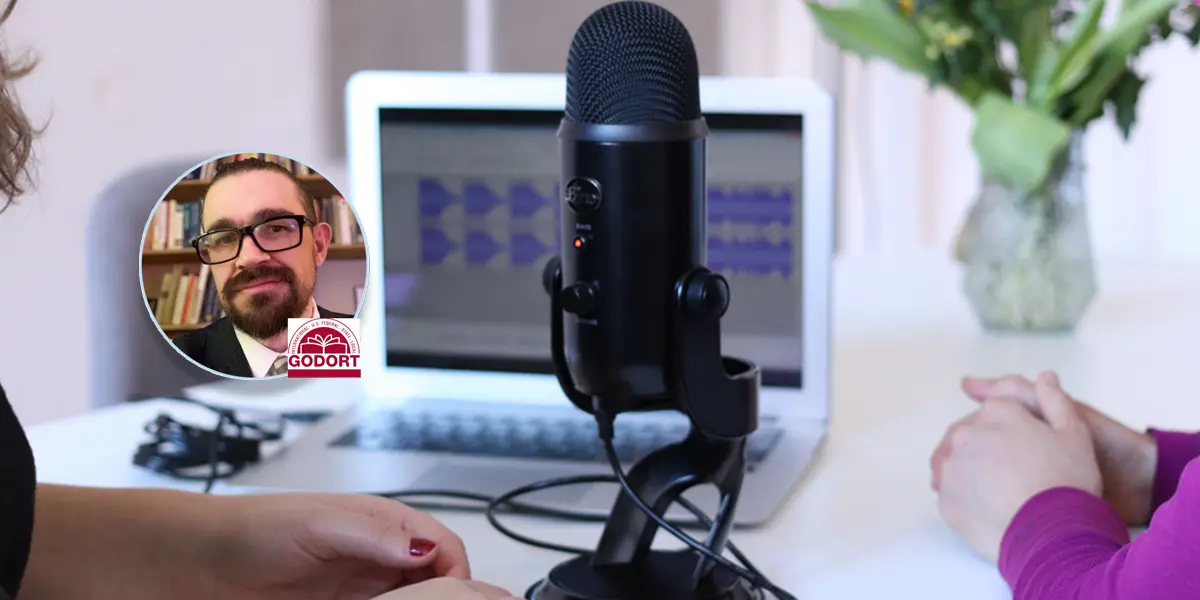
Interview with the Chair of ALA’s GODORT (Government Documents Roundtable)
Library expert’s interview with Benjamin Aldred, current chair of the Government Documents Roundtable of the American Library As...
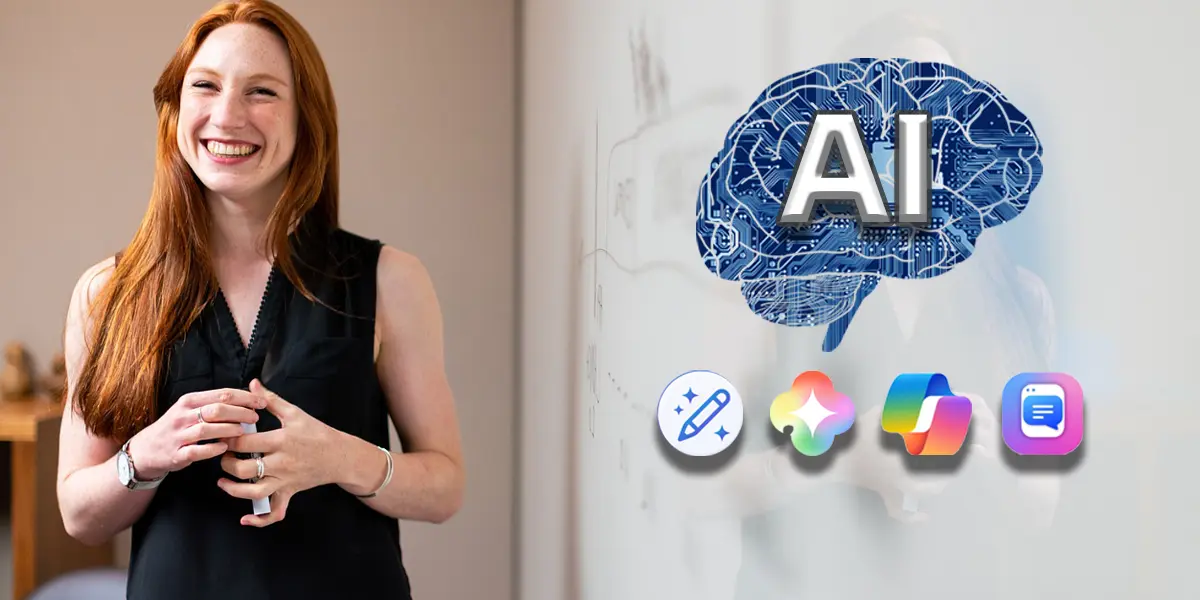
New AI Tools to Discover in 2024
Library expert’s list of new AI tools to explore; benefits and cautions, thoughts on how AI may shape life and work.
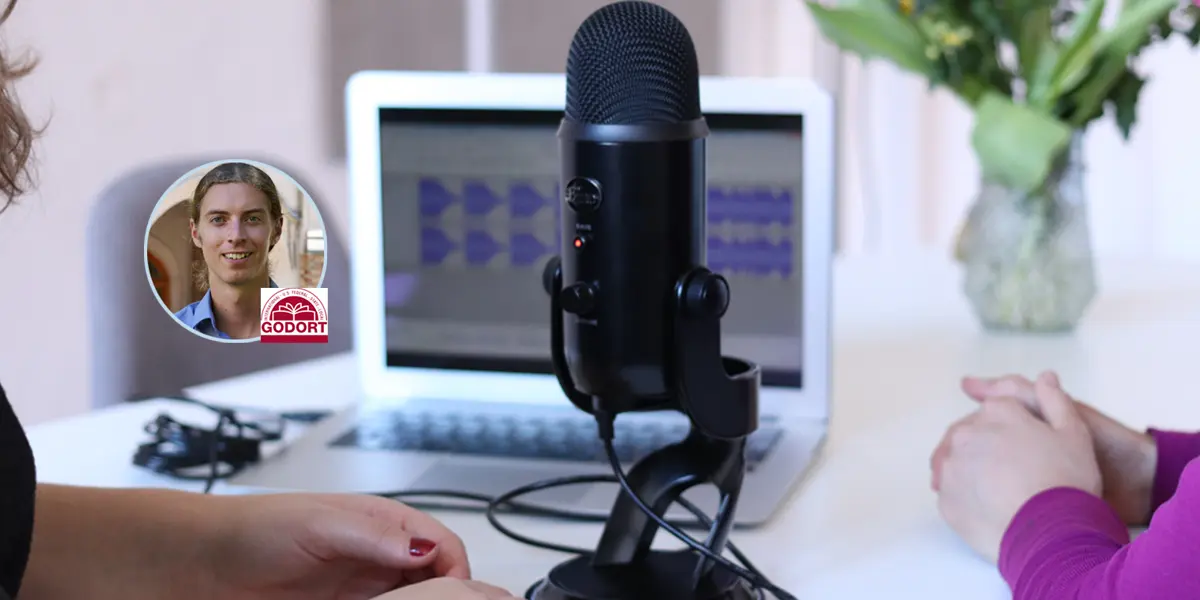
Interview with Kian Flynn,
past-Chair of ALA’s Government Documents Round Table
Government Documents Round Table (GODORT) past-Chair Kian Flynn describes its usefulness to government information librarians.
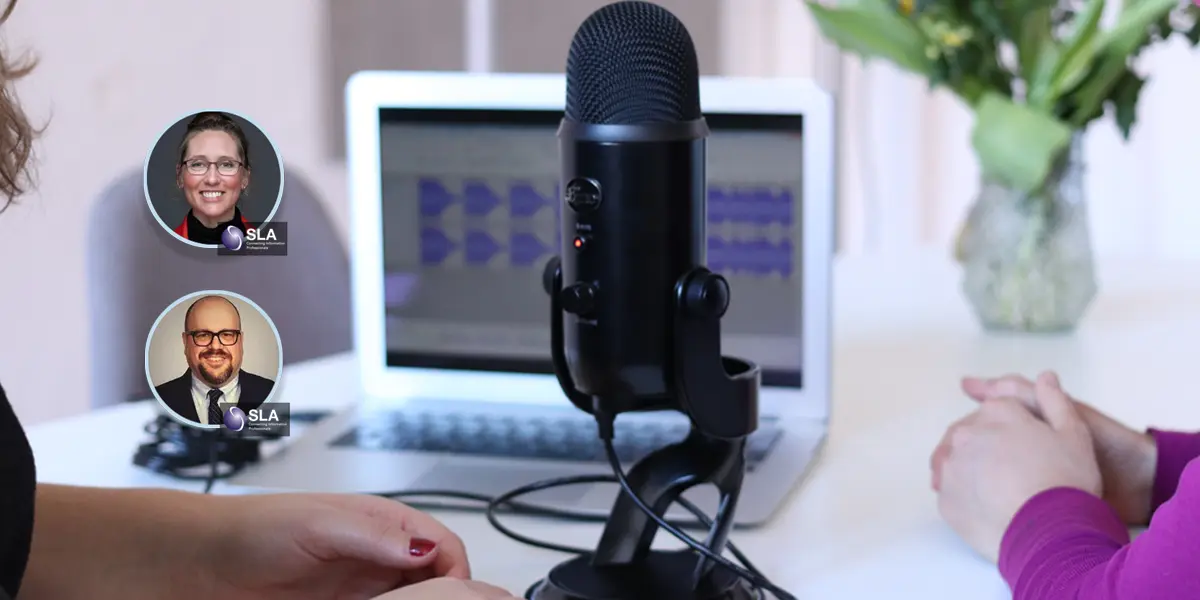
Interview with Leslie Steele and John DiGilio about SLA’s Future
Interview with the Executive Director and President of the Special Libraries Association about the future of SLA and its strateg...
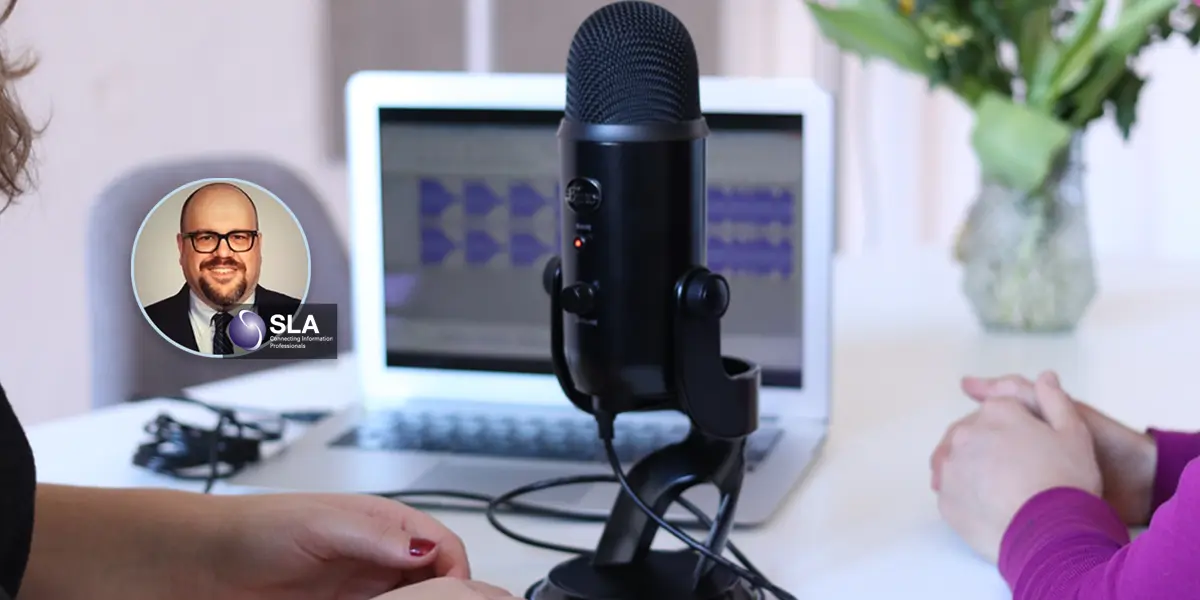
Interview with Incoming SLA President John DiGilio
Interview with John DiGilio, SLA President 2024, on the current state of special librarianship and the outlook for the Special L...
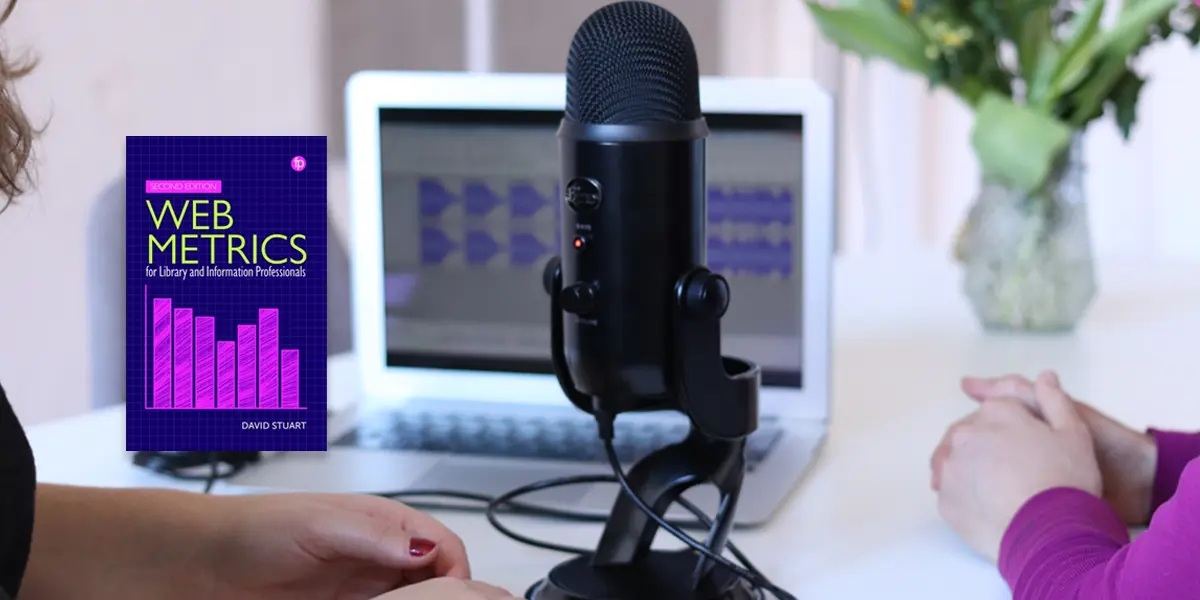
Interview with the author: David Stuart on Web Metrics for Librarians
Web Metrics for Library and Information Professionals is an introduction to the wide range of web metrics that provide useful in...
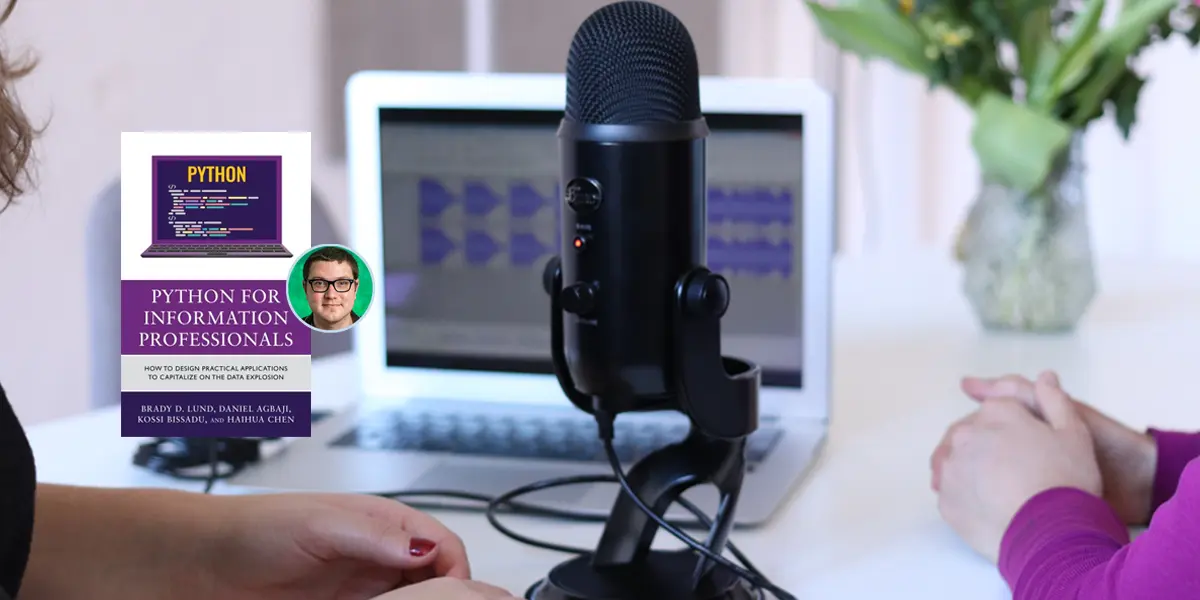
Interview with an author: Brady Lund Ph.D. on Python for Information Professionals
Interview with author of a book about the societal impact and ethics of using Python and data science tools; relevant to special...
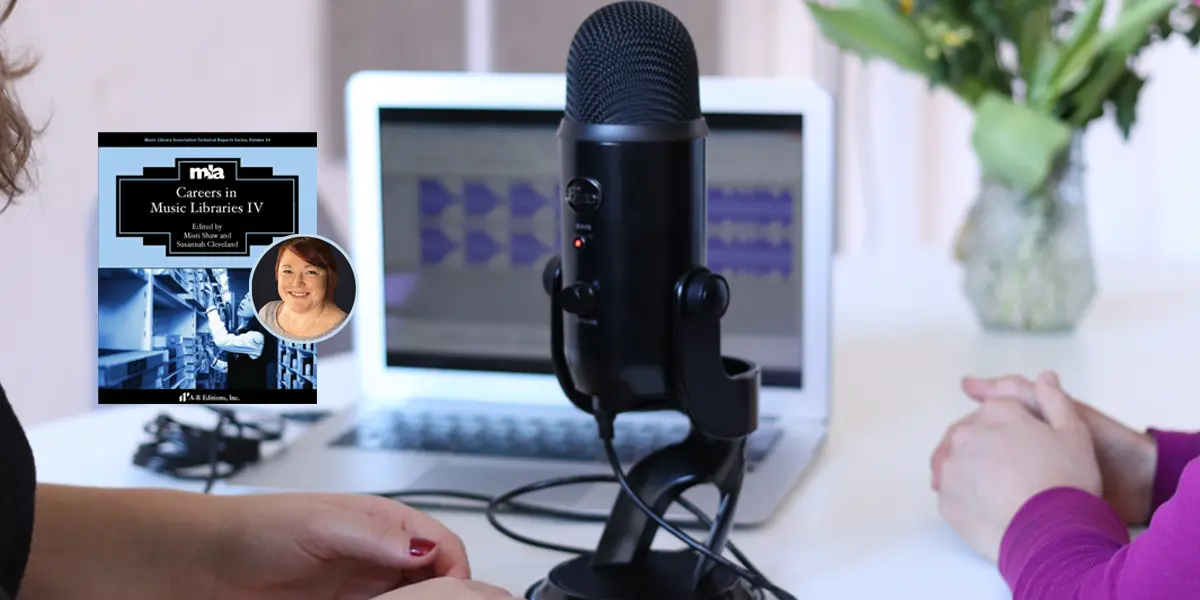
Interview with an Editor: Cleveland on Careers in Music Libraries
Interview with the co-editor of a book that helps those interested in pursuing music librarianship as a career.
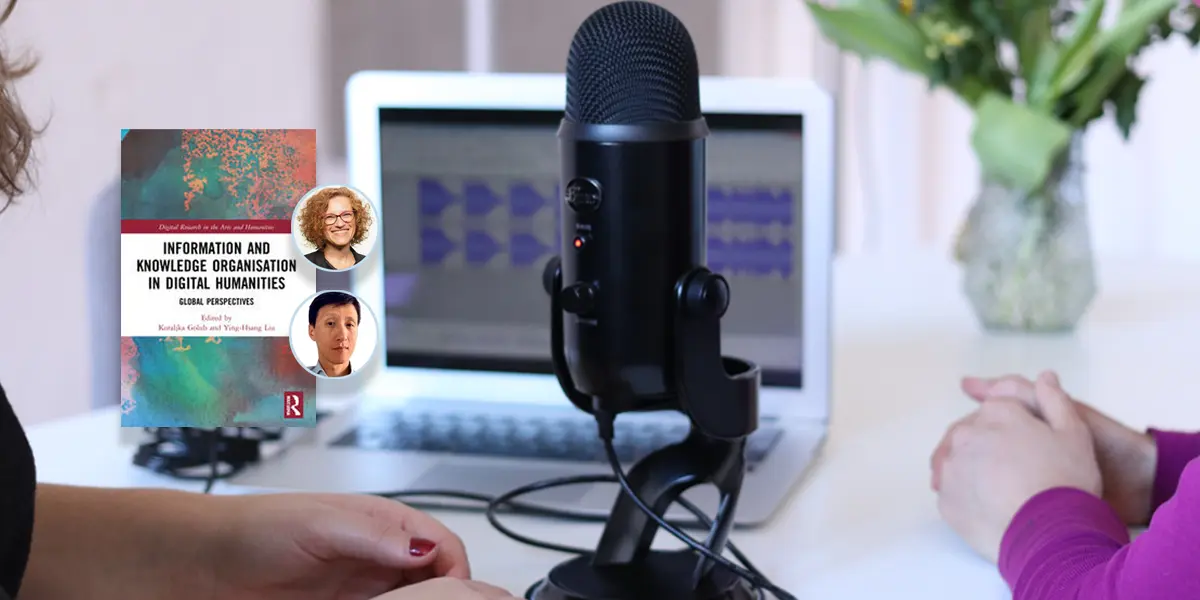
Interview with the Editors:
Golub and Liu on Information & Knowledge Organisation in Digital Humanities
Interview with the editors of a book that explores challenges involved in applying information organization in the various areas...
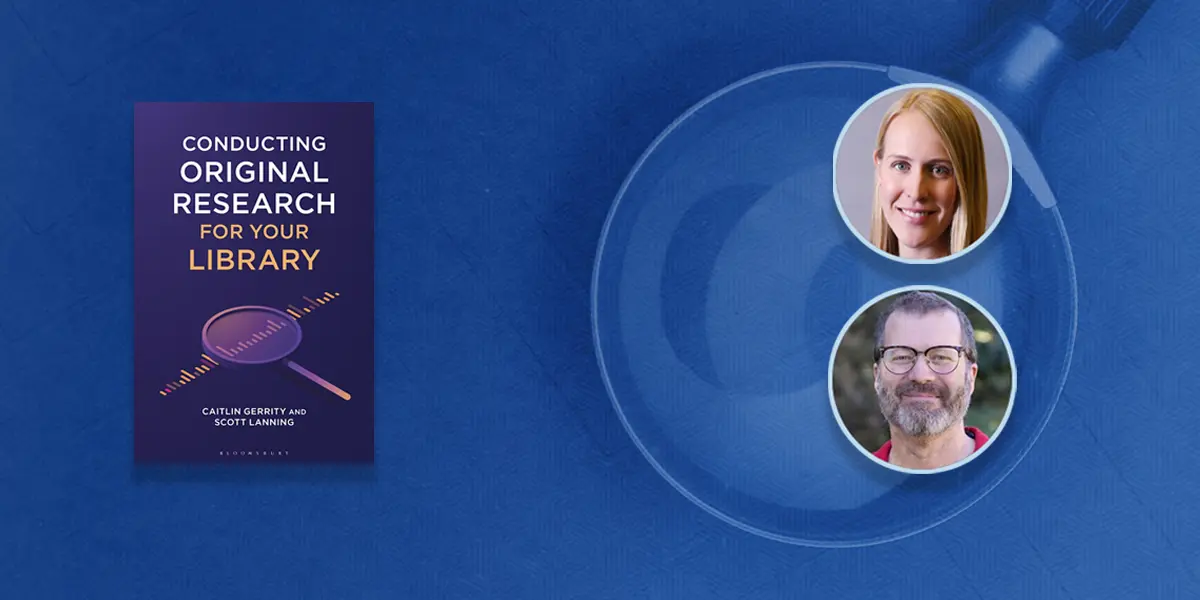
Interview with the Authors: Gerrity and Lanning on Conducting Original Research
New book for librarians on conducting original research offers detailed research methods and shows how to run and interpret stat...
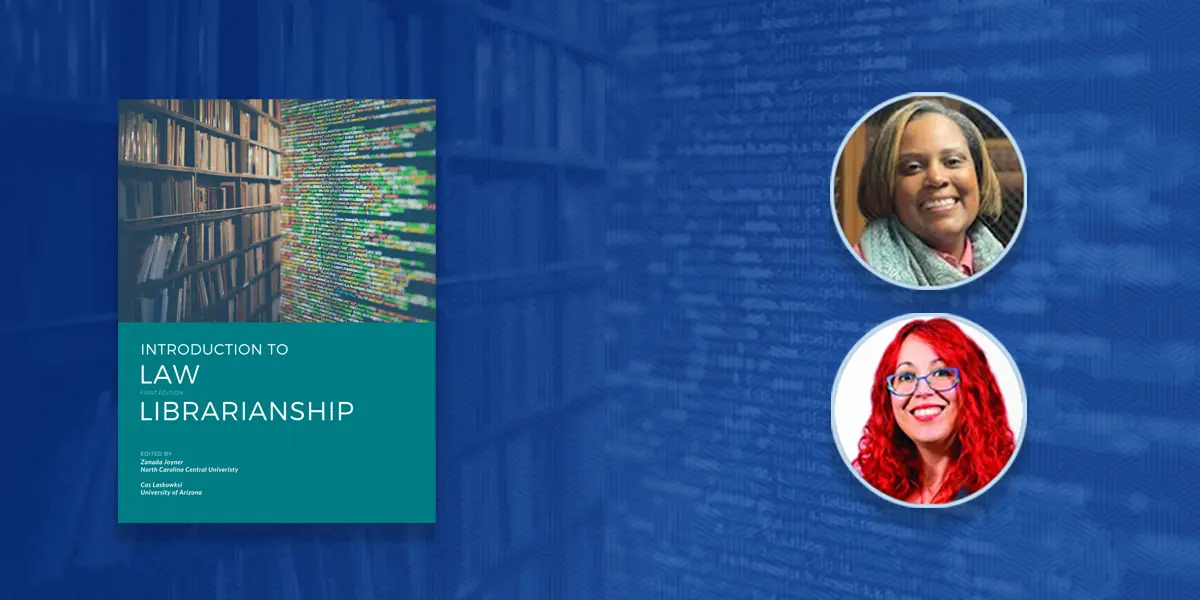
Interview with the Editors: Joyner and Laskowski on Law Librarianship
Interview with the editors of Introduction to Law Librarianship, the first and only open source textbook for the profession.
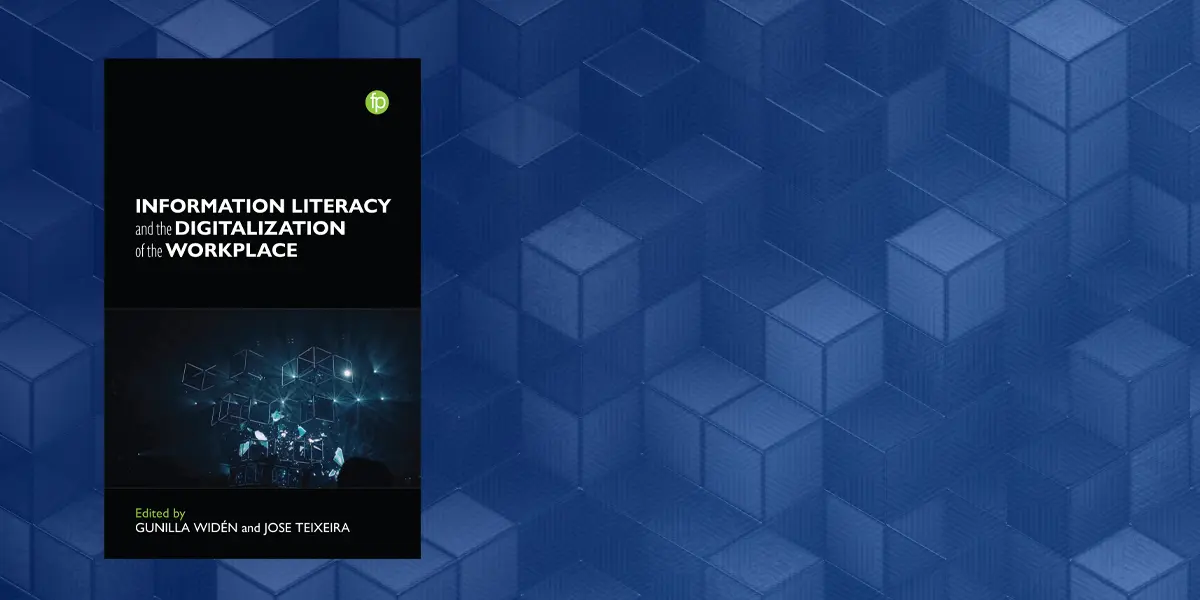
Interview with the Editors: Widén and Teixeira on Information Literacy
Interview with the editors of a new book that offers insight into information literacy needs in the workplace as technology evol...

Interview with the Authors: Kronenfeld and Kronenfeld, A History of Medical Libraries
Interview with the authors of A History of Medical Libraries and Medical Librarianship, with a view to the future of the profess...
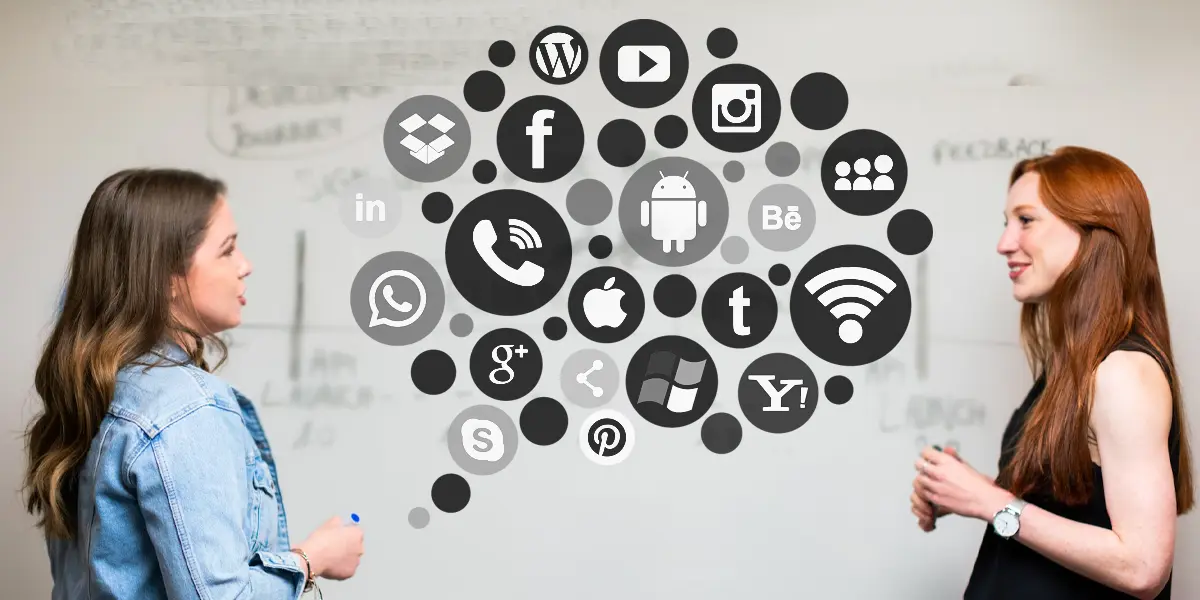
Favorite Instructional Design Resources for Special Librarians
Preferred resources for instructional design in special libraries, from library expert and instructional technology professor La...
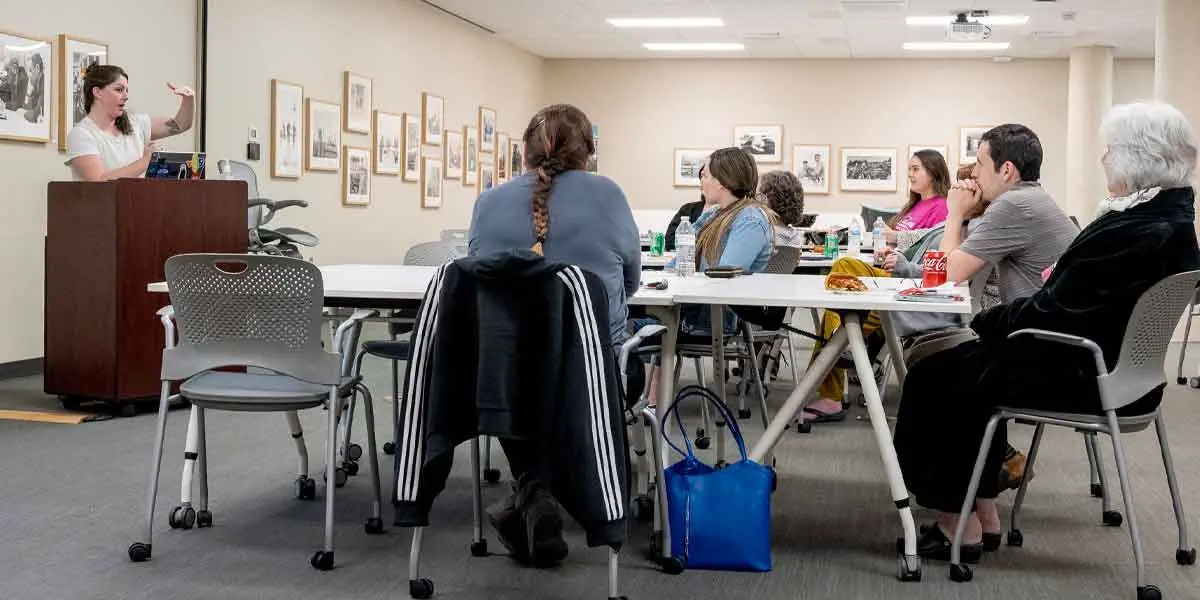
When Designing Library Instruction Focus on Interaction Types
Special librarians create instructional materials, lead workshops and training sessions; it’s important to know about instructio...
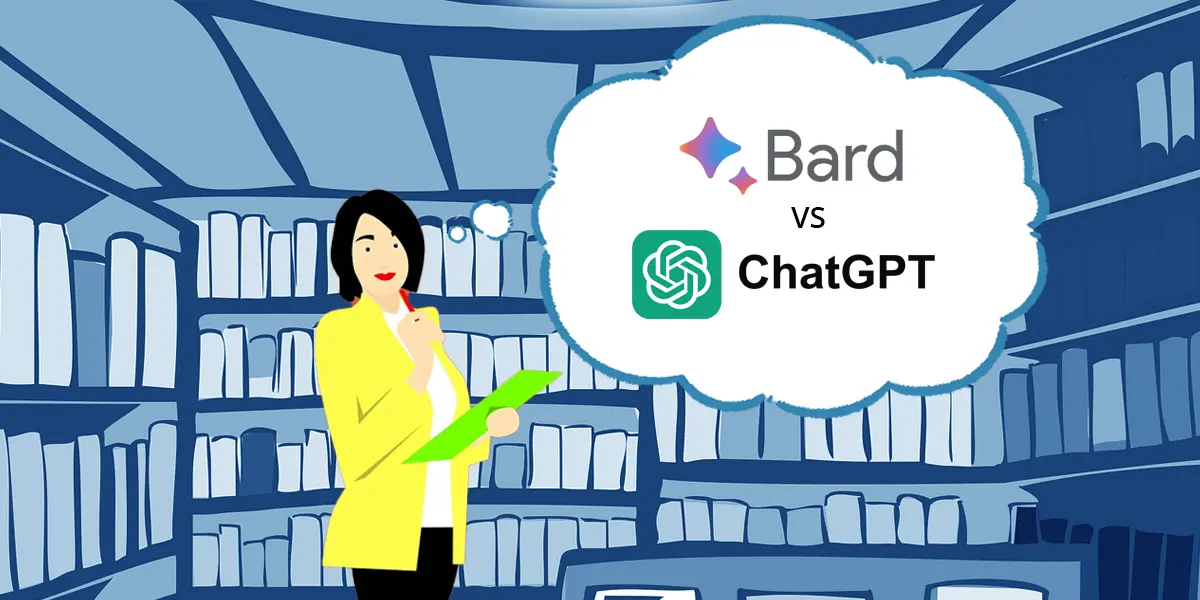
Google Bard vs. ChatGPT
Google Bard and ChatGPT are similar tools, but they have significant differences to be aware of; detailed analysis
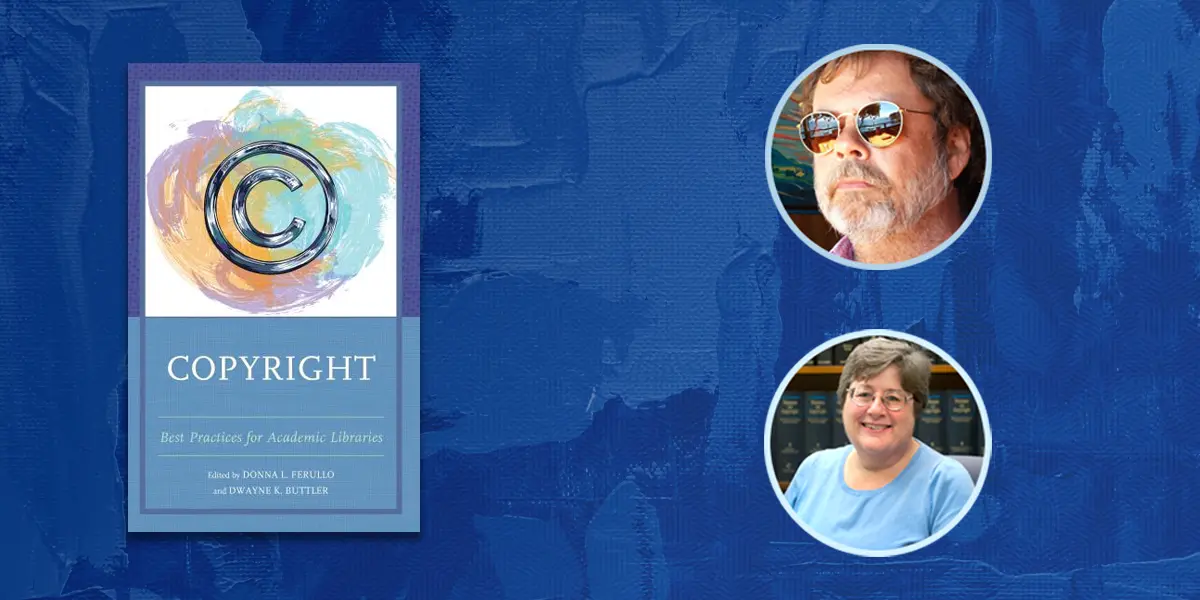
Interview with the Editors: Ferullo and Buttler on Copyright Best Practices
Copyright Best Practices includes chapters on fair use, music, images, data mining, and other topics relevant to special librari...
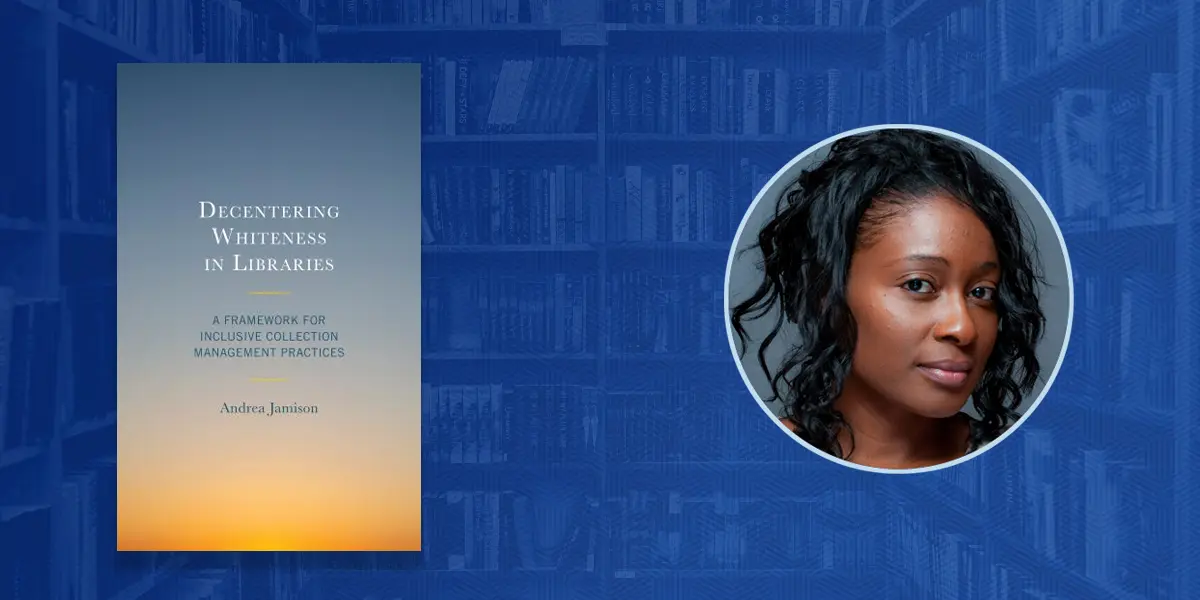
Interview with the Author: Dr. Andrea Jamison on Inclusive Collection Management
Librarians need to consider whom their collections represent and develop collection management policies to create equitable and ...
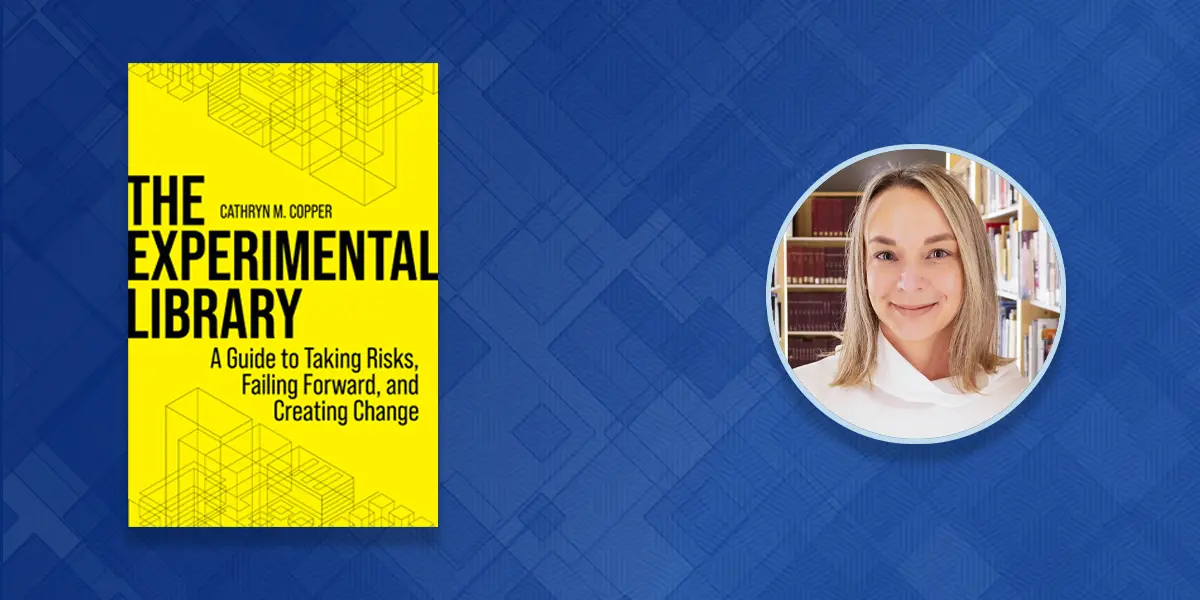
Interview with the Author: Cathryn Copper on The Experimental Library
Author interview: Cathryn Copper on The Experimental Library: A Guide to Taking Risks, Failing Forward, and Creating Change
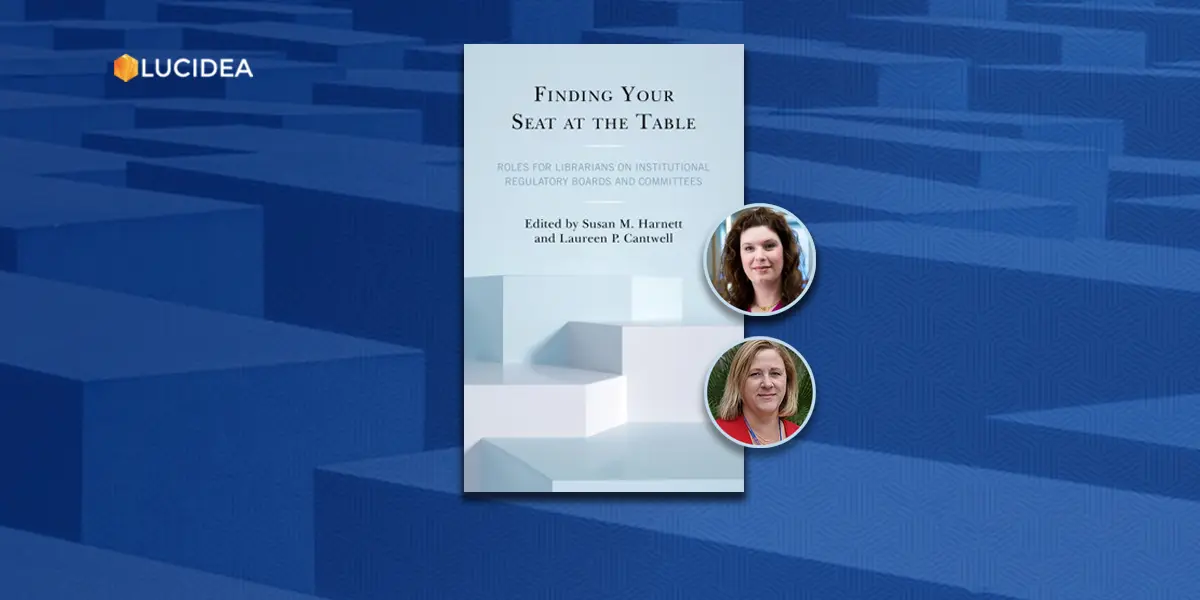
Interview with the Editors: Harnett and Cantwell, Roles for Librarians on Boards and Committees
Editor interview: Harnett and Cantwell, Finding Your Seat at the Table: Roles for Librarians on Institutional Regulatory Boards ...
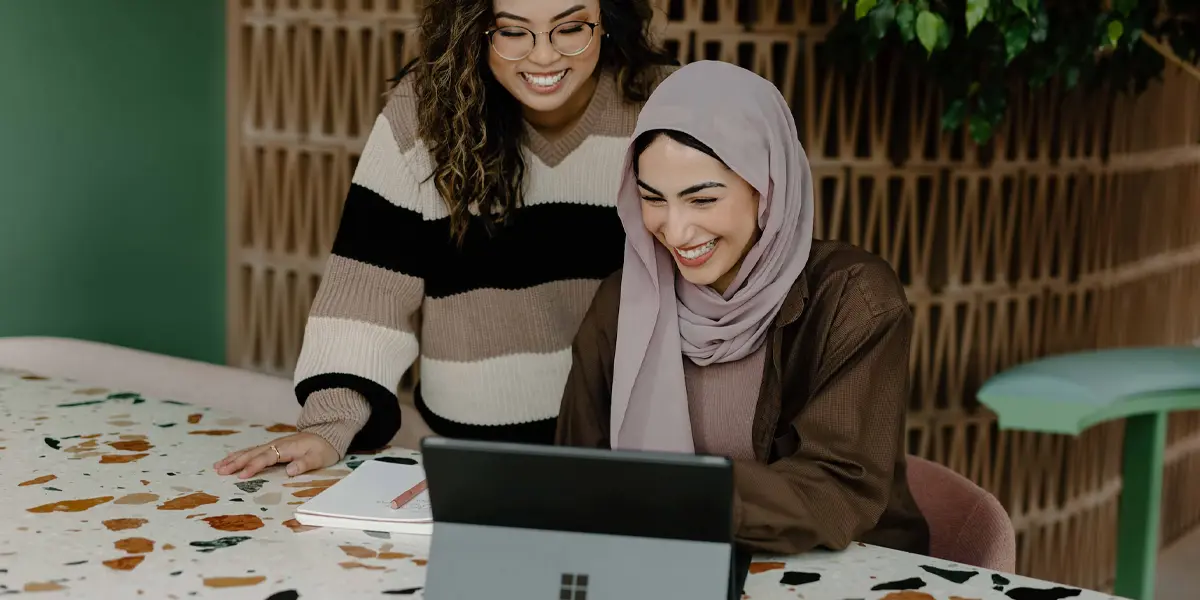
Fun Productivity and Educational Tools for Librarians
Dr. Lauren Hays shares some of her Fun Productivity and Educational Tools for Librarians as summer fades and the academic year b...
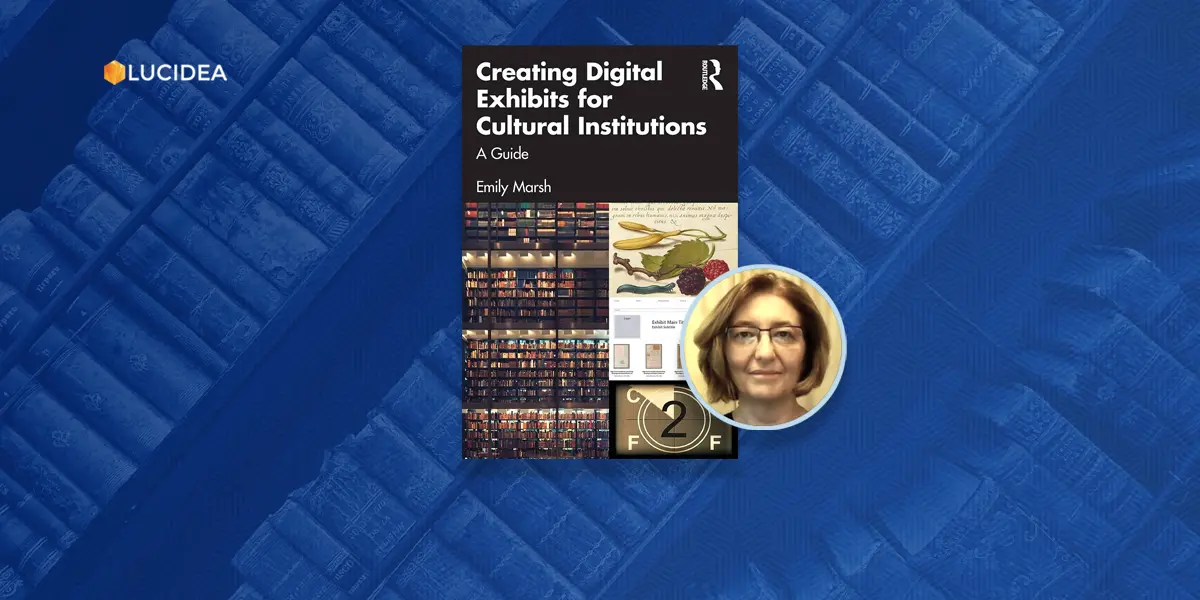
Interview with the Author: Emily Marsh on Creating Digital Exhibits
Librarians possess many of the necessary skills and tools for creating exhibits; interview with Emily Marsh, author of Creating ...
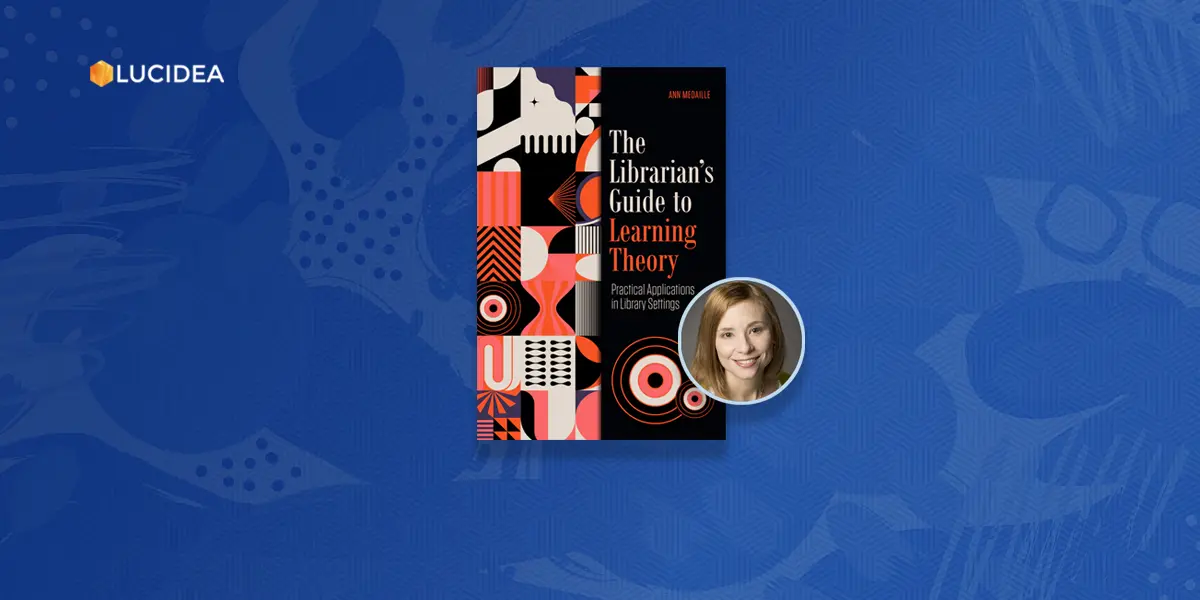
Interview with the Author: Dr. Ann Medaille on Learning Theory in Libraries
All librarians and information professionals regularly make choices that support better learning; knowing learning theories help...
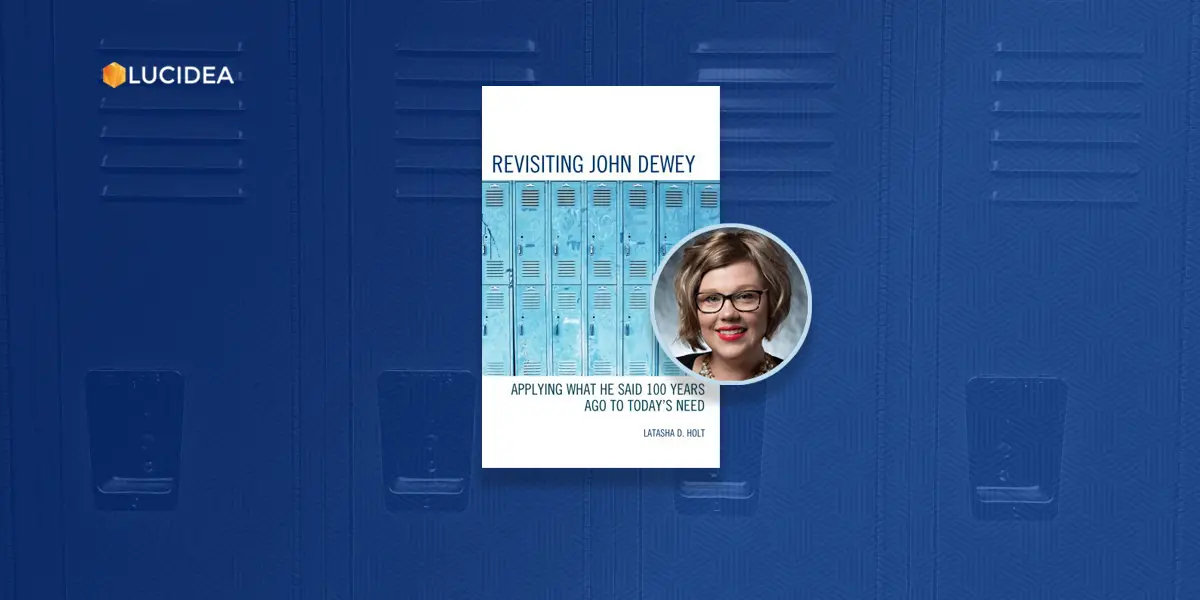
Interview with the Author: Dr. Latasha Holt on Revisiting John Dewey
Librarians can get ideas on connecting with our communities as other educators do; revisit John Dewey’s principles
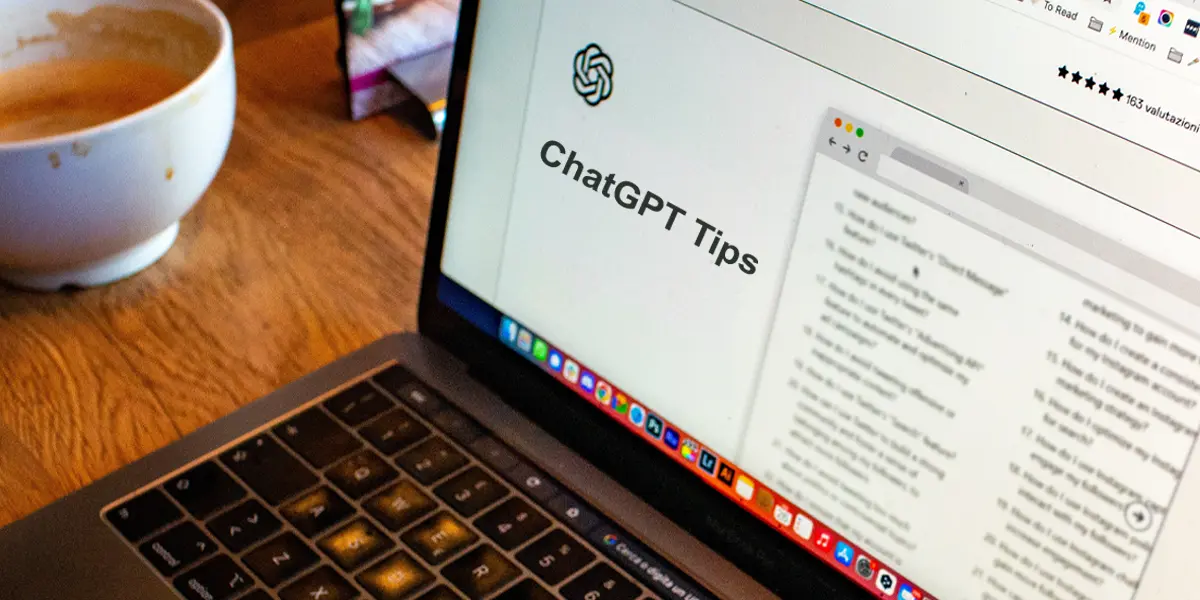
ChatGPT Tips
Library instruction expert Dr. Lauren Hays highlights several Chrome extensions and various plugins for librarians to use when e...
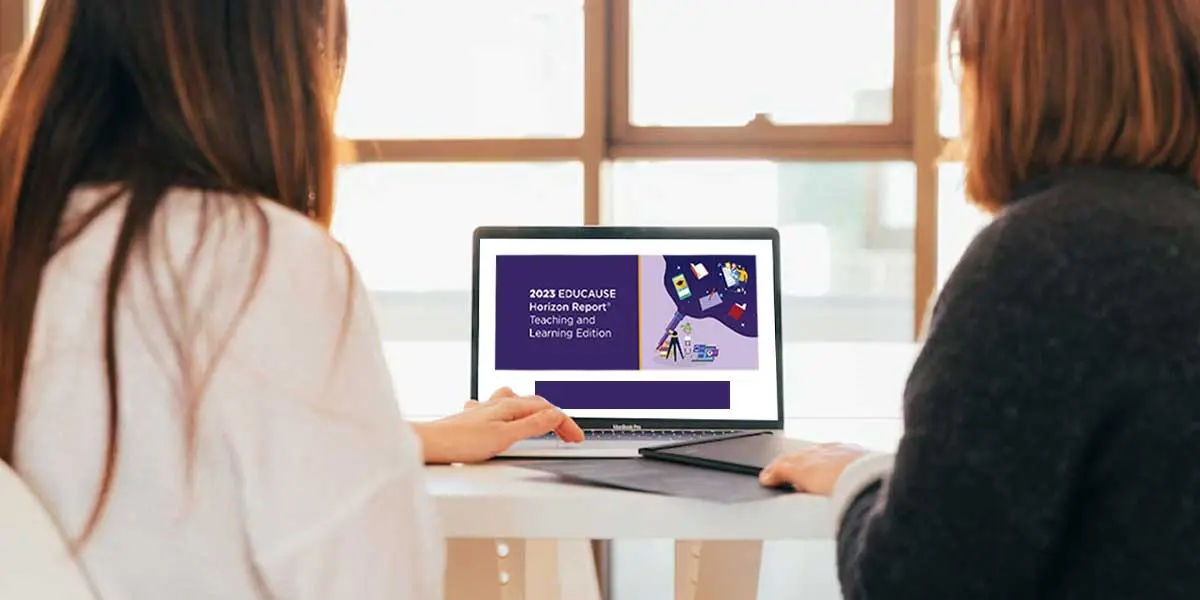
Technology on the Horizon
The Horizon Report offers insight into what technology trends we need to be aware of in special libraries where teaching and lea...
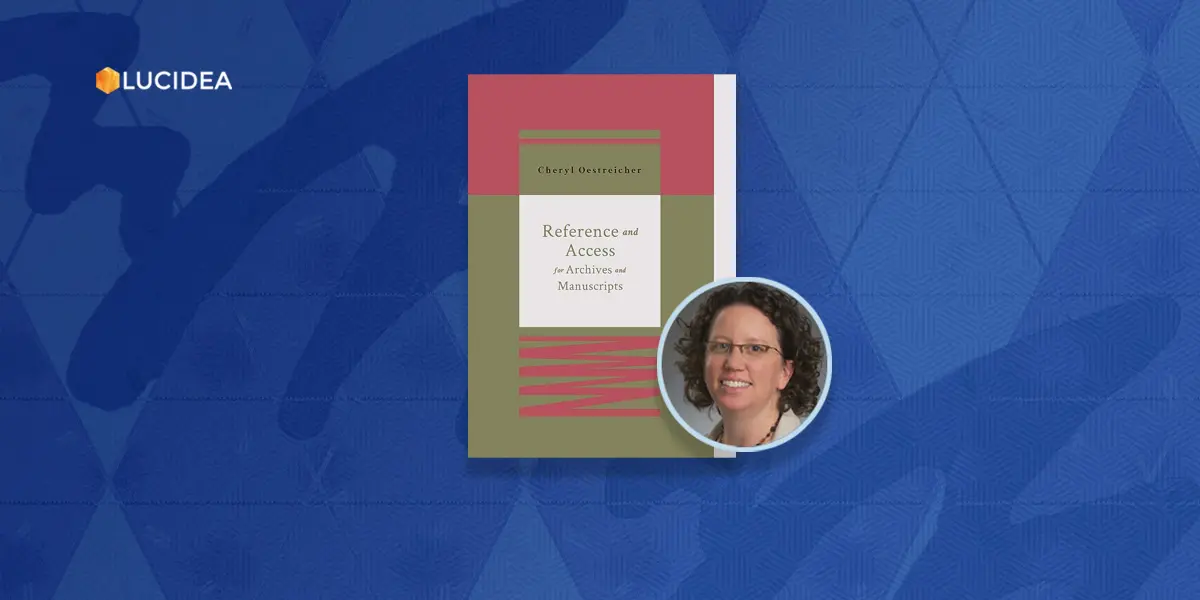
Interview with the Author: Cheryl Oestreicher on Reference and Access for Archives
Lauren Hays interviewed Cheryl Oestreicher about her book’s theme: access is the goal of all archival work, and all archival fun...
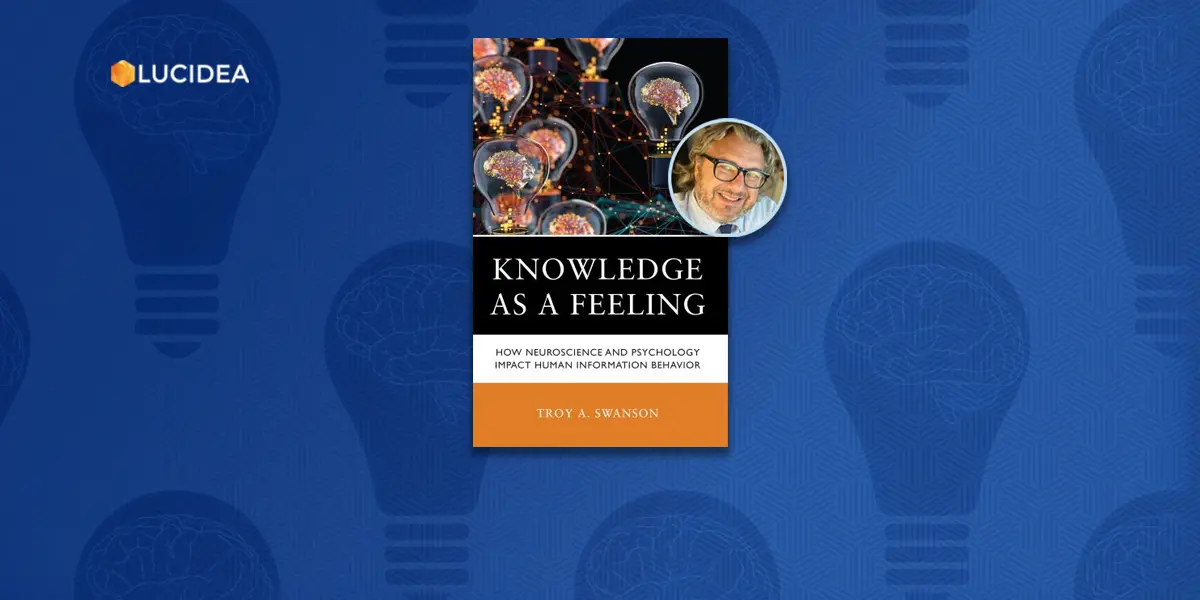
Interview with the Author: Dr. Troy Swanson on Knowledge as a Feeling
Lauren Hays’ interview with Dr. Troy Swanson author of Knowledge as a Feeling, which examines how neuroscience and psychology in...
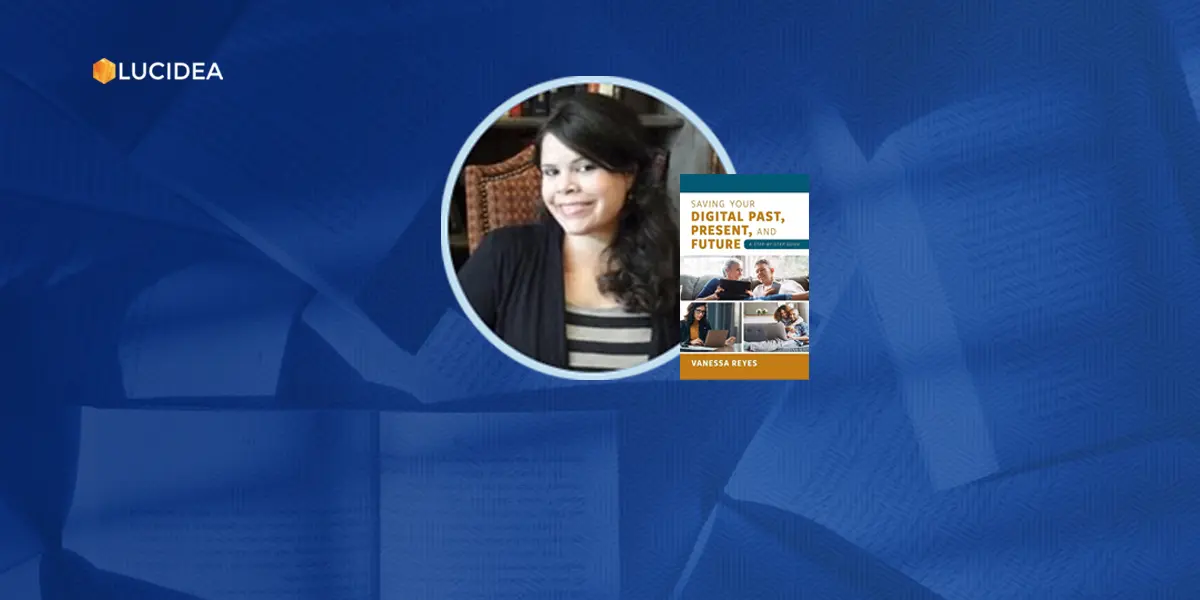
Interview with the Author: Dr. Vanessa Reyes Describes Her Writing Process
Lauren Hays interview with Dr. Vanessa Reyes on the process of writing a book; tips that will help you prepare and succeed.
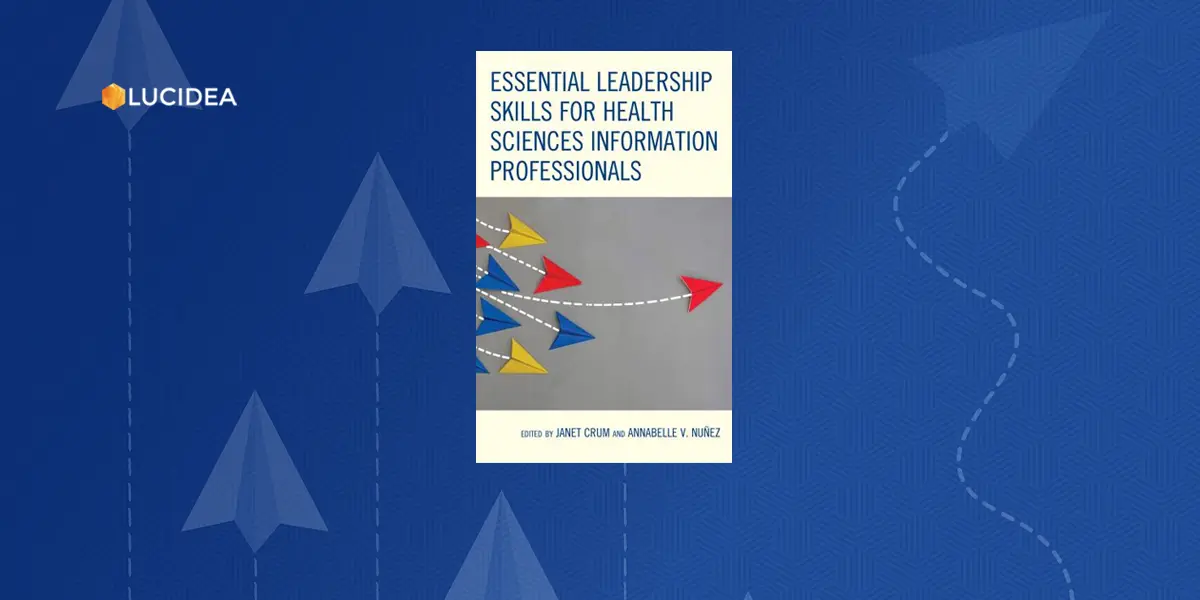
Interview with the Editors: Crum and Nunez, Essential Leadership Skills for Health Sciences Information Professionals
Many librarians are promoted into leadership roles without training to help them succeed; highlights of book intended to bridge ...
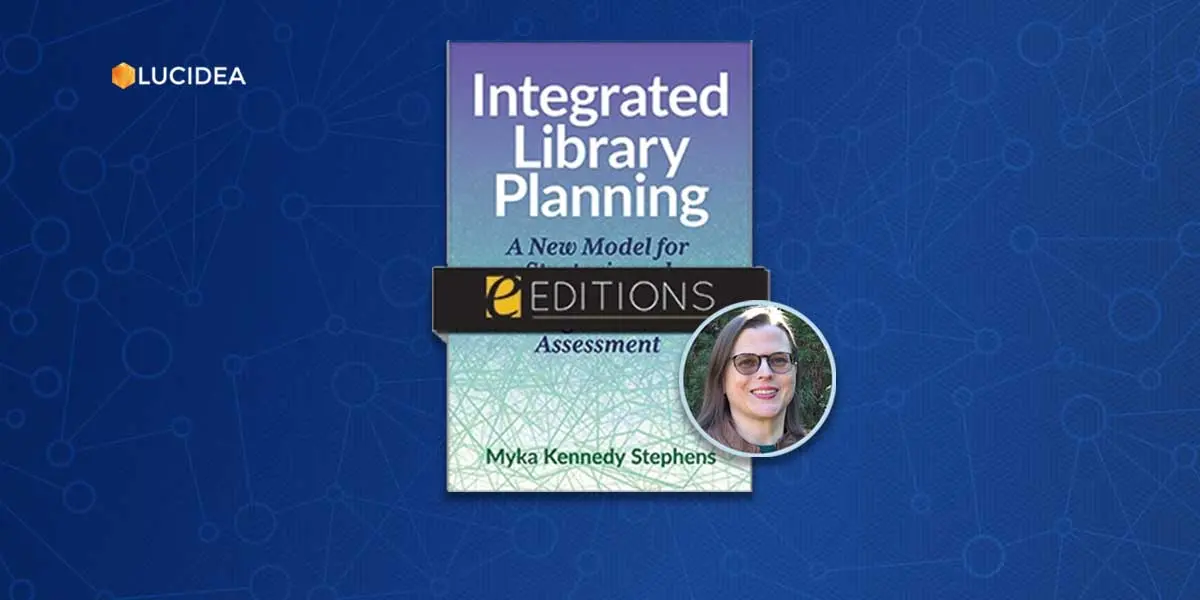
Interview with the Author: Myka Kennedy Stephens on Integrated Library Planning
Integrated Library Planning is a model that can help librarians become more resilient in an environment under constant change.
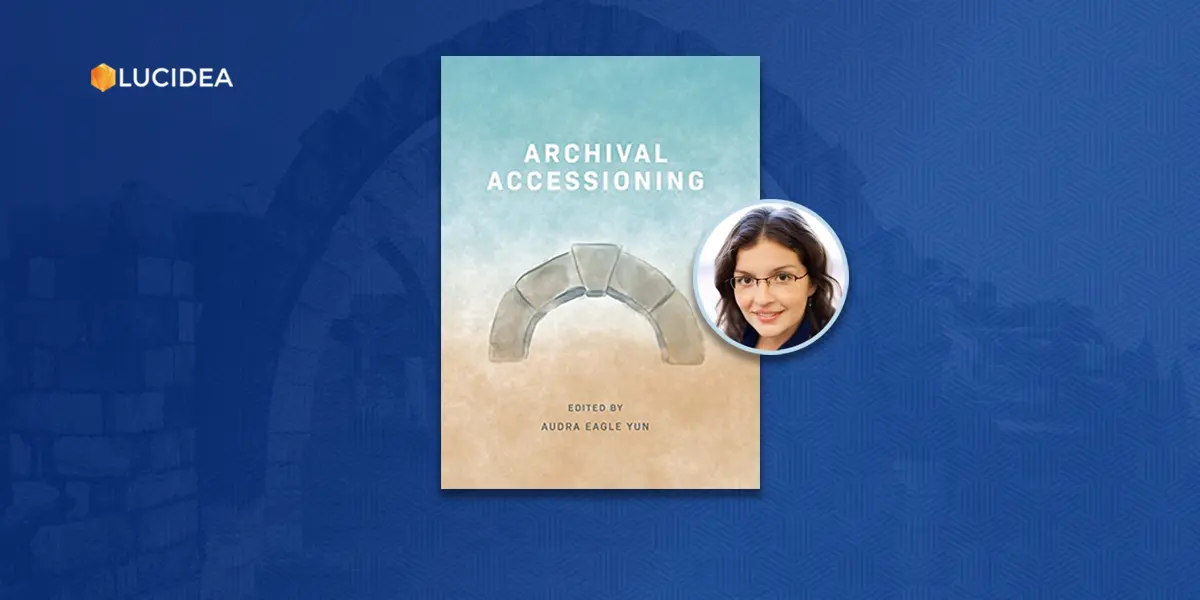
Interview with the Author-Editor: Audra Eagle Yun on Archival Accessioning
Archival accessioning is at the heart of holistic, extensible collection management – you *can* create your own archival accessi...
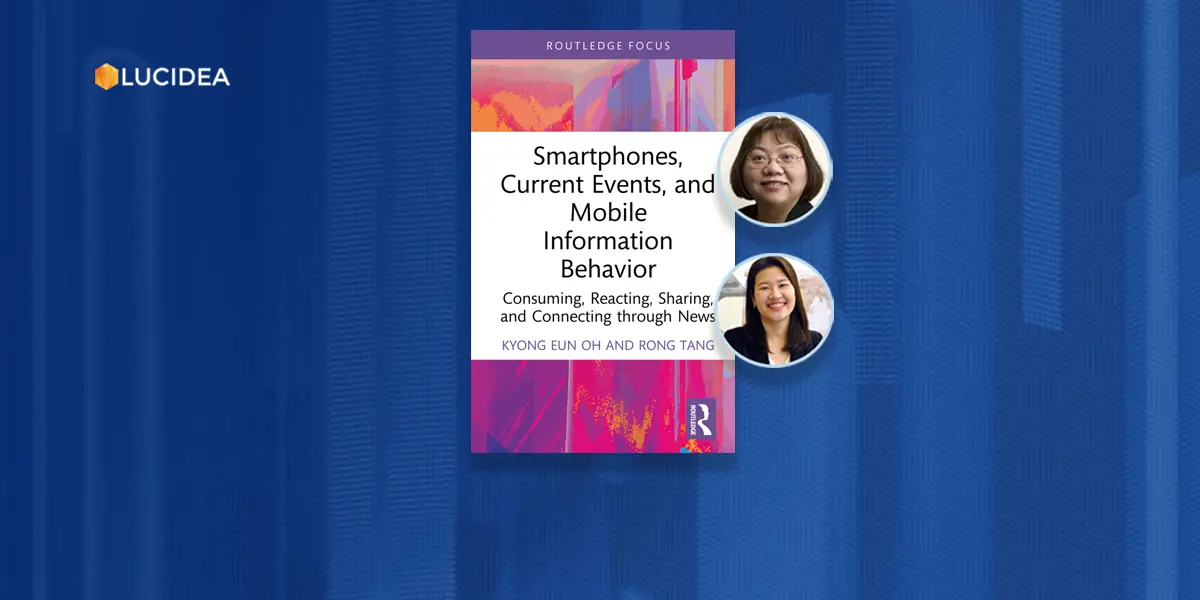
Interview with the Authors: Kyong Eun Oh and Rong Tang on Smartphones & Current Events
Mobile news consumption is an integral part of people’s daily lives—its impact on participation in political and social lives ca...
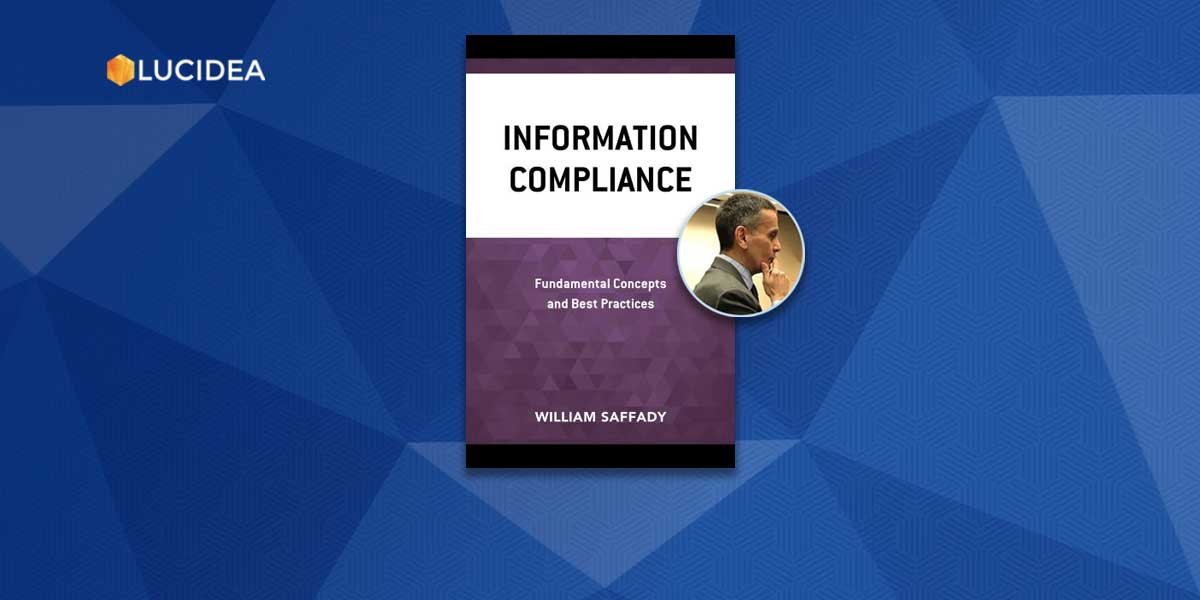
Interview with the Author: William Saffady on Information Compliance
Information compliance is a multi-faceted concept that affects every aspect of information processing and management, including ...

Interview with the Author: Dr. V. Reyes, Saving Your Digital Past, Present, and Future
Overview of book about the concepts associated with preserving and managing personal digital information, PIM (personal informat...

Summer 2023 Reading Recommendations
Dr. Lauren Hays’ reading recommendations for librarians, writers, teachers, and those interested in the intersection of technolo...
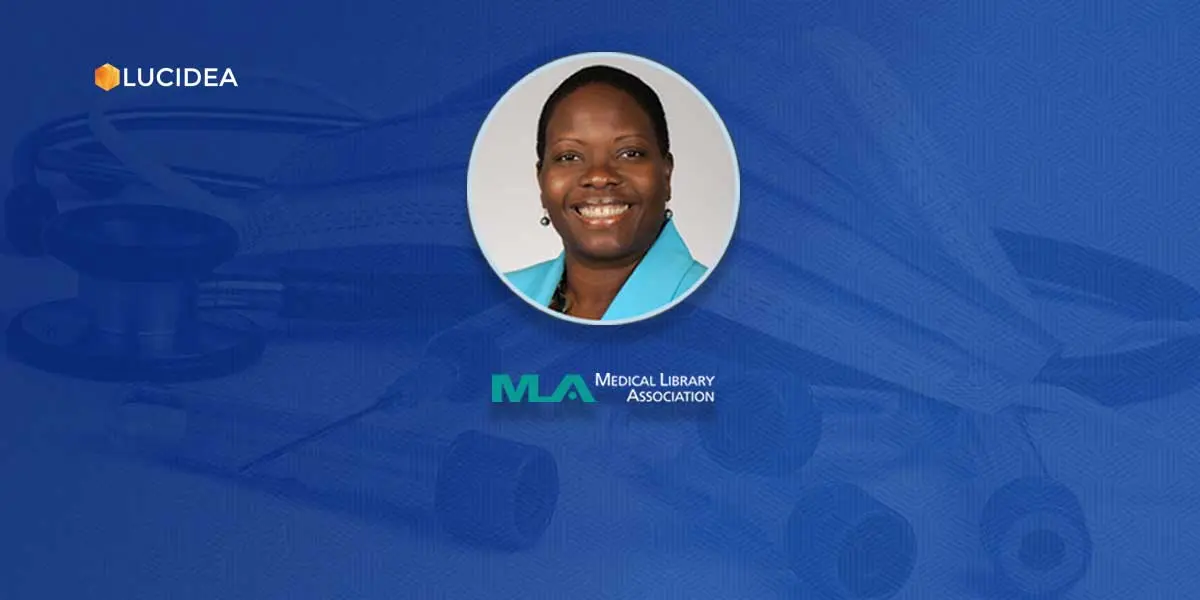
Interview with Shannon Jones, MLA President
Discussion of the Medical Library Association’s goals and initiatives with the 2023 President of the MLA, Shannon Jones.
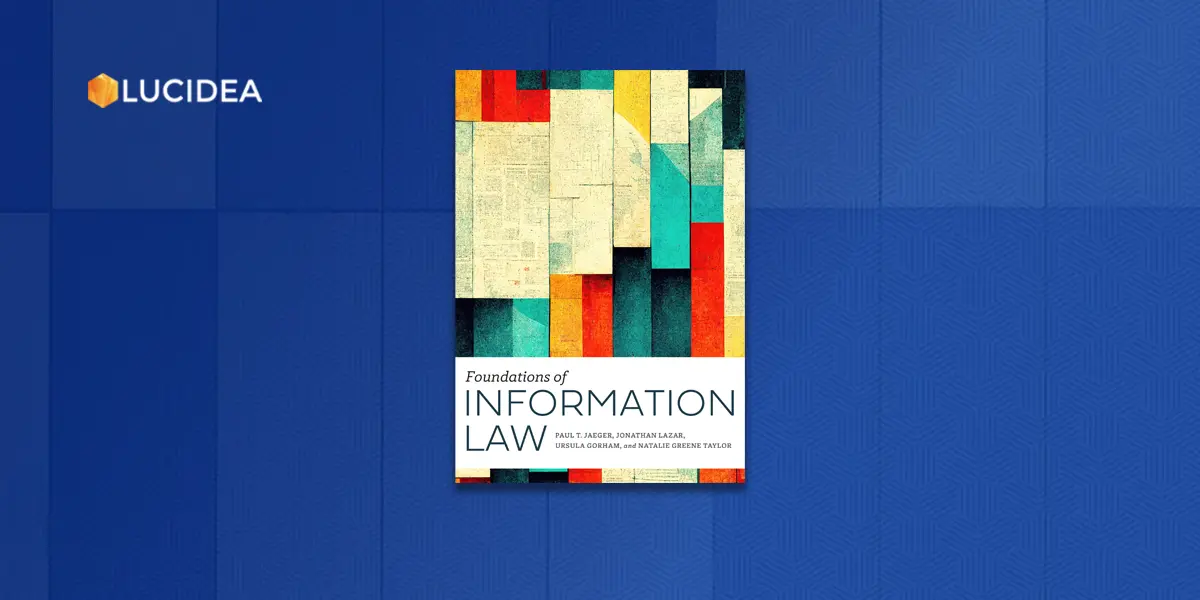
Interview with Jaeger, Lazar, Gorham, and Greene Taylor on Information Law
The book Foundations of Information Law makes the law relevant, understandable, and knowable to current and future librarians
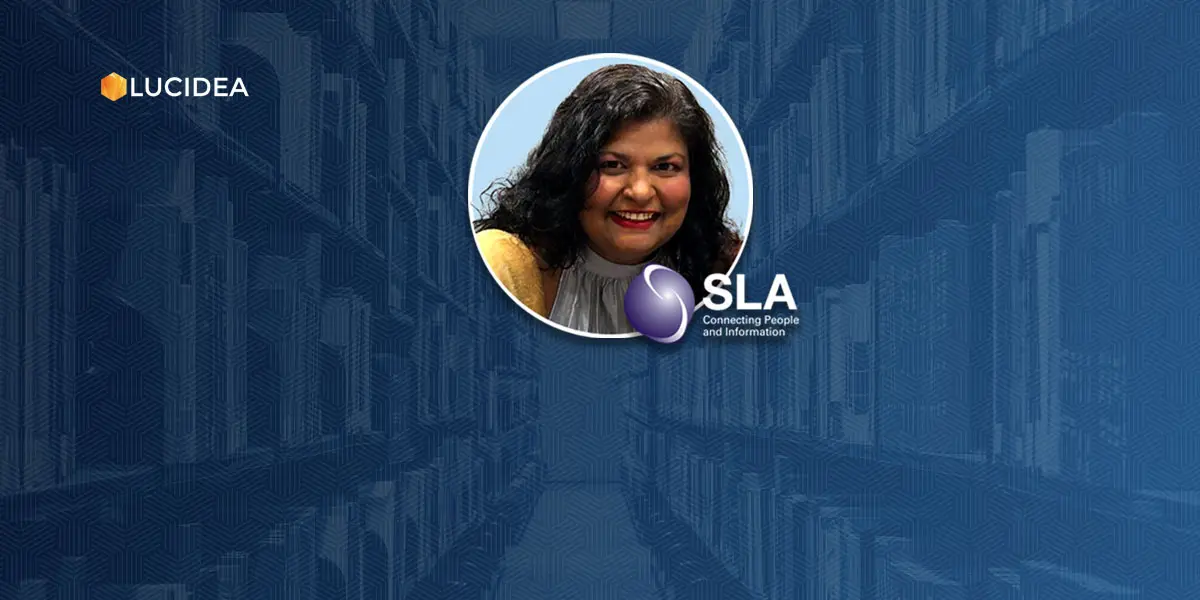
Interview with SLA’s President 2023, Seema Rampersad
I recently enjoyed a conversation with Seema Rampersad, the current President of the Special Libraries Association. Our intervie...
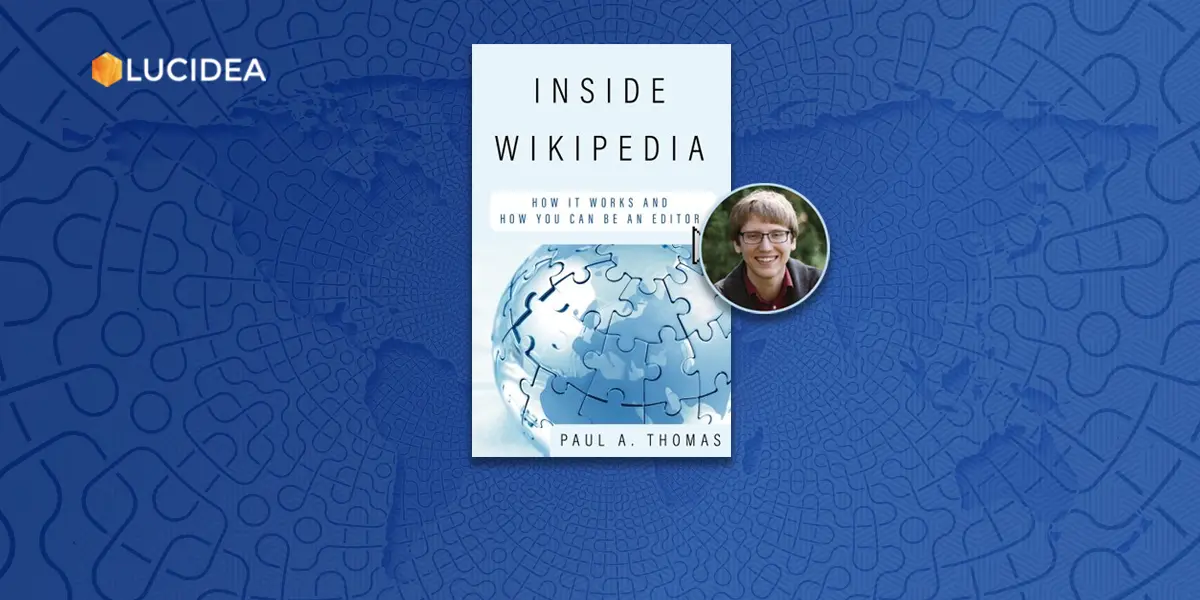
Interview with the author: Paul A. Thomas, Inside Wikipedia
Thomas’ book Inside Wikipedia is his attempt to present a succinct, readable, and thorough introduction to Wikipedia, aimed squa...
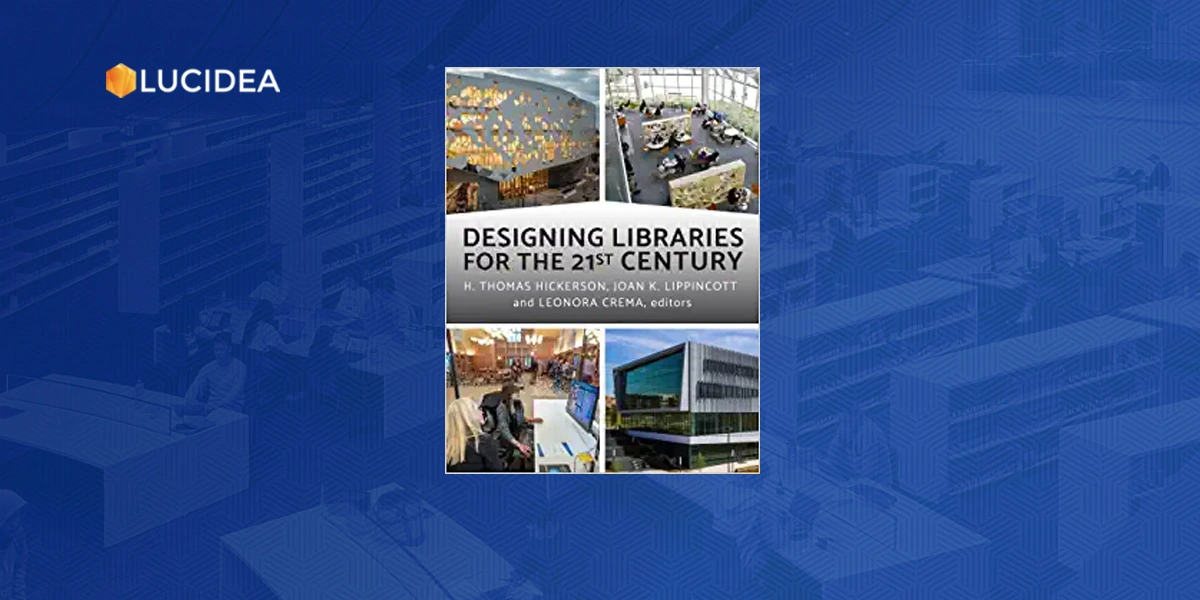
Interview with the editors: Hickerson, Lippincott, and Crema on Designing Libraries
Interview with editors of Designing Libraries for the 21st Century; focused on academic libraries, but relevant and applicable t...
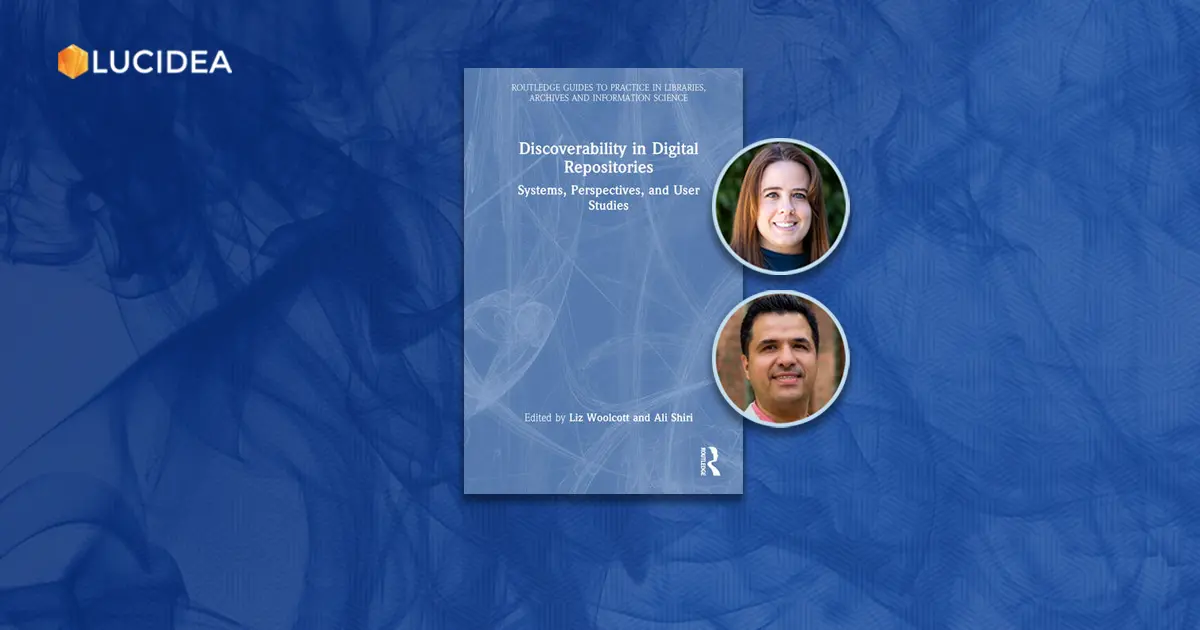
Interview with the editors: Shiri and Woolcott on Discoverability in Digital Repositories
Interview with editors of a book that examines how discoverability occurs in digital repositories, focusing on both systems and ...
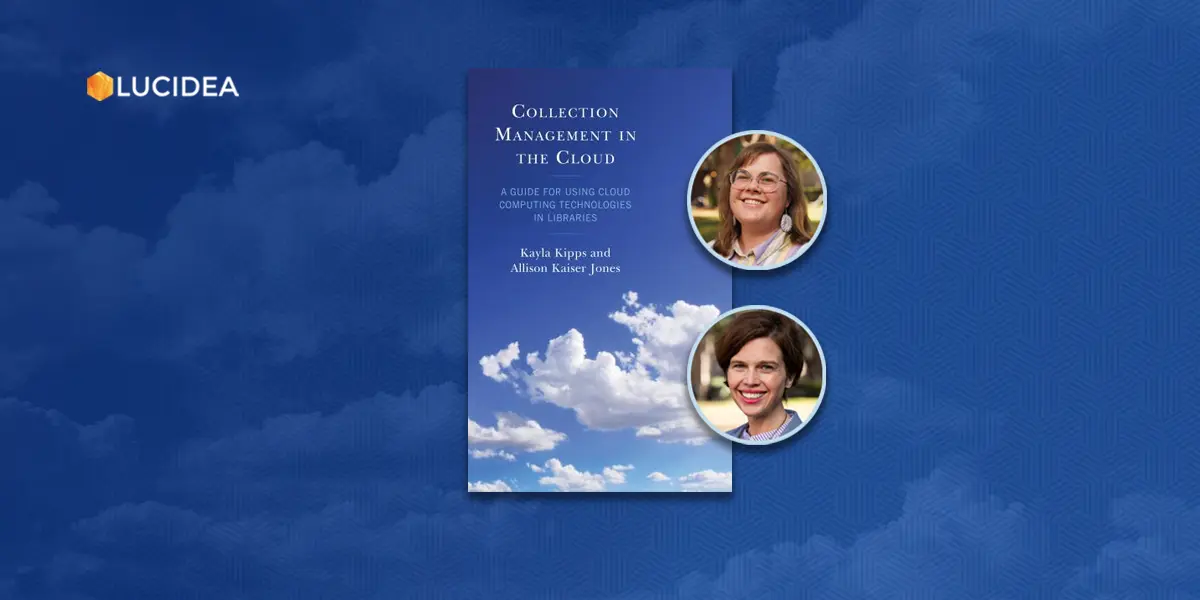
Interview with the authors: Kipps and Jones on Collection Management in the Cloud
Collection Management in the Cloud is a “how-to” book exploring cloud-based technologies for managing everyday library collectio...
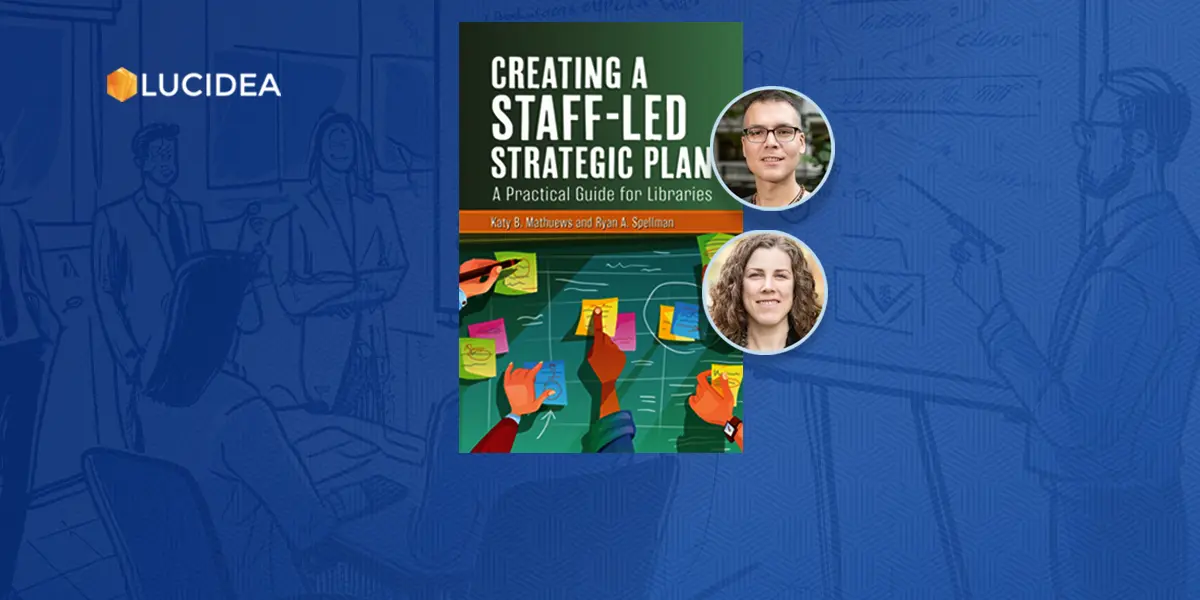
Interview with the authors: Mathuews and Spellman on Staff-led Strategic Plans
Staff-led strategic planning is an inclusive approach that engages and empowers staff to develop a strategic plan for their libr...
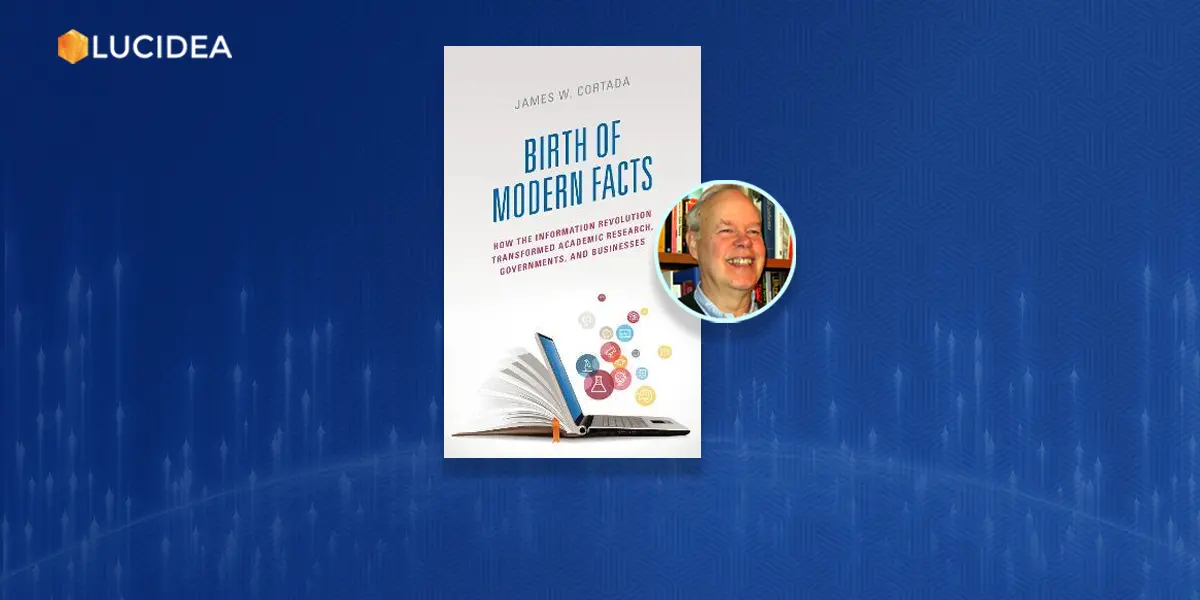
Interview with the author: Cortada on the Information Revolution
Interview with author of history of how information increased in quantity and variety during past 200 years, how that happened, ...
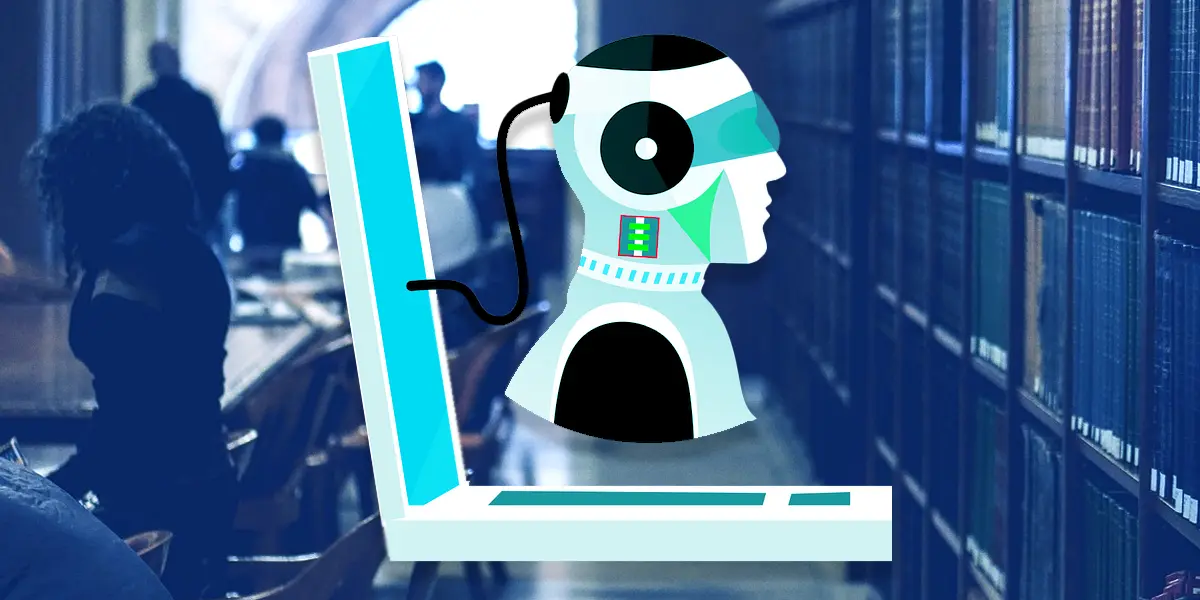
Generative AI; Relevance to Librarians
Generative AI can be used in libraries in databases, in the chat systems librarians use, and in cataloging.
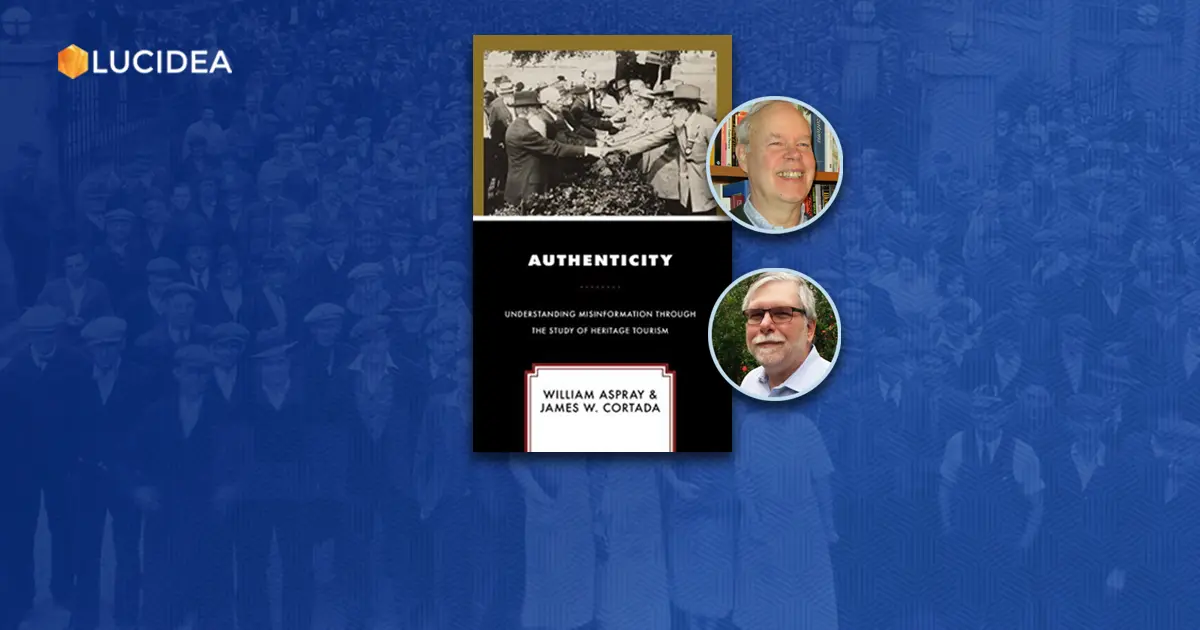
Interview with the Authors: Aspray and Cortada, Authenticity and Misinformation
Interview with the authors of a book that explores the nature of authenticity and misinformation through the lens of heritage to...
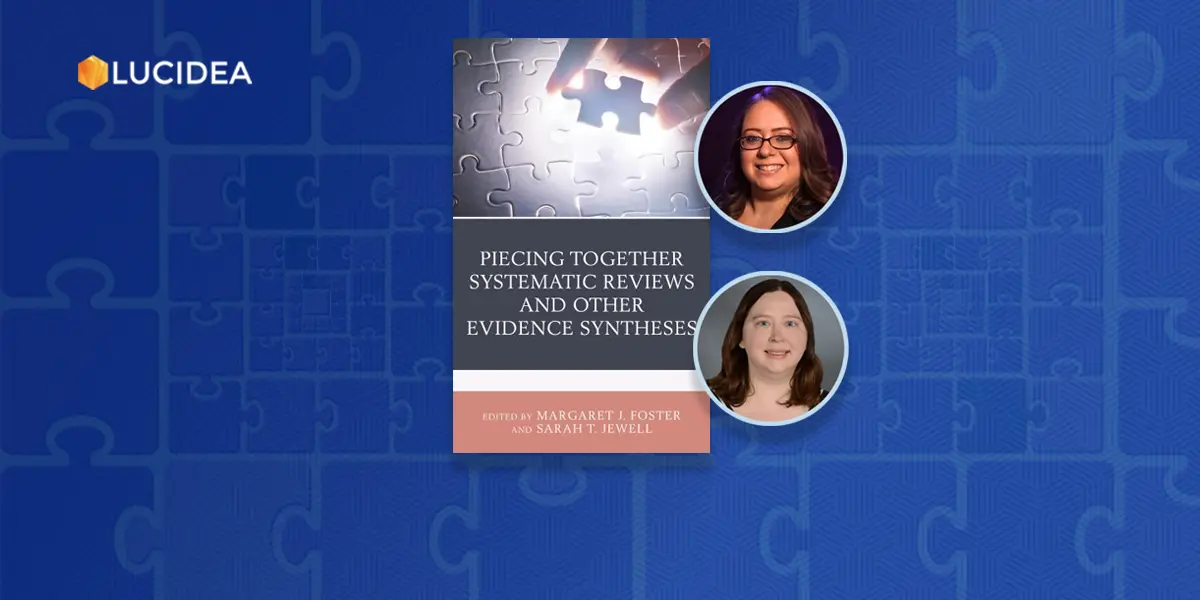
Interview with the Authors: Foster and Jewell, Systematic Reviews
Interview with the authors of a guide to systematic reviews for librarians with in depth discussion of phases and processes.
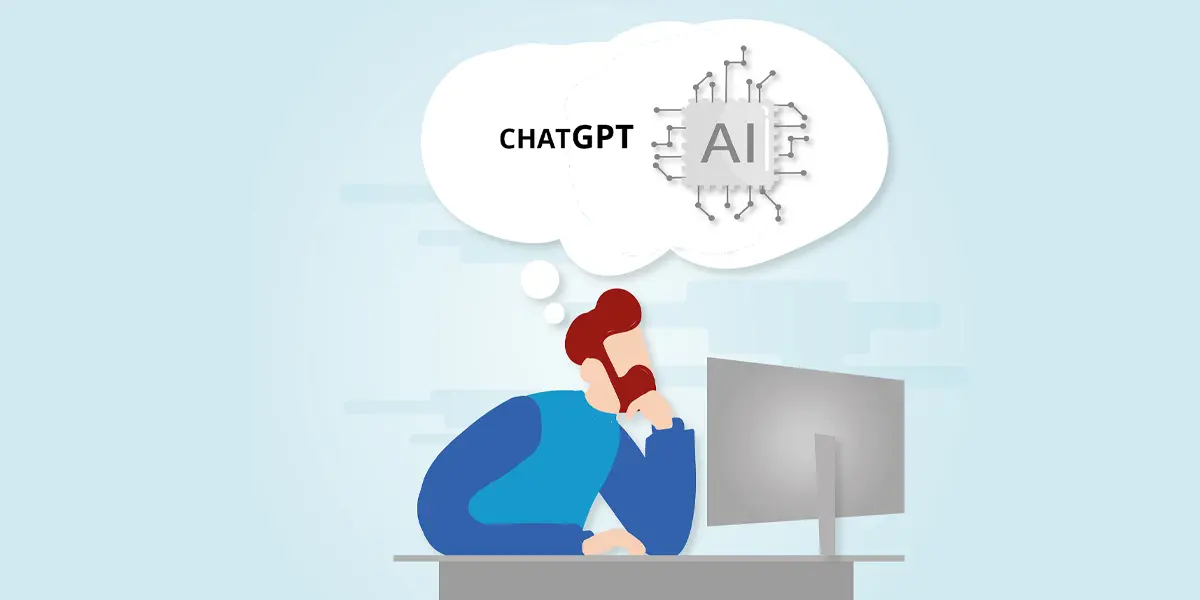
A Brief Overview of ChatGPT
Overview of two main concerns with using ChatGPT that librarians might want to consider: privacy and information accuracy

Three Tech Trends for Librarians to Watch in 2023
Three tech trends to watch include growth of artificial intelligence (AI), changes to the metaverse, and increased focus on info...
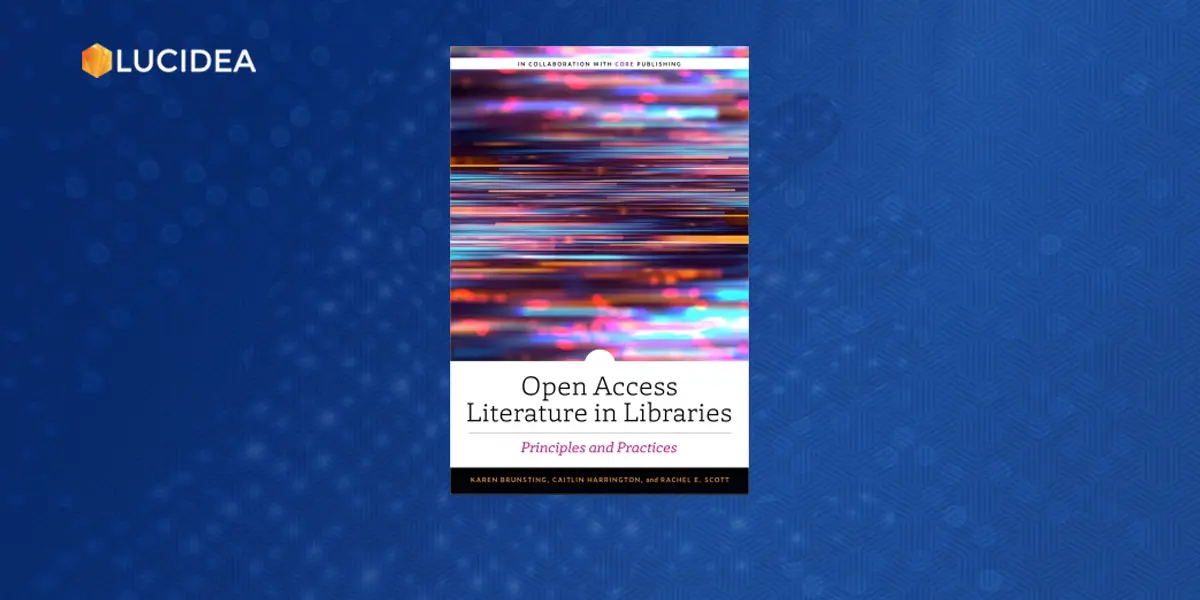
Interview with an Author: Open Access Literature in Libraries
Interview with a co-author of a book that explores important topics related to Open Access literature in libraries and offers pr...
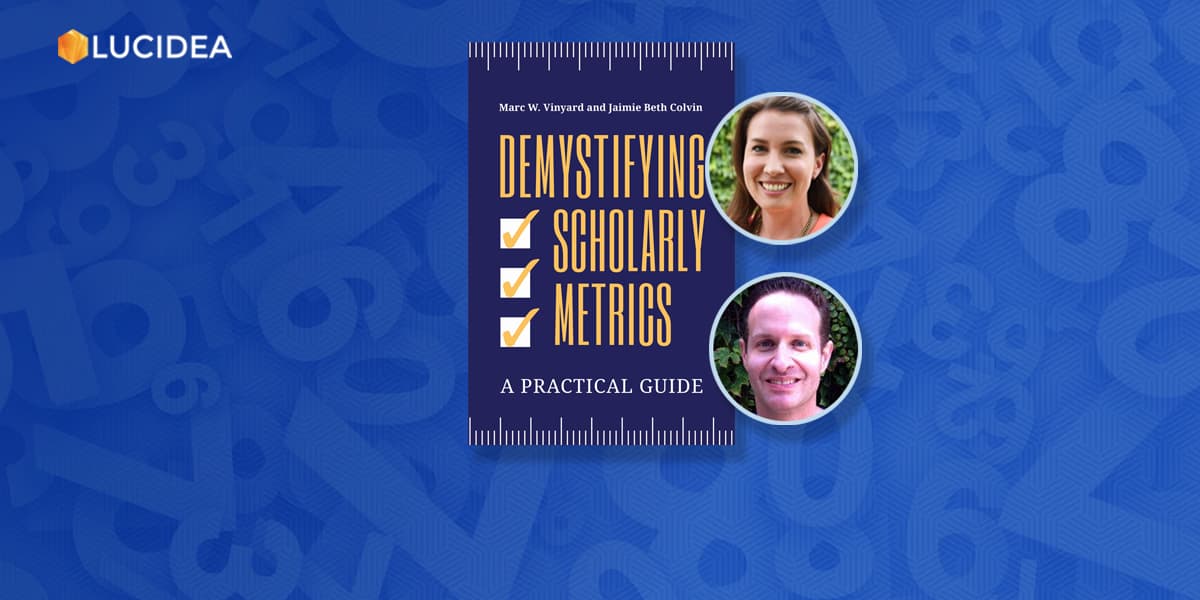
Interview with the Authors: Demystifying Scholarly Metrics
Interview about book that introduces various types of bibliometric and altmetric indicators and provides advice on interpreting ...
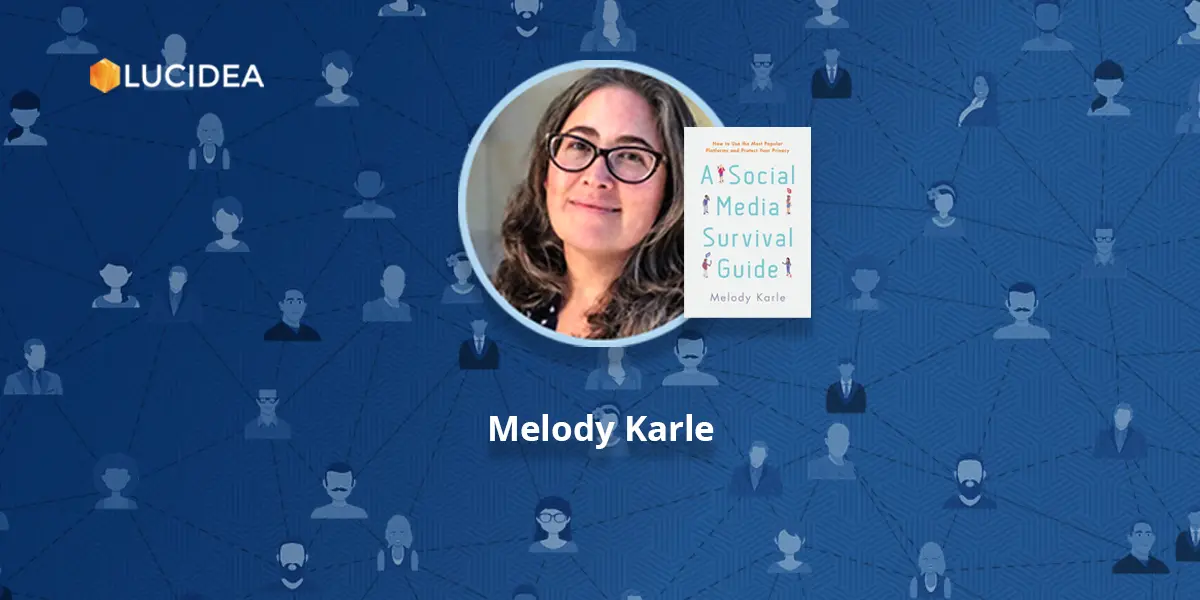
Interview with the Author: A Social Media Survival Guide
Librarians are the front line for many patrons trying to solve problems, especially problems with technology and online access, ...
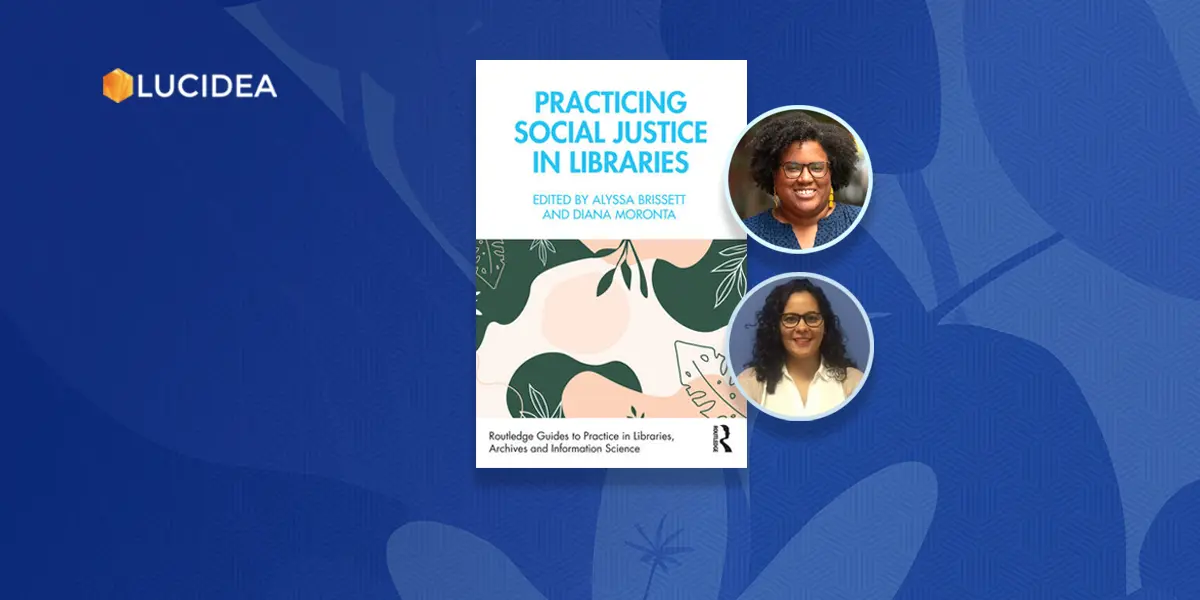
Interview with the Editors: Practicing Social Justice in Libraries
Practicing Social Justice in Libraries provides practical strategies, tools, and resources to library and information workers wh...
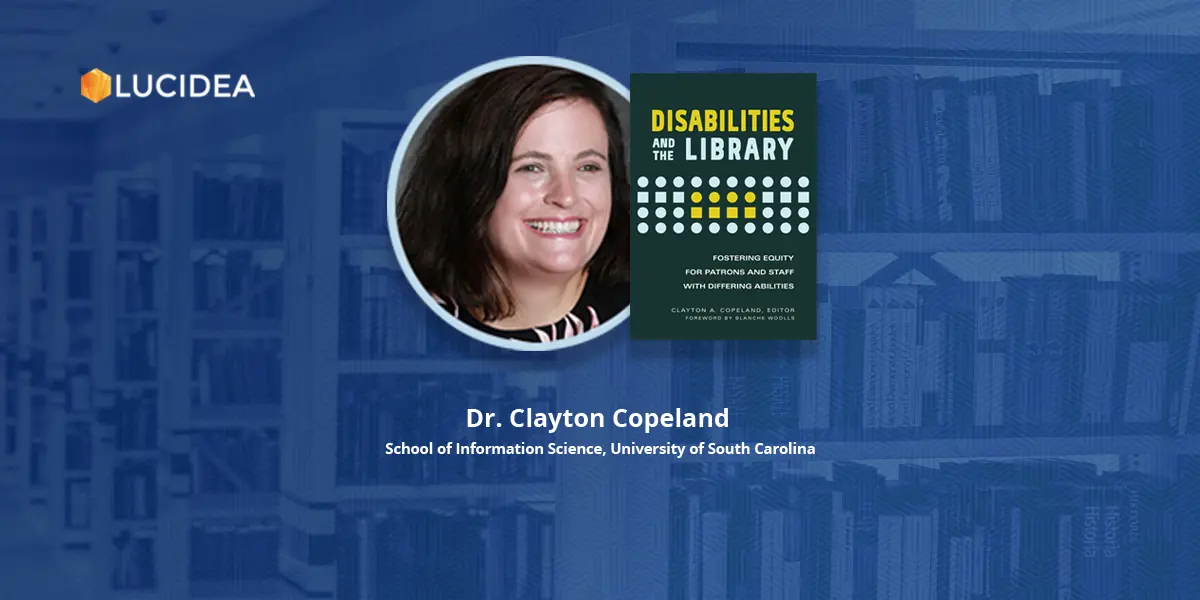
Interview with the Author: Disabilities and the Library: Fostering Equity
Librarians need to understand the needs and abilities of differently abled patrons; interview with author of a primer on fosteri...
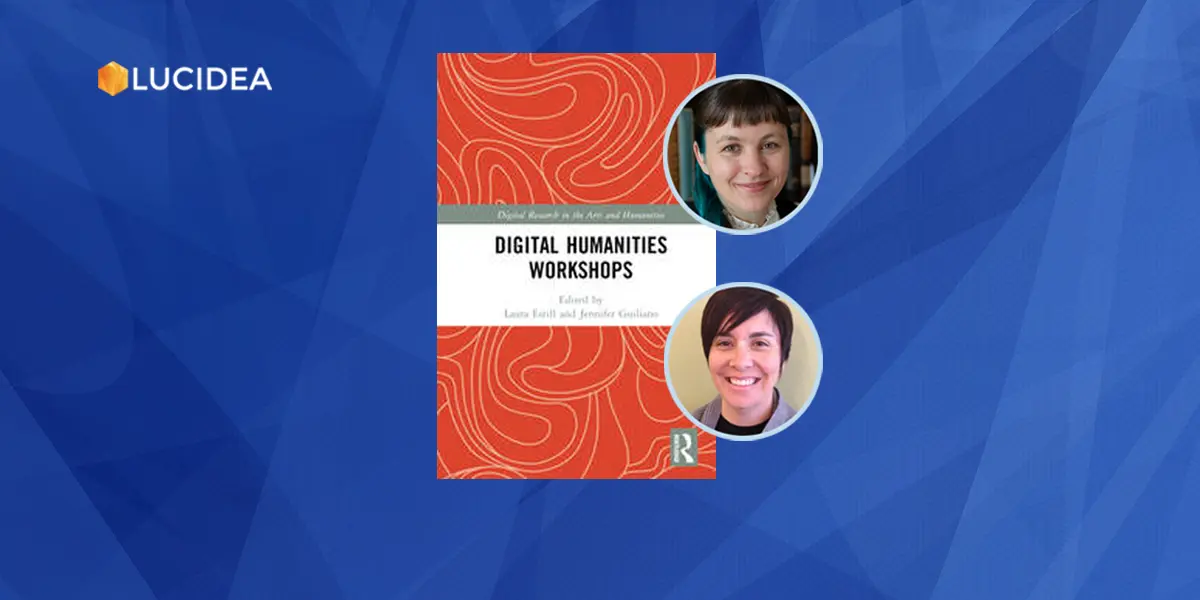
Interview with the Editors: Digital Humanities Workshops
Interview with Laura Estill, Jennifer Guiliano, editors of Digital Humanities Workshops, Lessons Learned; why these workshops ar...

Focus on the Computers in Libraries Conference 2023; What to Expect
Interview with Jane Dysart and Brian Pichman about the upcoming Computers in Libraries Conference; trends and what to expect.
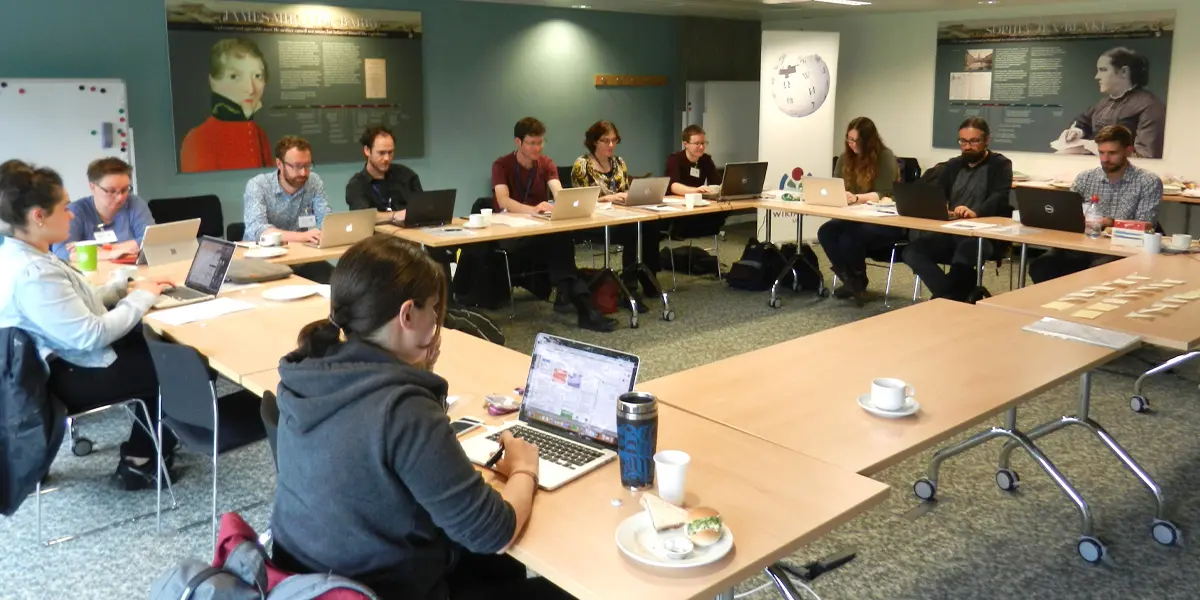
Transformational Learning in the Library
Transformational learning in a library may occur around information access, information privilege, source evaluation, bias, digi...
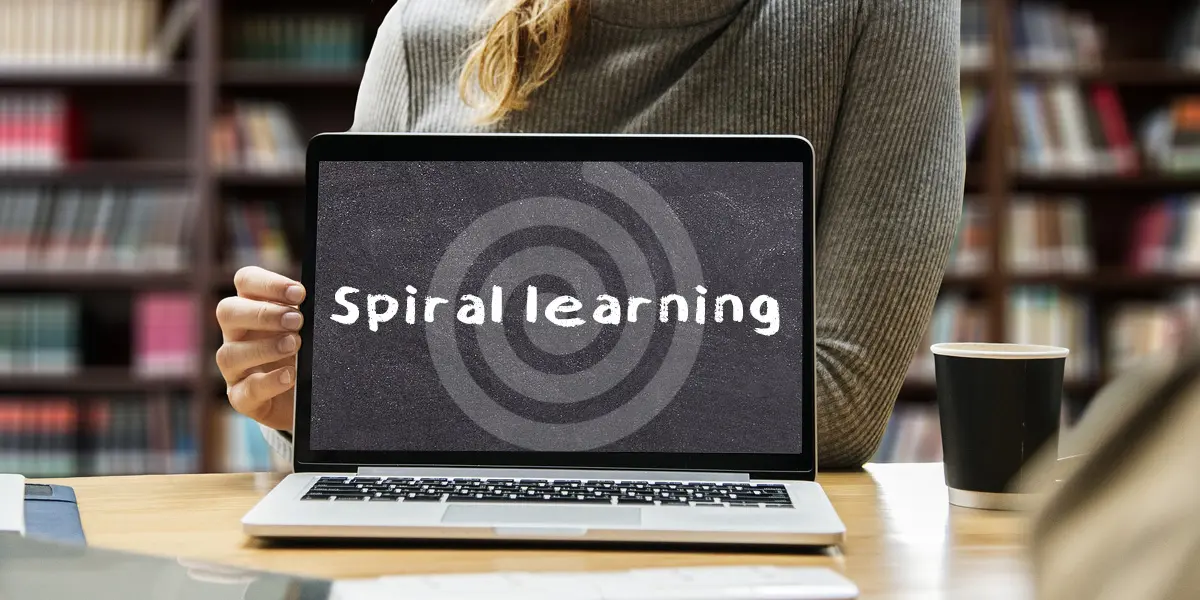
Using Spiral Learning in Instructional Design
With the spiral learning method, library instructors circle back to topics and add new information each time.
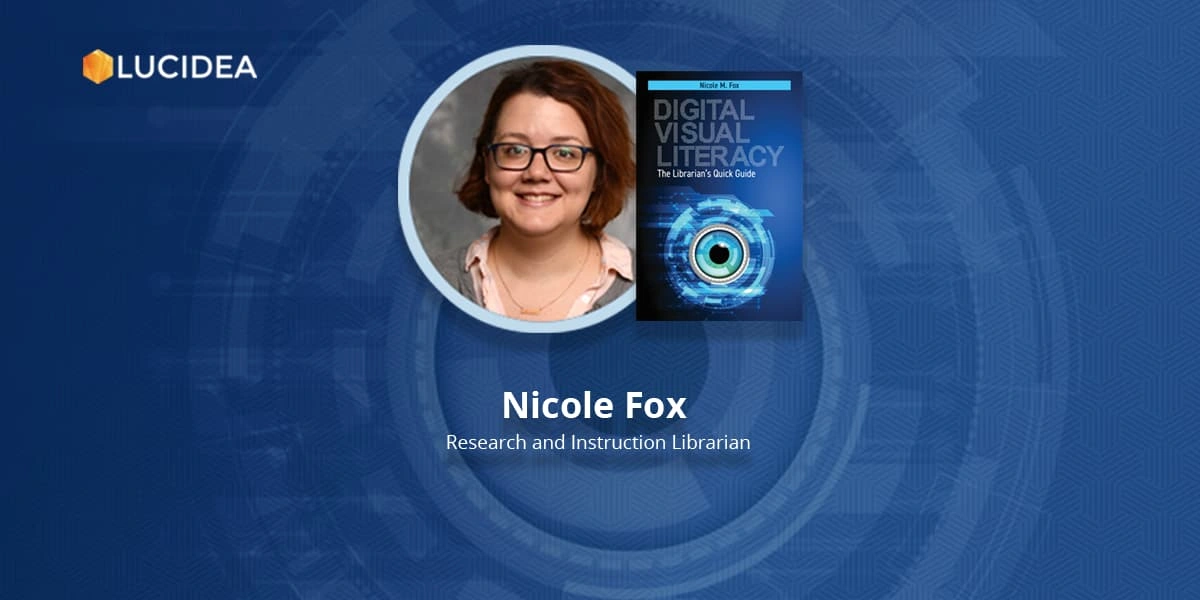
Interview with the Author: Nicole Fox; Digital Visual Literacy
Visual literacy is simply deriving meaning from visual information; images, information literacy and the internet intersect and ...
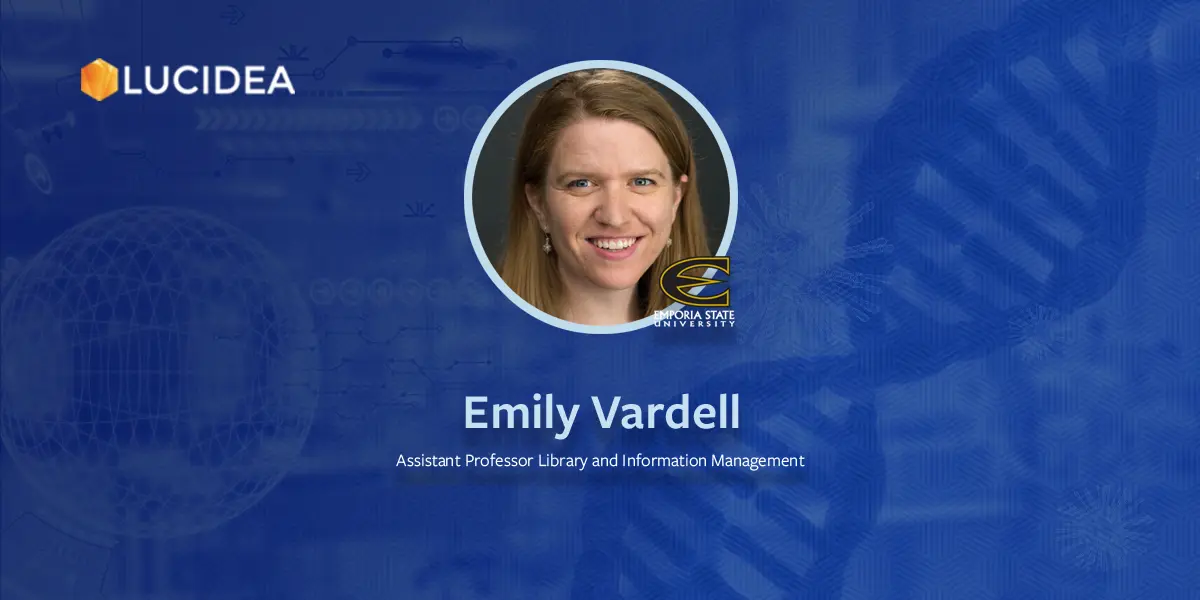
Interview with the Expert: Health Sciences Librarianship
Health sciences librarians fill a multitude of roles within their institutions, and directly impact community health.
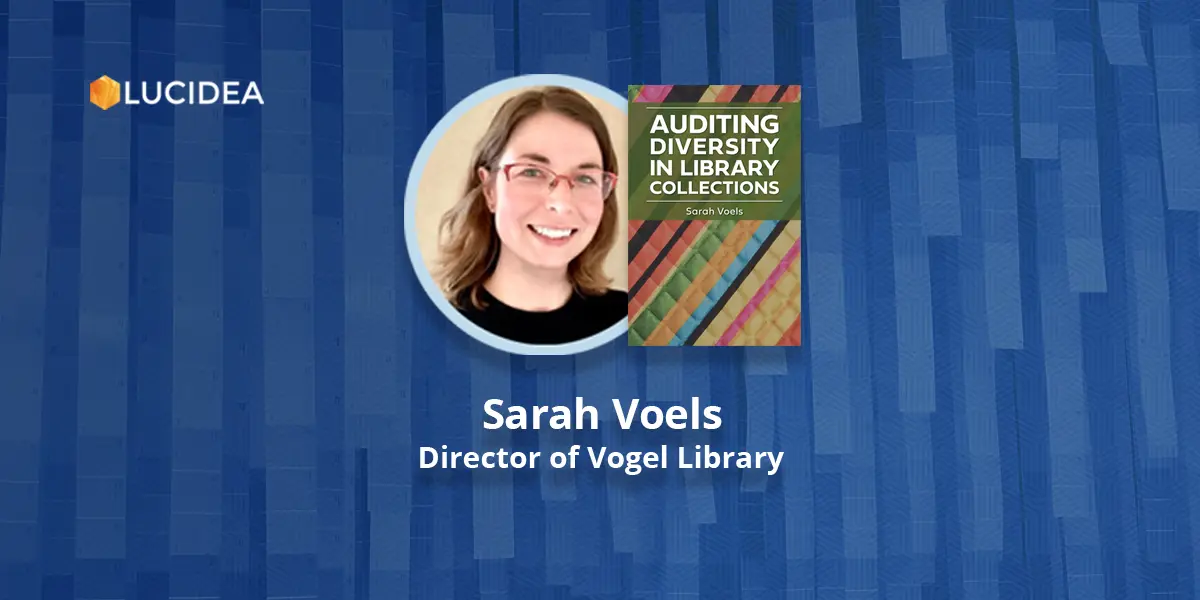
Interview with the Author: Auditing Diversity in Library Collections
Interview with the author of collected stories and methods for a successful library diversity audit plus what works and historic...
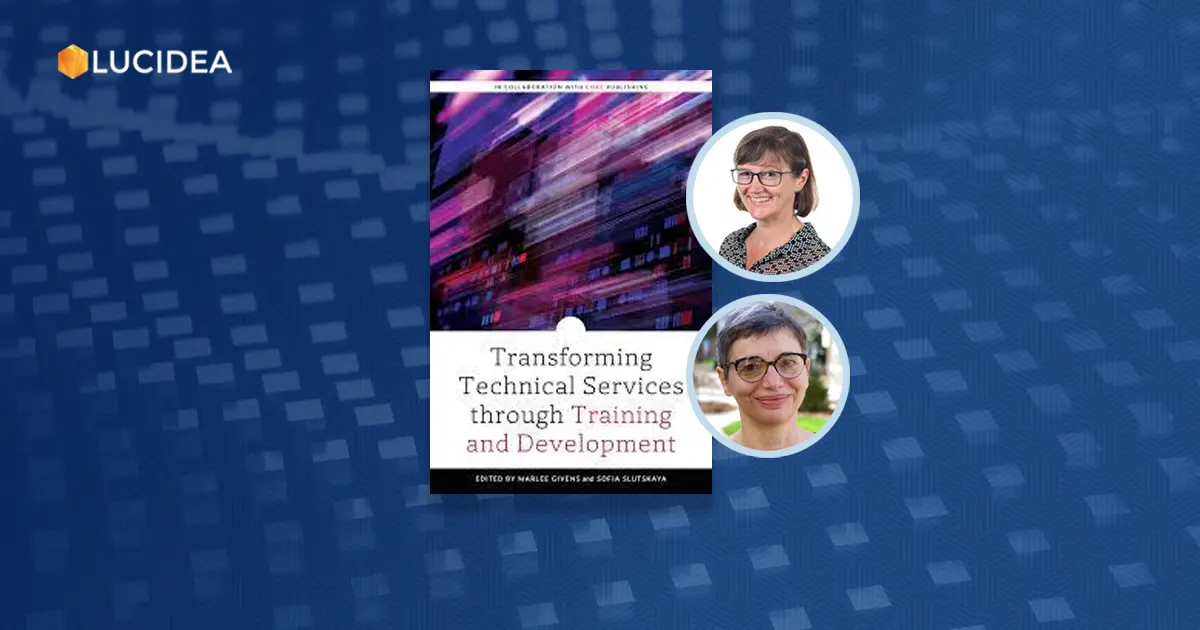
Interview with the Authors: Givens and Slutskaya, “Transforming Technical Services…”
Technical services departments increasingly expected to do more with less, shrinking budgets, staff turnover, lack of visibility...
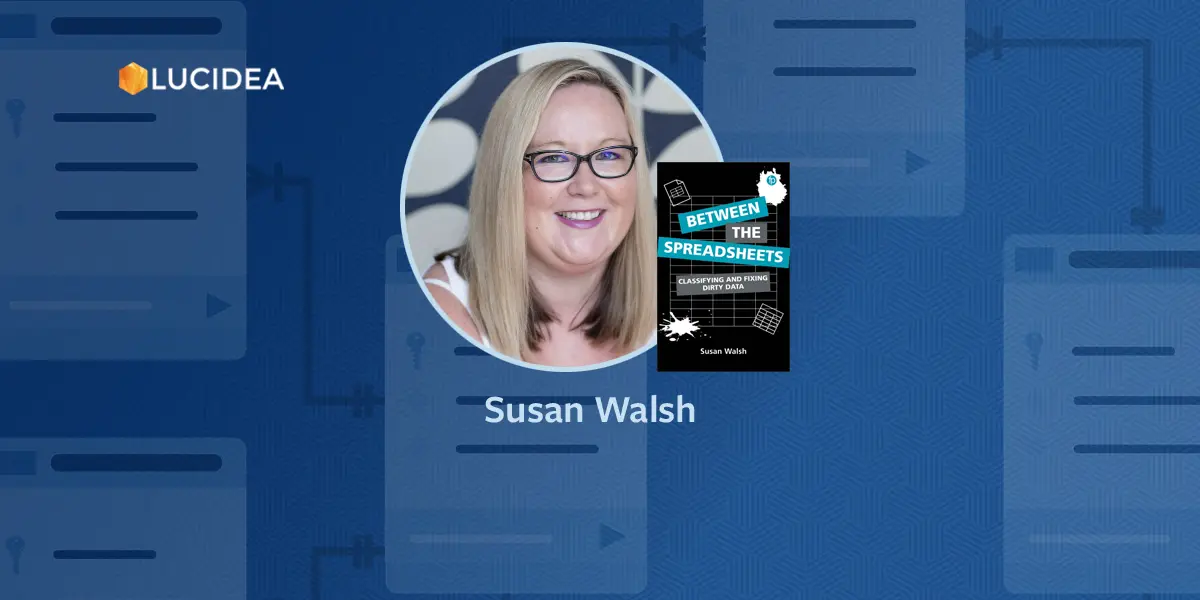
Interview with the Author: Susan Walsh, “Between the Spreadsheets: Classifying and Fixing Dirty Data”
Interview with Susan Walsh from The Classification Guru, the author of a book on finding and fixing dirty data; COAT methodology
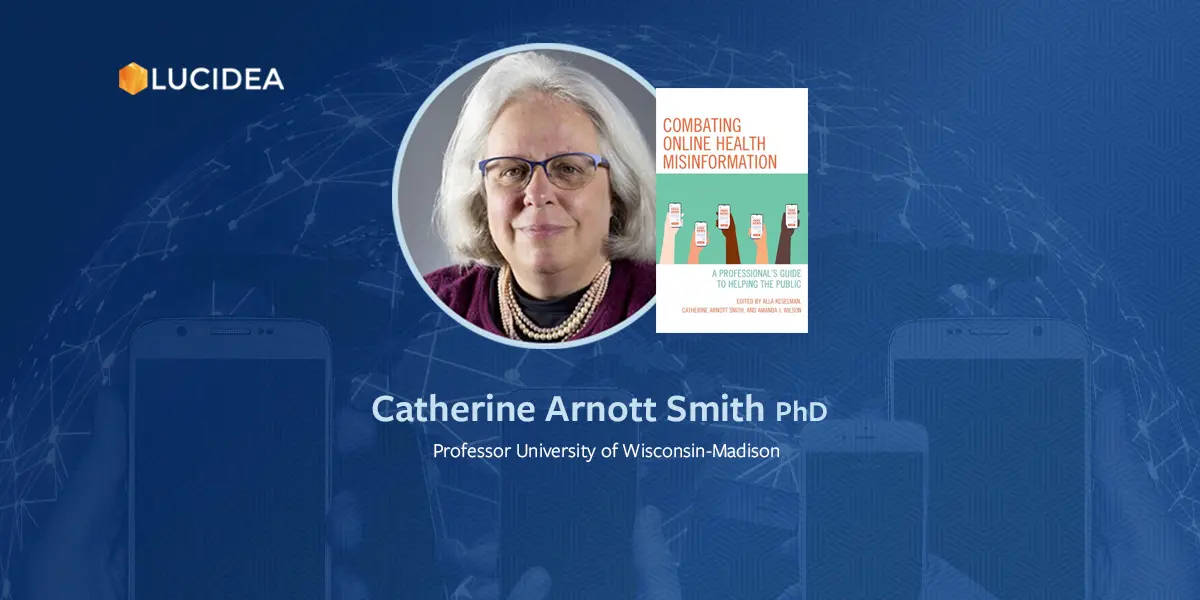
Interview with an Editor: Catherine Arnott Smith, Combating Online Health Misinformation
Interview with coeditor of a book for those who work with and teach about medical information and thus about medical misinformat...

Marketing Ideas for Special Libraries
All librarians are in the business of marketing the library’s services and resources to our user or patron communities.
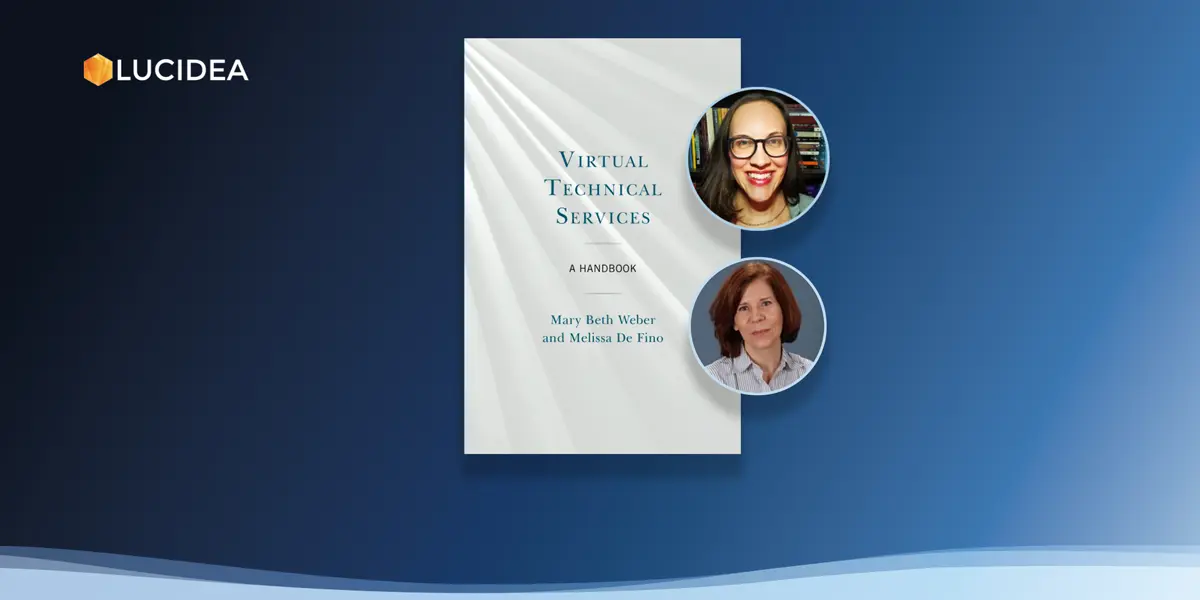
Interview with the Authors: Weber & De Fino on Virtual Tech Services
Interview with authors of handbook for people transitioning to working in a remote or hybrid situation; covering management and ...

Interview with the Expert: Marketing in Special Libraries, Dr. Rajesh Singh
Perspectives on library marketing from a library school professor; get people’s attention, sustain that attention, exceed expect...
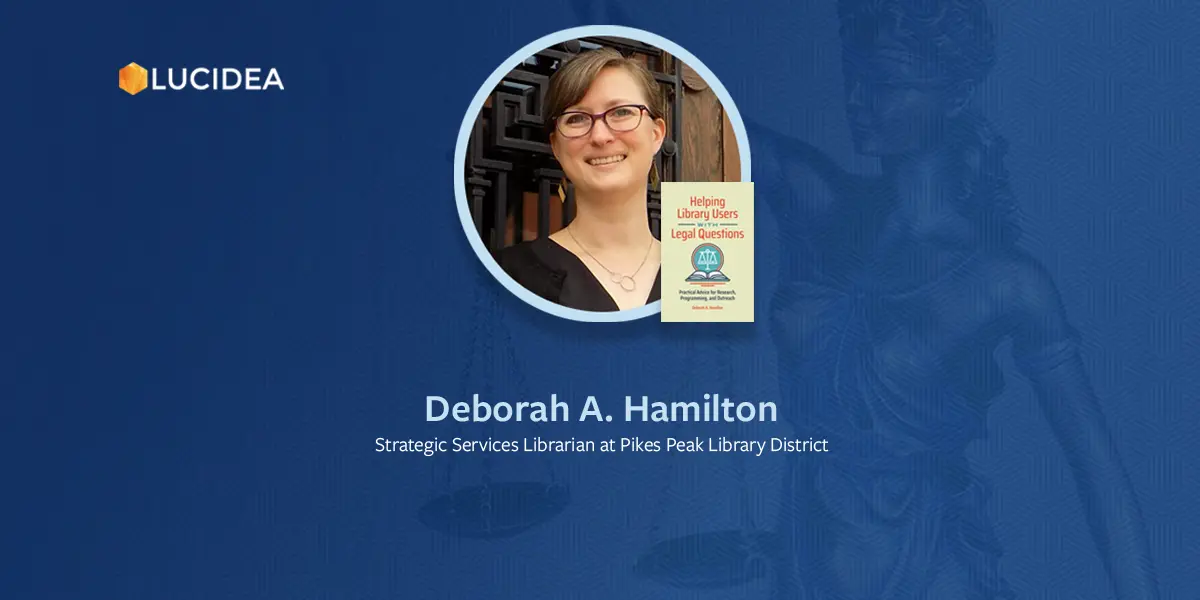
Interview with the Author: Helping Library Users with Legal Questions
Brief summary of the book Helping Library Users with Legal Questions: Practical Advice for Research, Programming, and Outreach f...
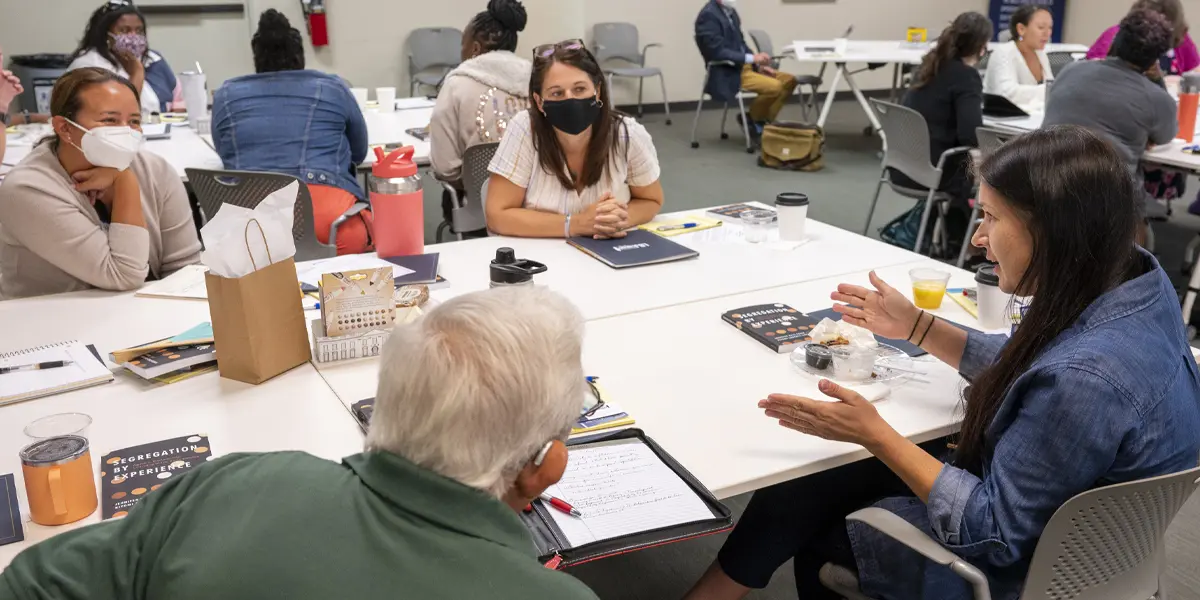
Focus Groups and their Relevance in Libraries
Focus groups librarians organize help to identify patrons' needs better and understand patron behavior and the impact of service...
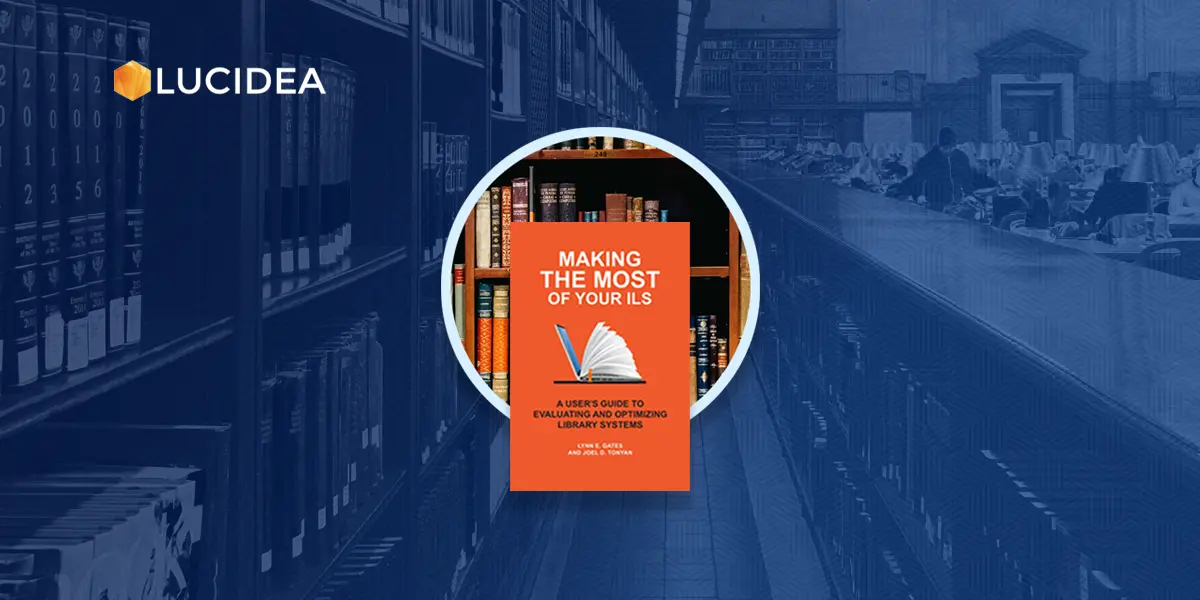
Interview with the Authors: Gates and Tonyan; Making the Most of your ILS
An (ILS) is central to every library's operations; when well configured, the ILS can positively impact workflows and processes.
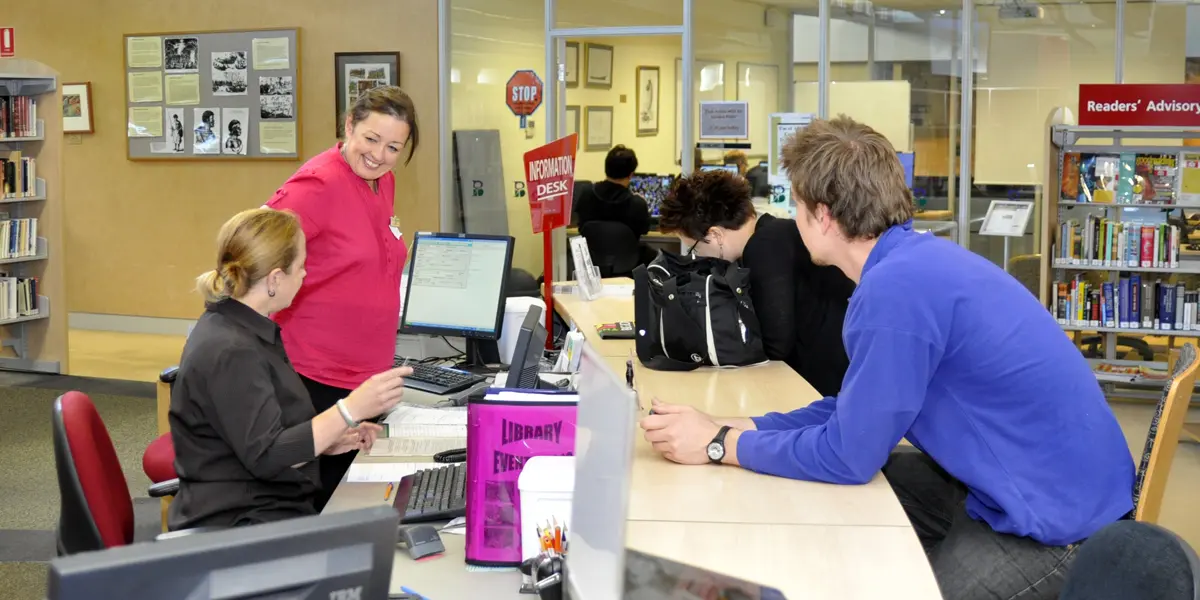
Teaching Tips for Helping Library Users Remember
Library instructors must make learning meaningful, tell stories, use visual aids, make content relevant, limit distractions to e...
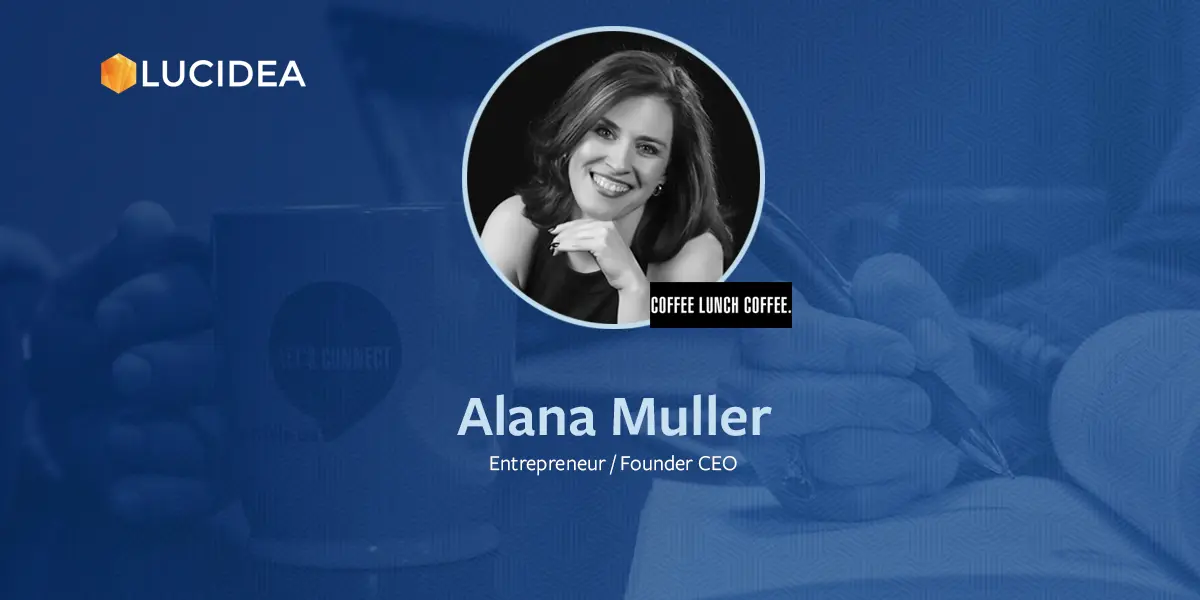
Interview with Networking Expert Alana Muller
Alana Muller discusses the importance of intentional networking as jobs are increasingly hybrid or remote and its contribution t...
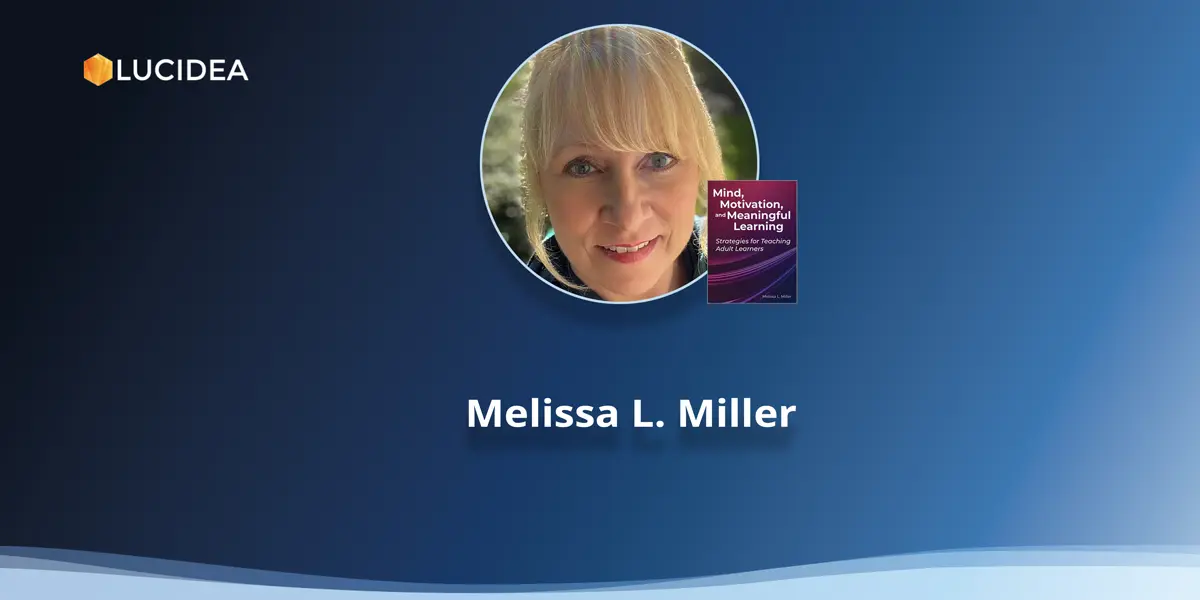
Interview with the Author: Melissa Miller; Mind, Motivation & Meaningful Learning
A blueprint for instructional design to help facilitate teaching adult learners in an online environment; relevant to librarians...
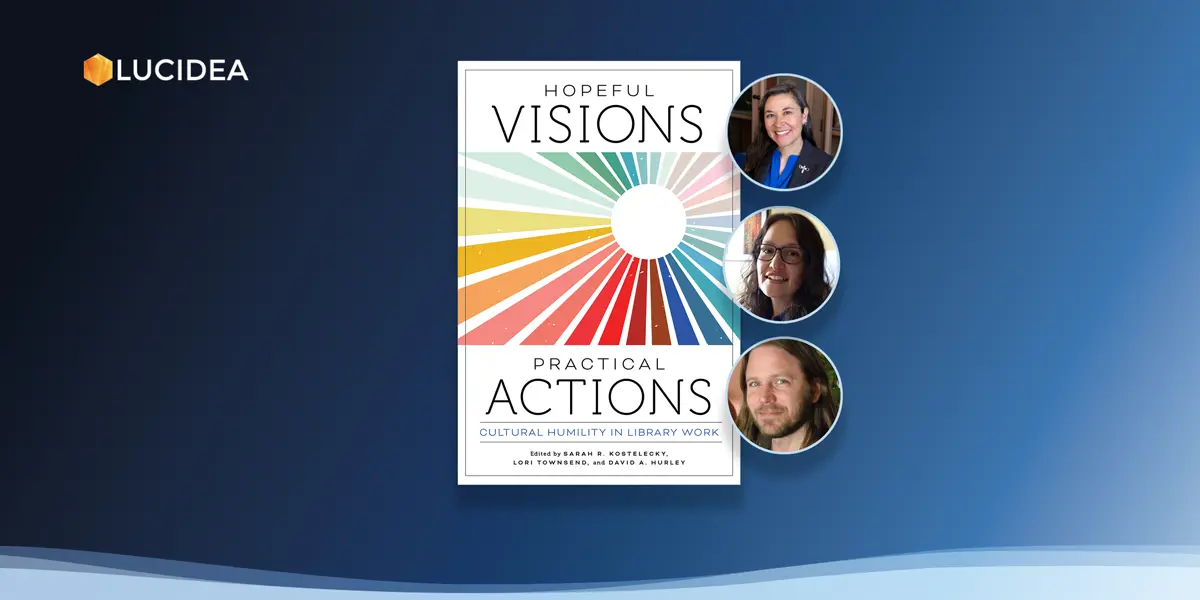
Interview with the Editors: Kostelecky, Townsend, and Hurley; Cultural Humility in Libraries
Interview with the editors of Hopeful Visions, Practical Actions: Culture Humility in Library Work.

Accessibility Tips and Resources for Librarians
When creating content for the web librarians should ensure the material is accessible for individuals with a disability; tips an...
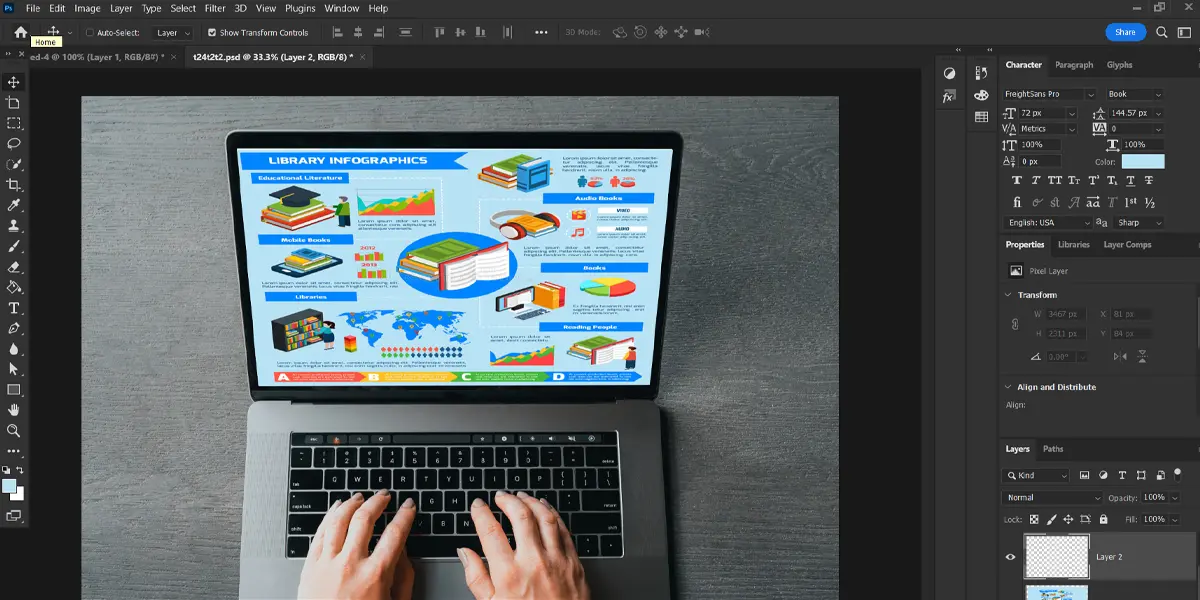
Creating Infographics: Tips for Librarians
Infographics are very useful for communicating information and can be used for many purposes in libraries of all kinds.
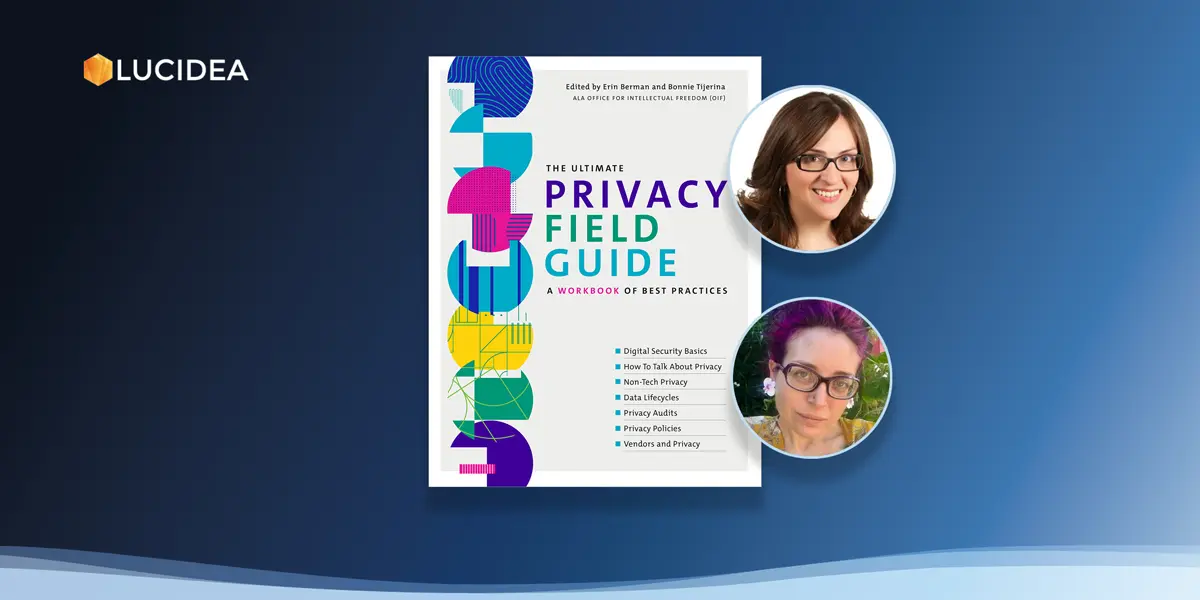
Interview with the Editors: Berman & Tijerina, The Ultimate Privacy Field Guide
Editors’ guide that explains privacy topics simply and concisely, with exercises to do in libraries; how to create safer, more p...
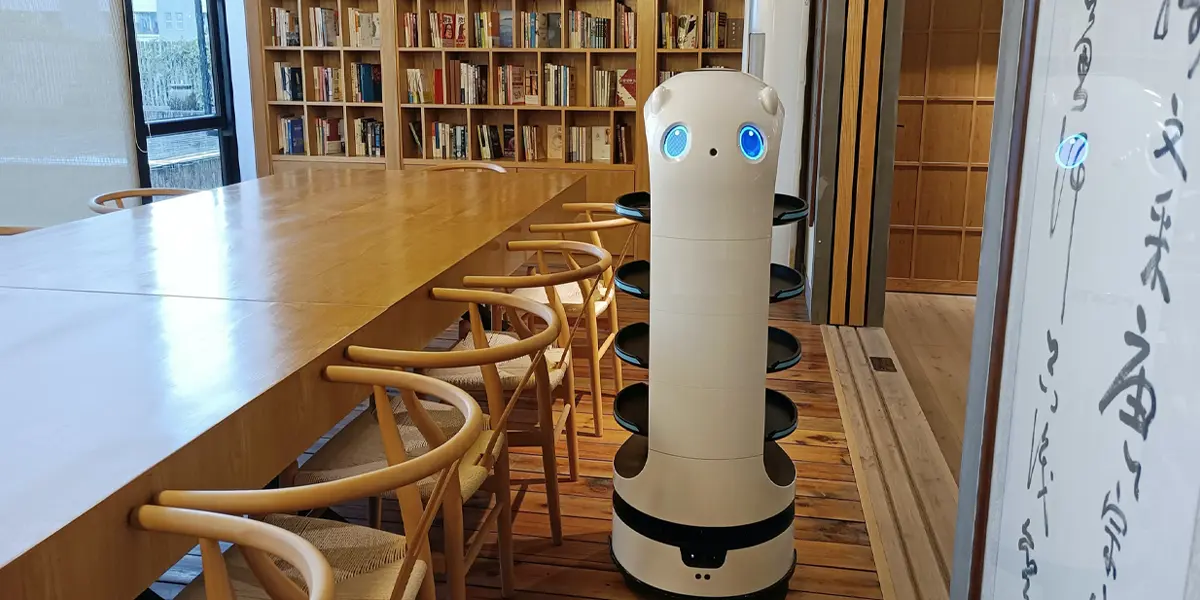
Examples of Artificial Intelligence
AI creates images from words, scans books, and anticipates phrases; this technology impacts how information is created, located,...

Why & How You Should Conduct a Needs Analysis in Your Library
A needs analysis allows you to step back, focus on an organizational goal, see the big picture, and prioritize library resources...
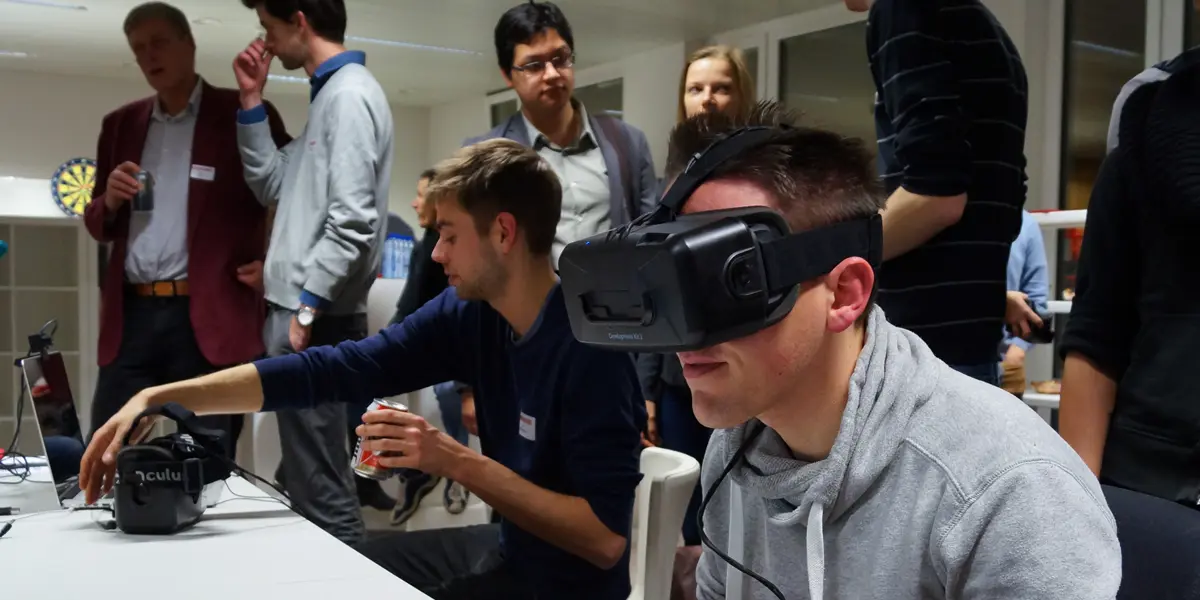
Ideas for Incorporating Virtual Reality in Libraries
Virtual reality has the potential to change or influence the way librarians work, in terms of research, resources, collections, ...
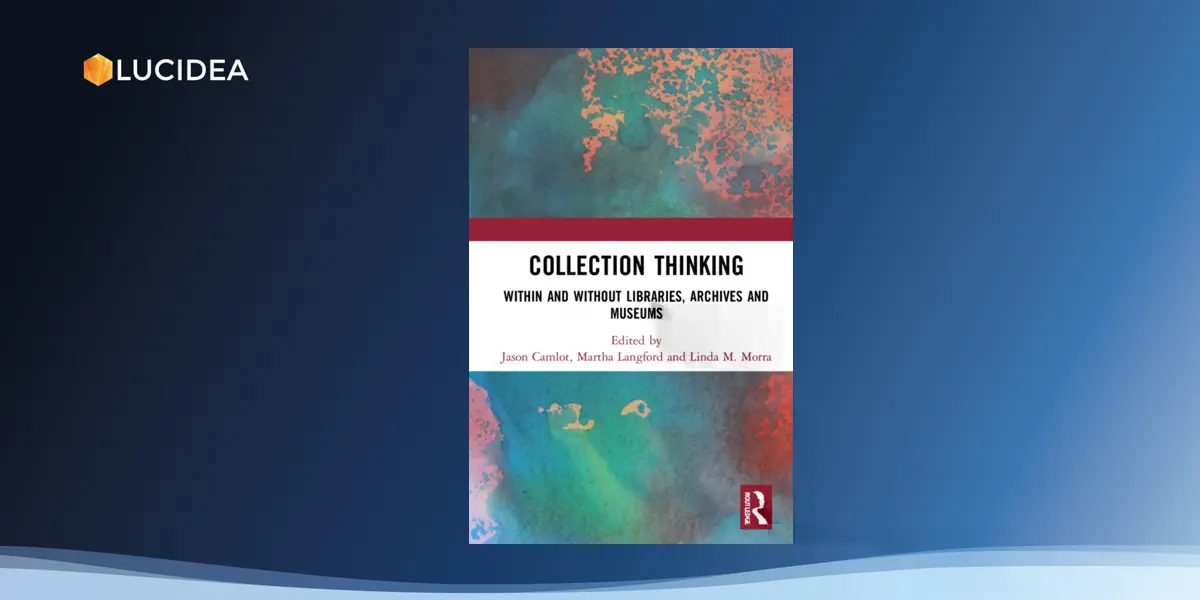
Interview with the Editors: Camlot, Langford, and Morra on Collection Thinking
Discusses book of essays exploring cultural meaning and significance of library collections and of collection as an act performe...
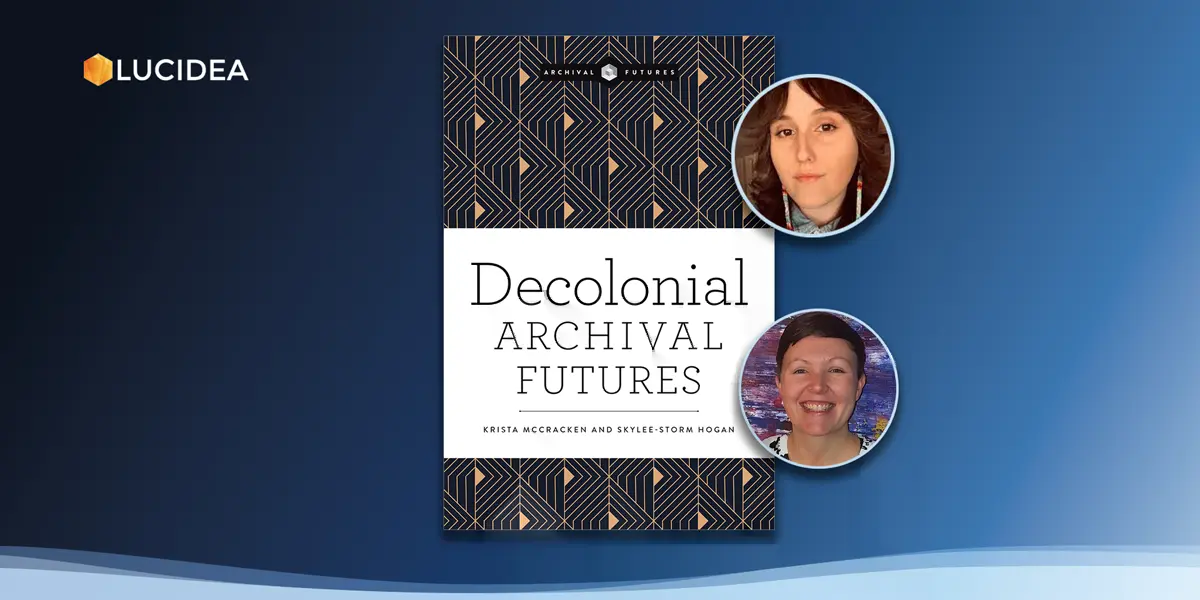
Interview with the Authors: McCracken & Hogan; Decolonial Archival Futures
Authors showcase vital work that illuminates decolonial archival practices for archivists, curators, heritage practitioners, and...
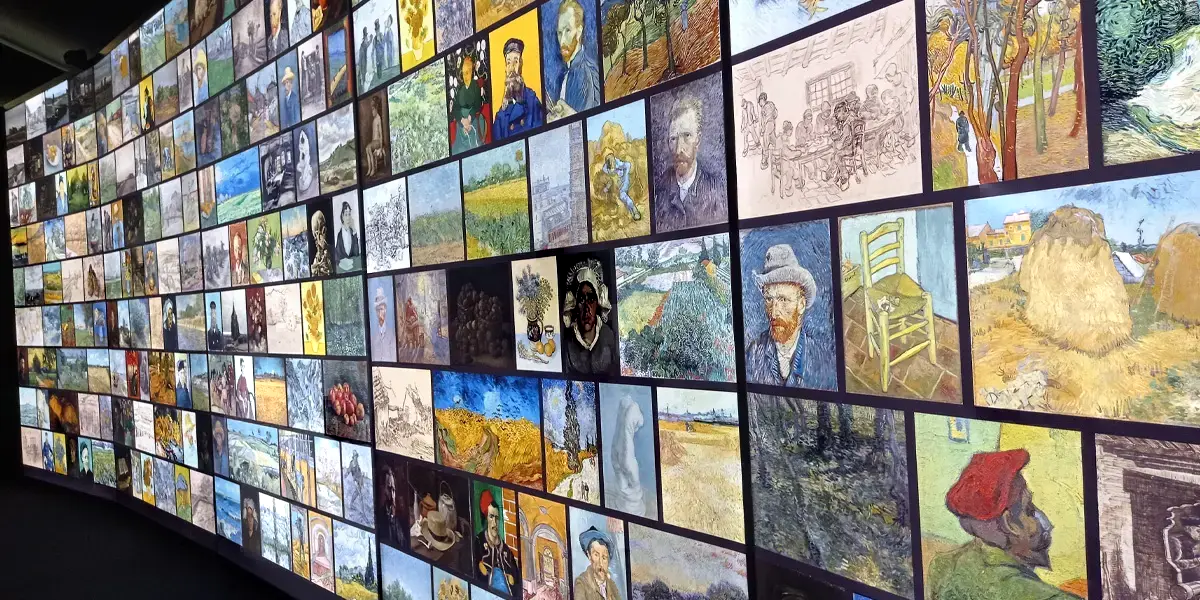
Sites for Royalty Free Images
Listing of sites that provide royalty-free images for use in presentations, courseware, and websites.
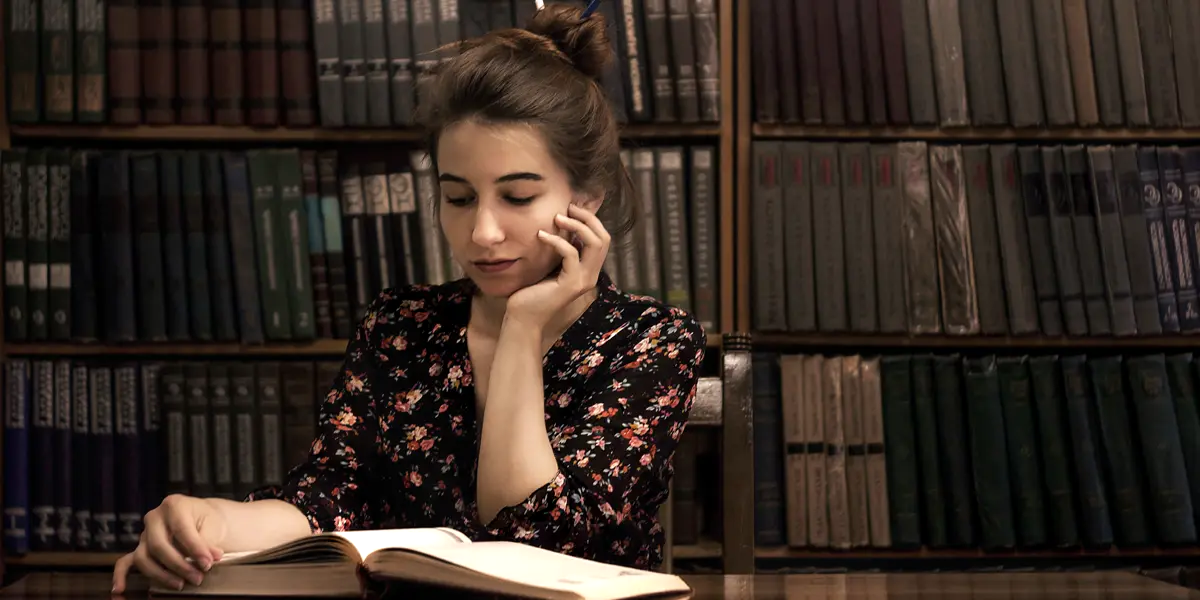
Part 2 – How to Create Significant Learning in a Library Setting
Skills for special librarians include creating learning opportunities in a library; application, integration, human dimension, l...

How to Create Significant Learning in a Library Setting
Adults must remember, understand, apply, analyze, evaluate, and create; also find value in learning, understand others, and beco...

Summer Reading Recommendations for Special Librarians
Recommended reading for special librarians, from a library expert, teacher and writer. Five titles relevant to librarians.
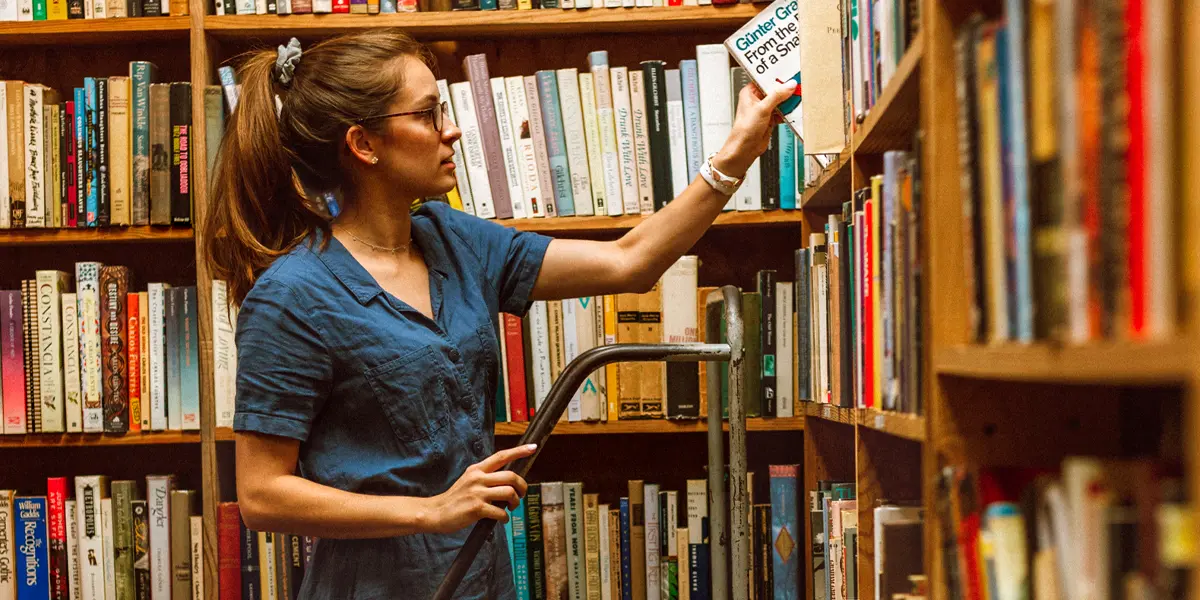
Reliability and Validity in Library Assessment
Librarians need to gather assessment data to see how well libraries are meeting needs, how the collection is being used, and kno...

Instruction in Special Libraries: Technology Integration Matrix Overview
The Technology Integration Matrix helps instructors be purposeful in their integration of technology in instructional settings, ...
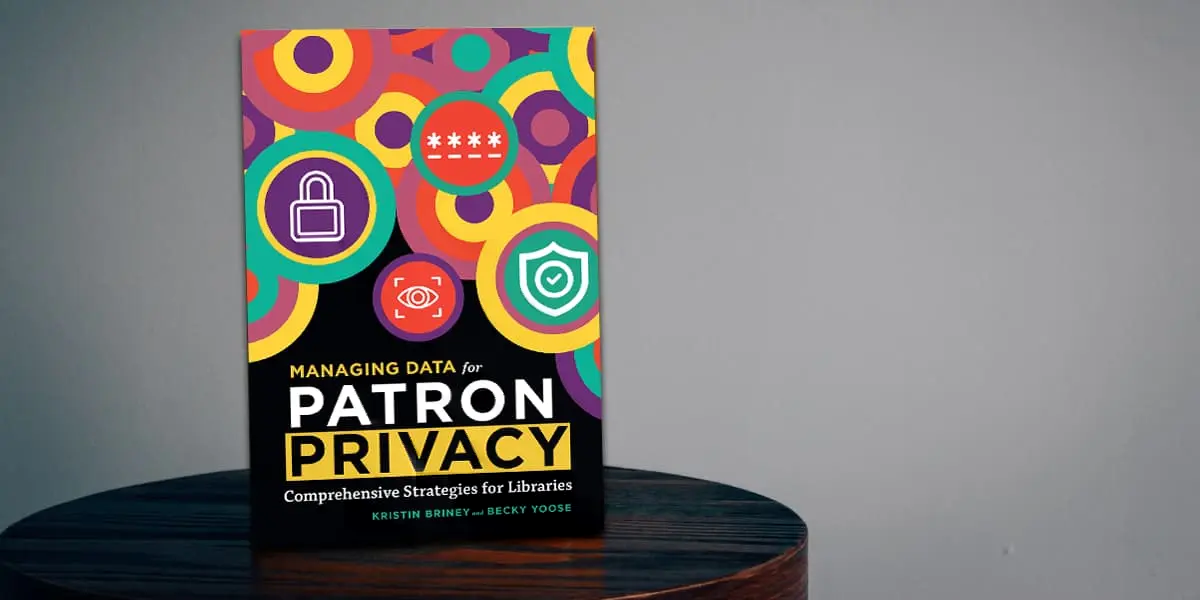
An Interview with the Authors of Managing Data for Patron Privacy
Interview with authors of Managing Data for Patron Privacy, which examines how librarians can improve the privacy of patron dat...
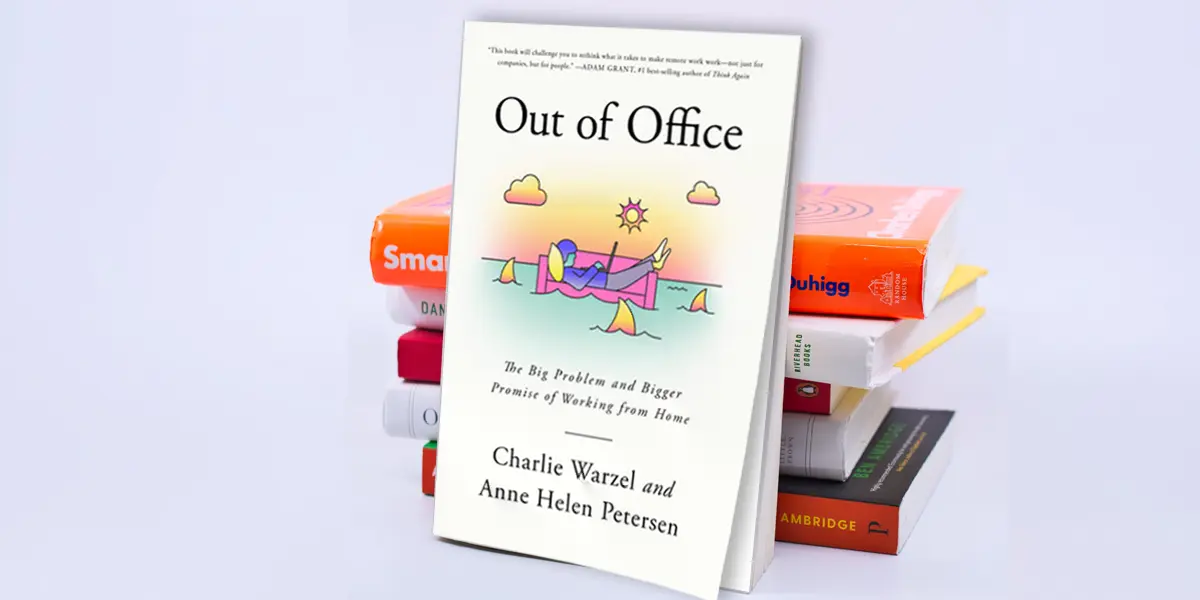
Book Review: Out of Office, by Charlie Warzel and Anne Helen Petersen
This book addresses the problem of overwork and helps us think through ways to re-center our lives so that work does not creep i...
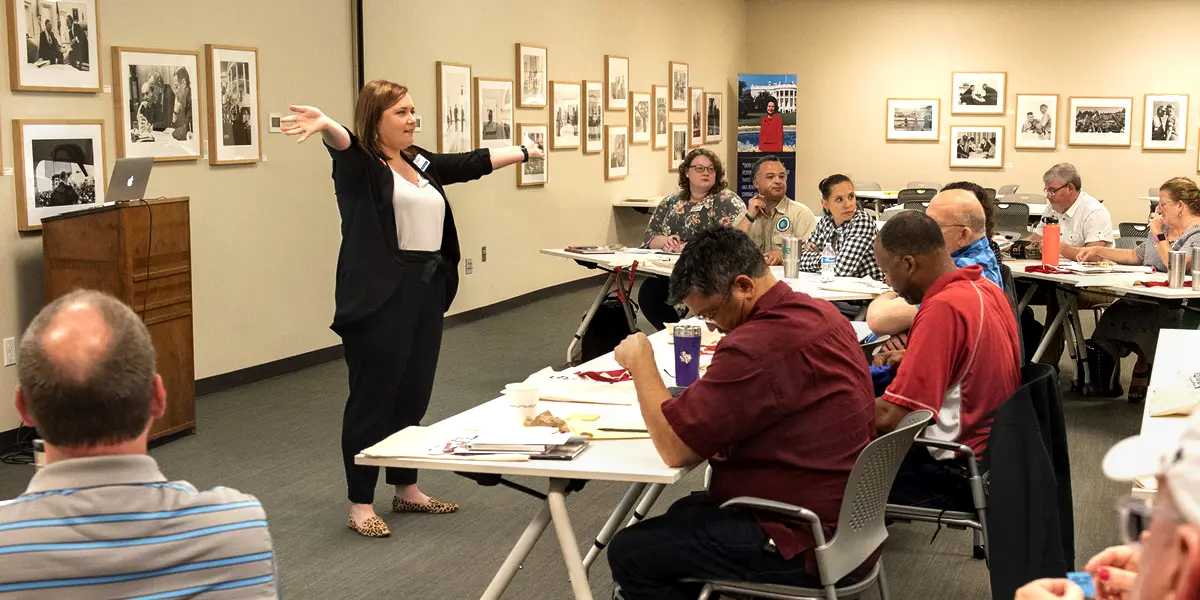
Tips for Leading Meetings: A Librarian’s Experience
Skills for special librarians include knowing what factors contribute to a well-run meeting; this post includes 8 important tips...

TPACK: Technology, Pedagogy, and Content Knowledge
TPACK stands for technology, pedagogy, and content knowledge; it is one of the best frameworks for thinking about learning envir...
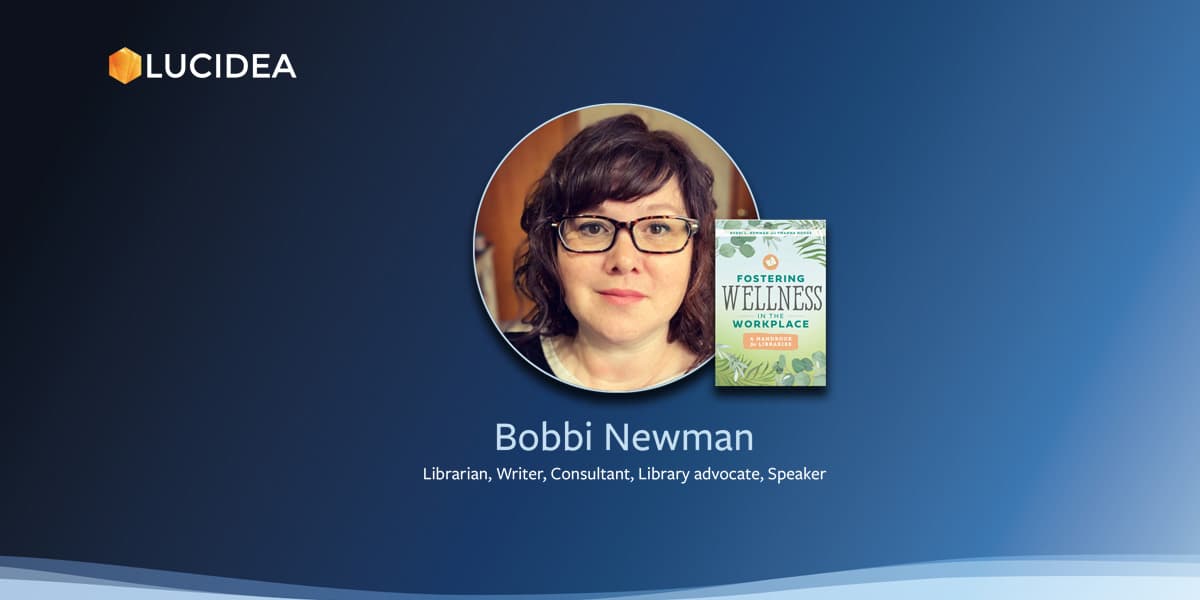
Interview with the Author: Bobbi Newman on Workplace Wellness for Libraries
Librarians do well at prioritizing the health and wellness of communities they serve, but should also prioritize health and well...
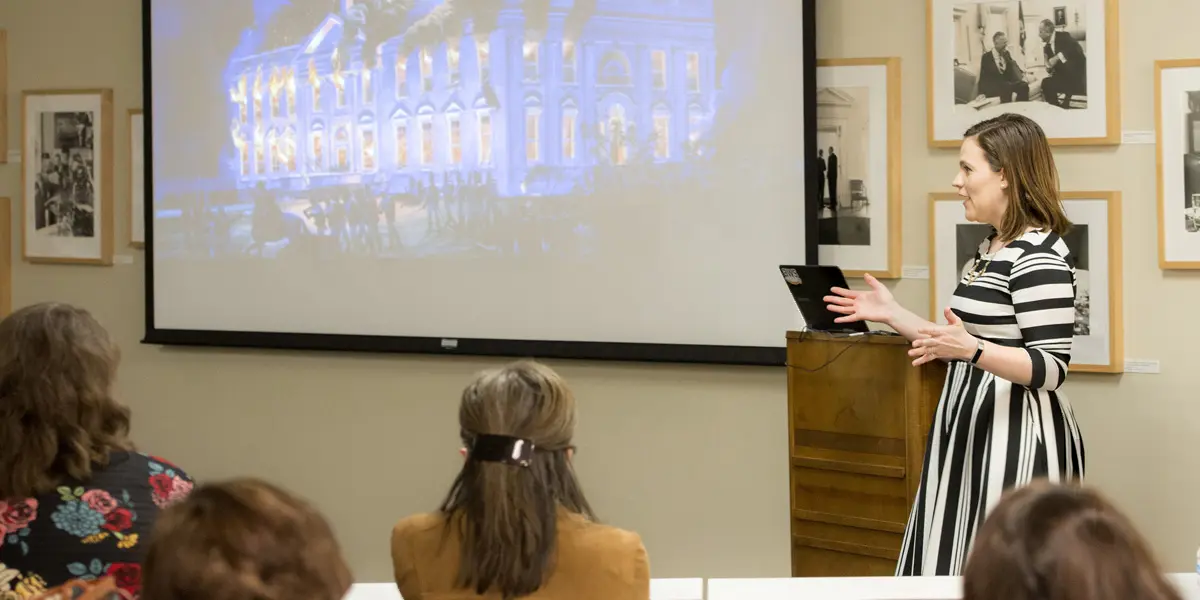
Skills for Special Librarians: Tips for Giving a Presentation
Special librarians are often required to give presentations; here is a list of proven practices for preparing and then giving su...
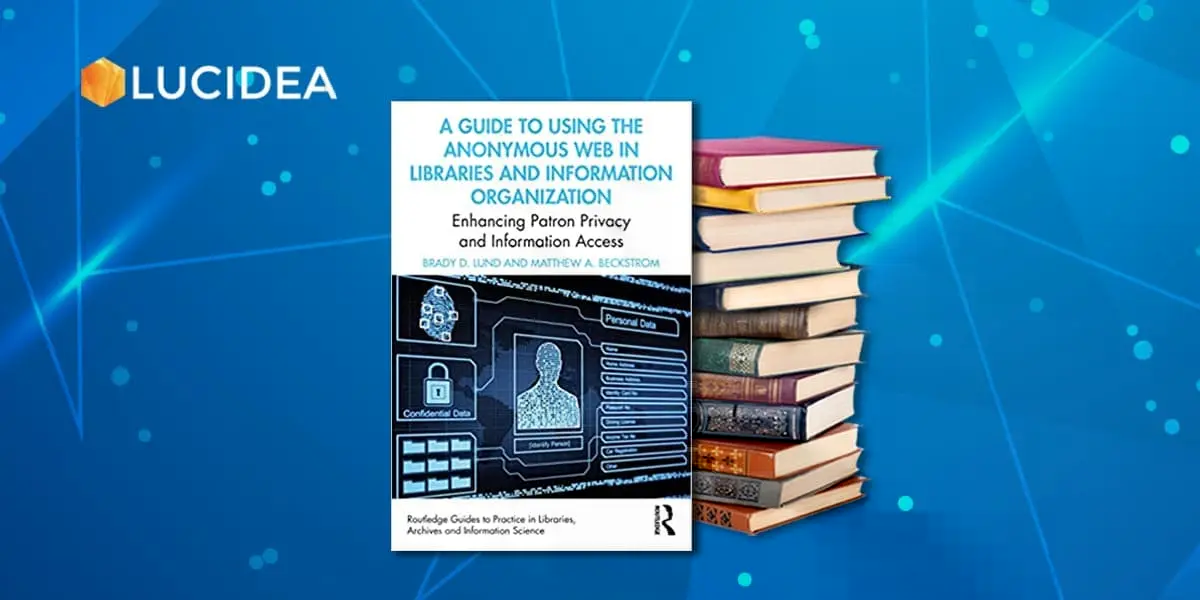
Interview with the Author: Brady Lund & the Anonymous Web
Anonymous web platforms have value for libraries and information organizations per author Brady Lund in his new book; interview ...

Secondary Research in Libraries
Knowing why users are asking for information and then providing information to help them make sense of the data are crucial aspe...

Librarians are Rediscovering (and Questioning) Work Travel
Today’s minimal budgets for libraries may not include travel funds; there is an exciting array of virtual events to help us lear...

Artificial Intelligence in Libraries
Artificial intelligence is more ubiquitous than we realize. It has many applications in all kinds of libraries, including in sea...
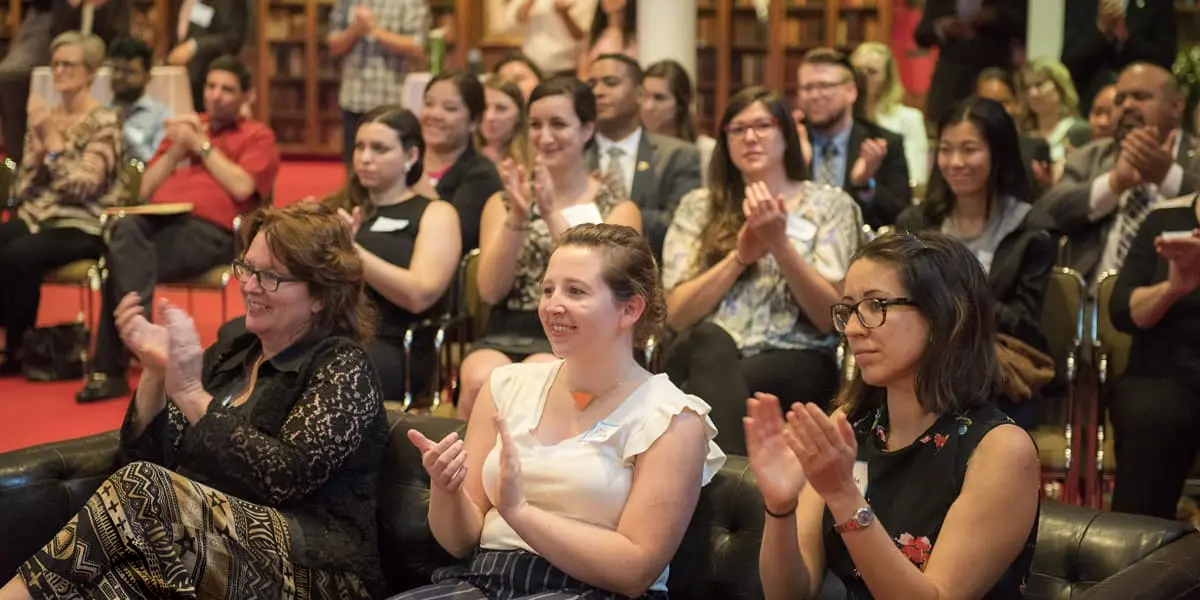
Communities of Practice; Relevance to Librarians
Communities of practice theory has implications for all librarians as they seek to grow in their careers; members create meaning...

Building Community Online; Tips for Librarians
Online communities play an important role in our work as librarians. Identify topics, activities and populations that benefit fr...
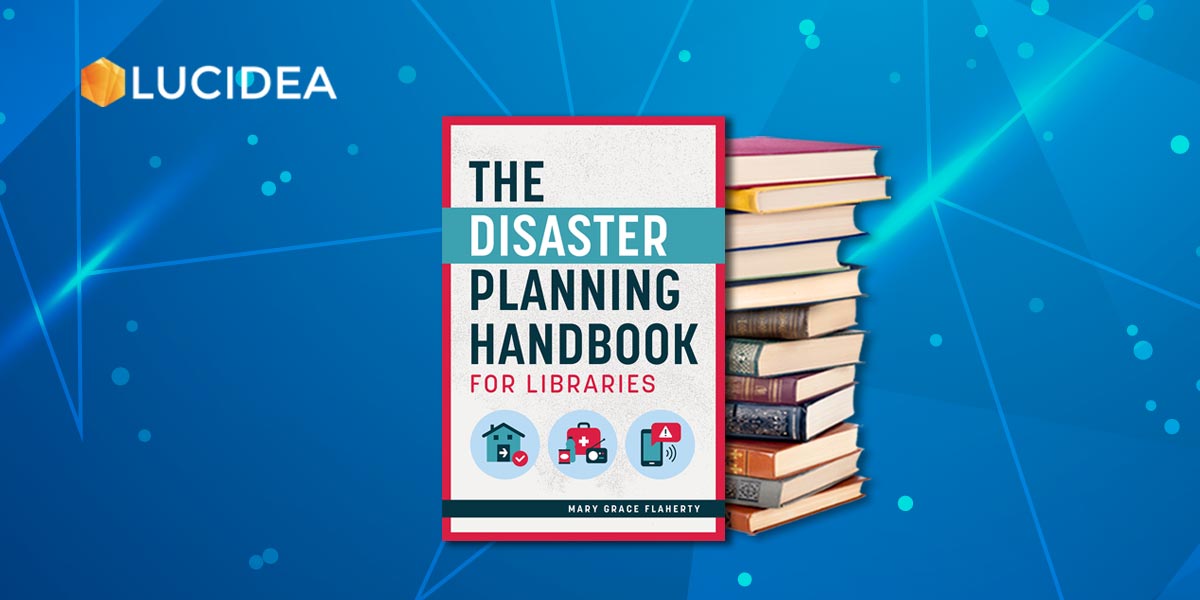
Interview with the Author: Mary Grace Flaherty on Disaster Planning for Libraries
As institutions that fulfill an “essential community function”, libraries have an important role to play in disaster preparednes...
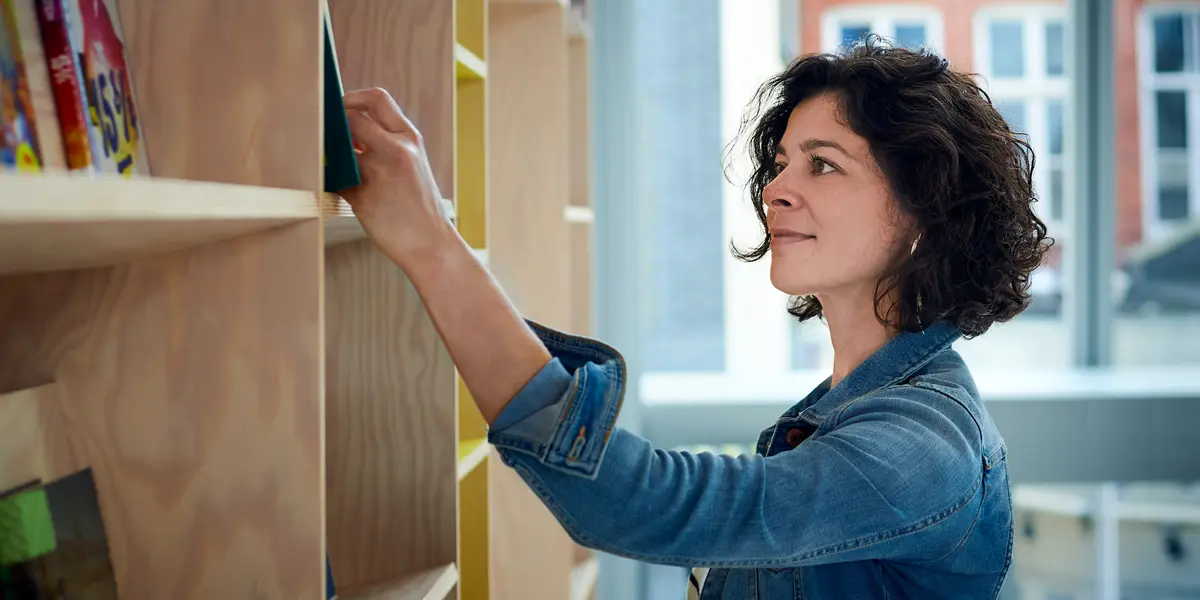
Copyright Resources for Librarians
Librarians often need information on copyright; this post provides a list of copyright resources for special librarians
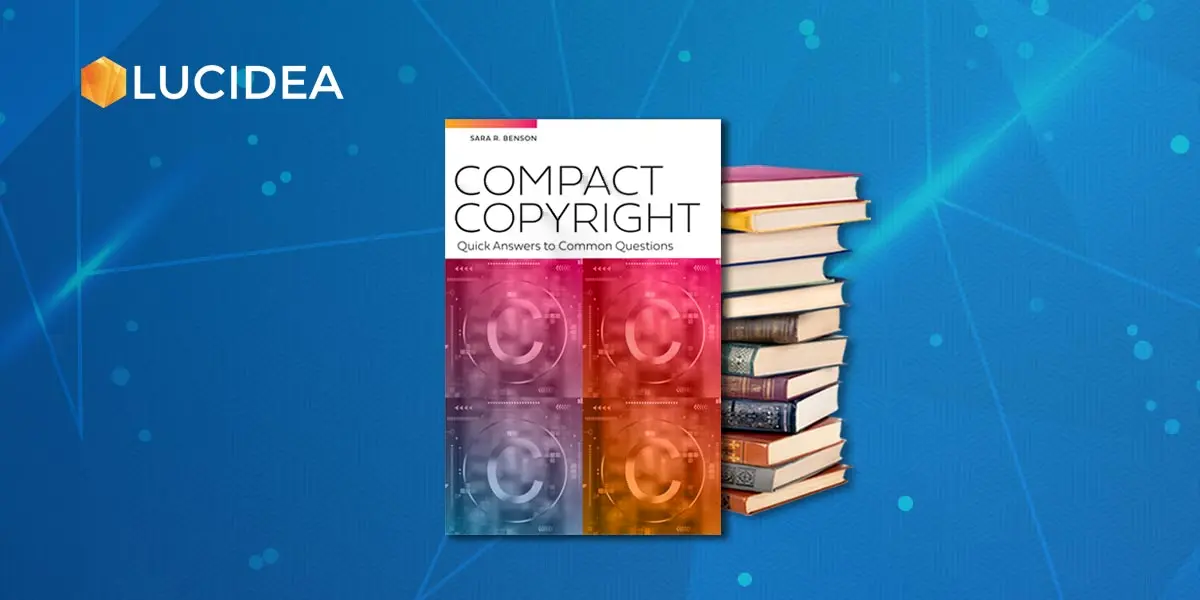
Interview with the Author; Compact Copyright: Quick Answers to Common Questions
All kinds of librarians, from reference to digitization to school librarians, confront copyright in their work. Few are experts,...

Technology Trends Impacting Information Professionals
Staying up-to-date on technology trends is important for information professionals. Technology trends impact how information is ...
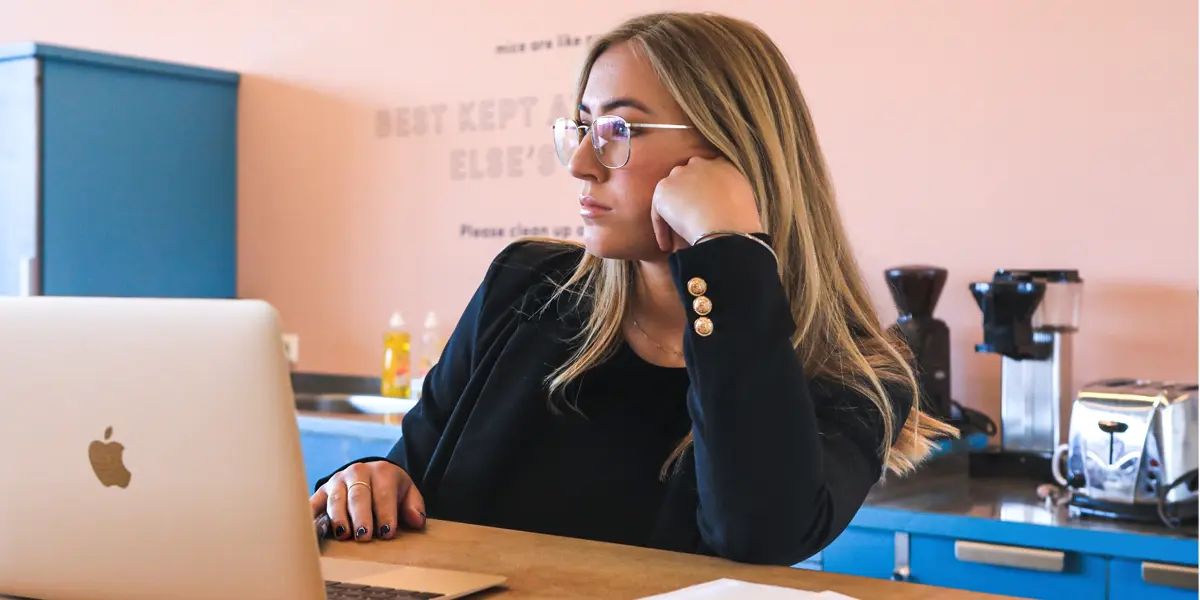
Implementing Desirable Difficulties for Learning
A desirable difficulty is challenging, but not so hard as to be discouraging; students recall content more readily than if learn...
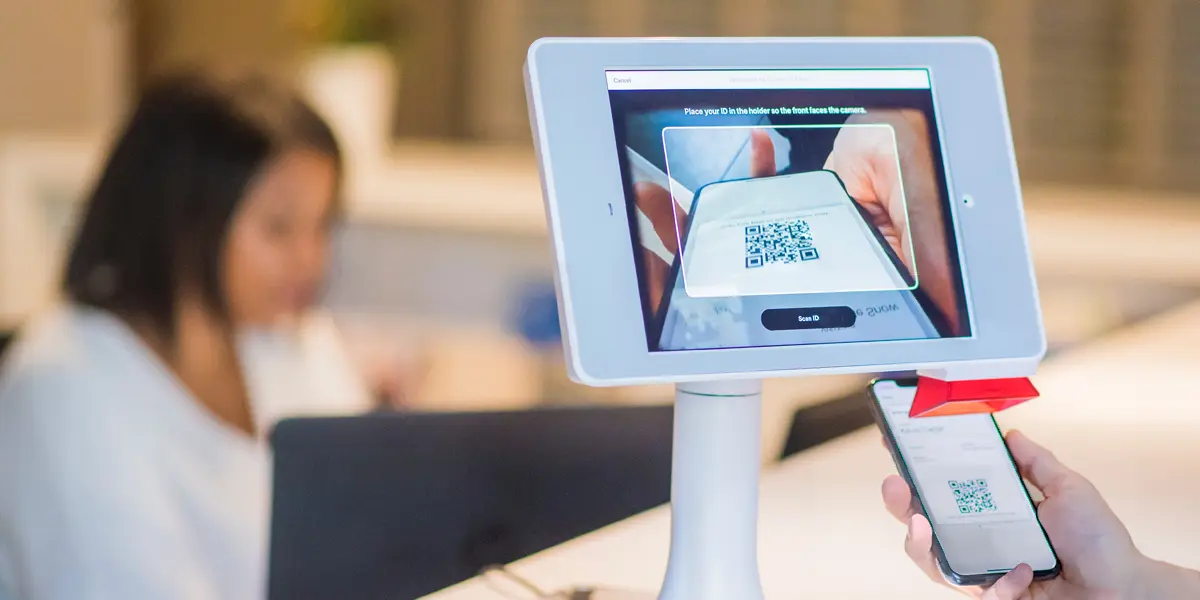
Using QR Codes in Special Libraries
Using QR codes on print resources in physical locations remains a good option, but we can use QR codes in digital environments a...
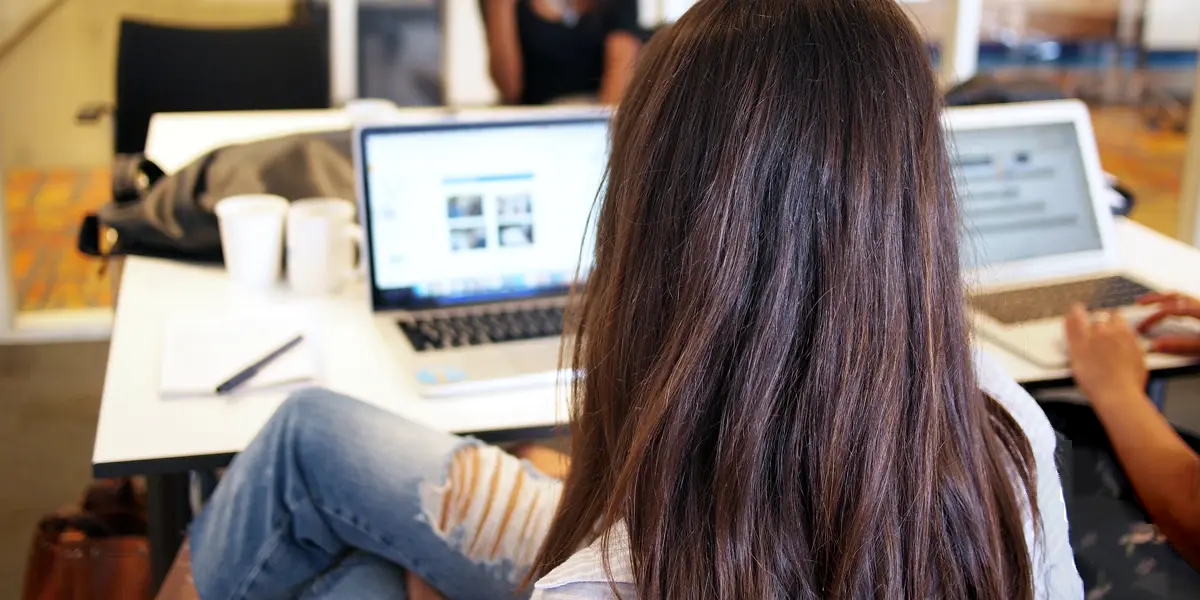
Mayer’s 12 Principles of Multimedia Learning
Librarians who develop tutorials and create digital content can apply Mayer’s 12 principles of multimedia learning; an overview
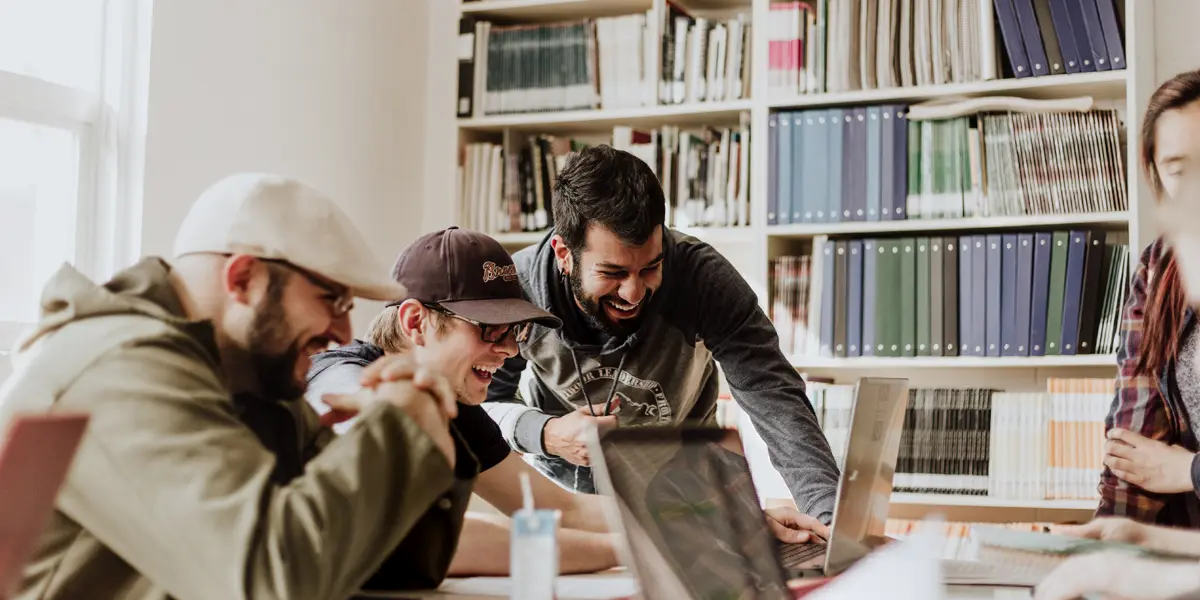
Additional Neuromyths that Impact How We Interact and Learn
Librarians should use reputable sources and use research-based practices; we should promote ways of thinking about the brain to ...
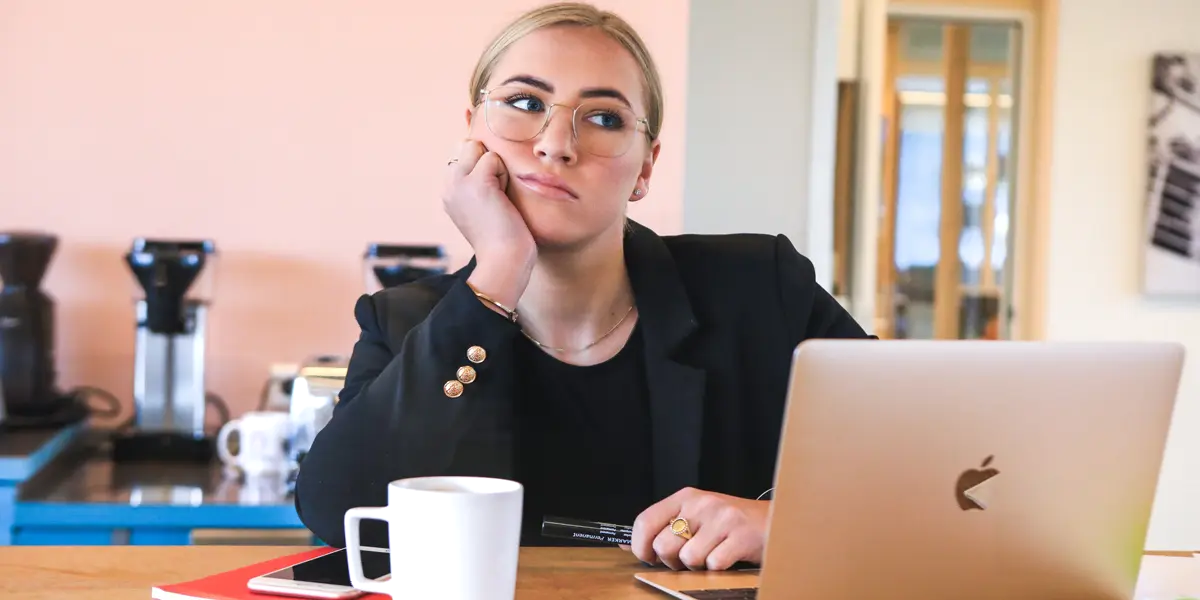
The Value of Year-End Reflections
Reflective practice helps reset/focus on priorities; it can also identify what no longer needs to be done. Year-end reflection p...
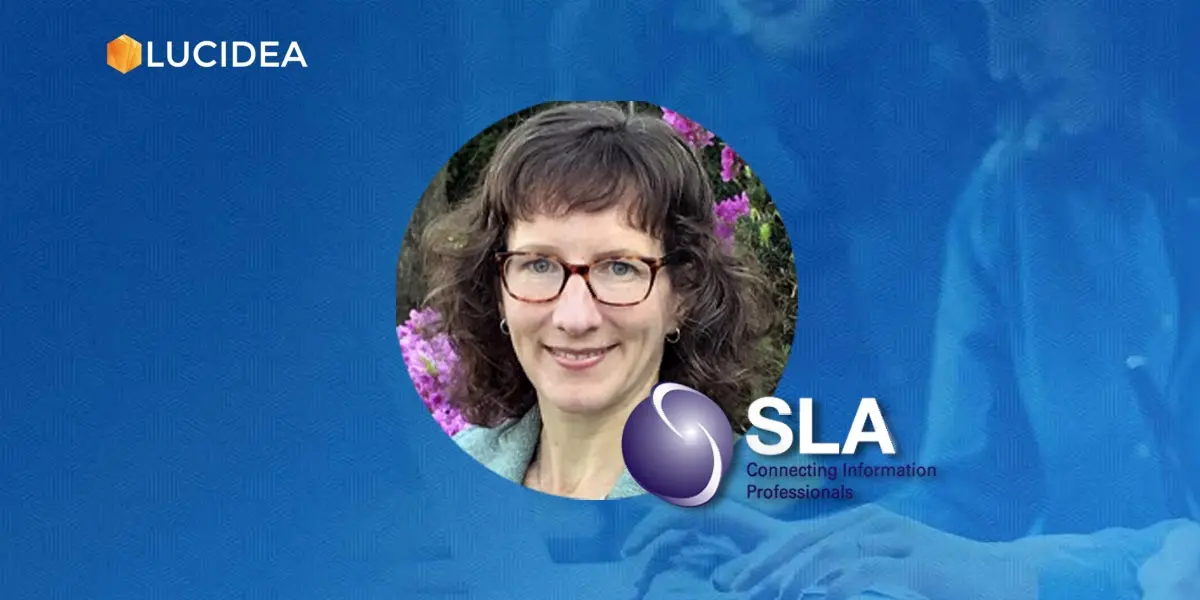
Trends in Special Libraries: Insights from SLA President Tara Murray Grove
The three pillars of SLA’s strategic plan are Learn, Connect, and Advance; these describe the Special Libraries Association’s va...
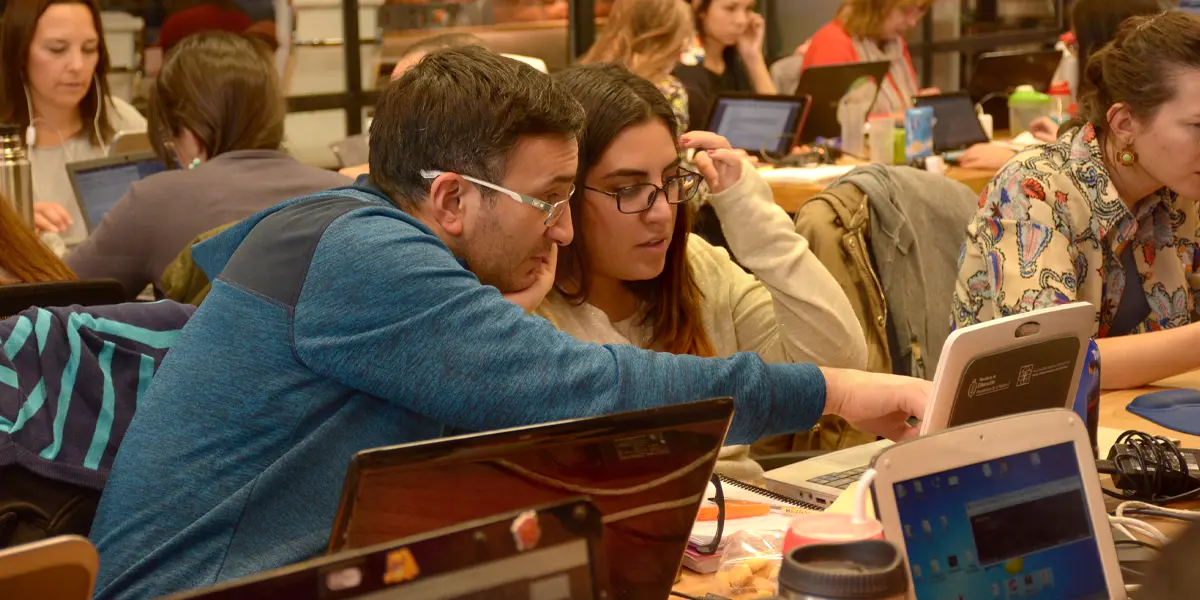
ASSURE: Instructional Design Model for us by Librarians
Special librarians responsible for training may want to use the ASSURE model of instructional design to plan training or a works...
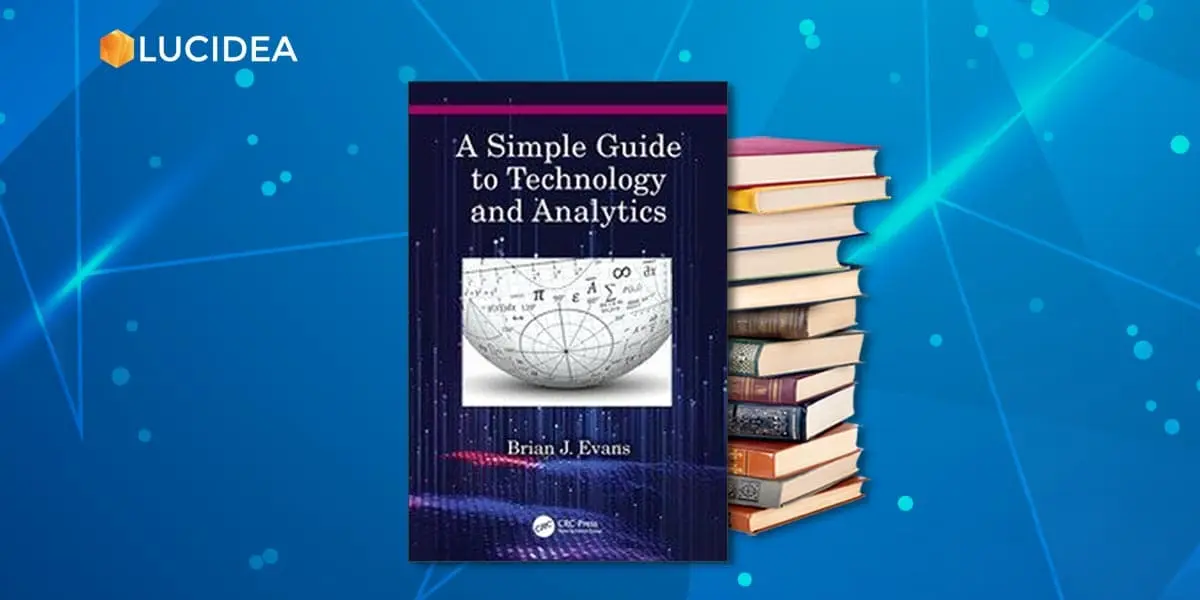
Interview with the Author: A Simple Guide to Technology & Analytics
New book explains smart technologies, why/how they work, what the future holds when quantum computers arrive; the Index serves a...

The Thought Processes of Experts
Experts in the information profession should share their thought processes with those new to the field; this is how we keep buil...

The Neuromyth of Right-Brain/Left-Brain People
As special librarians who provide training, it is our job to use reputable sources and research-based practices rather than perp...
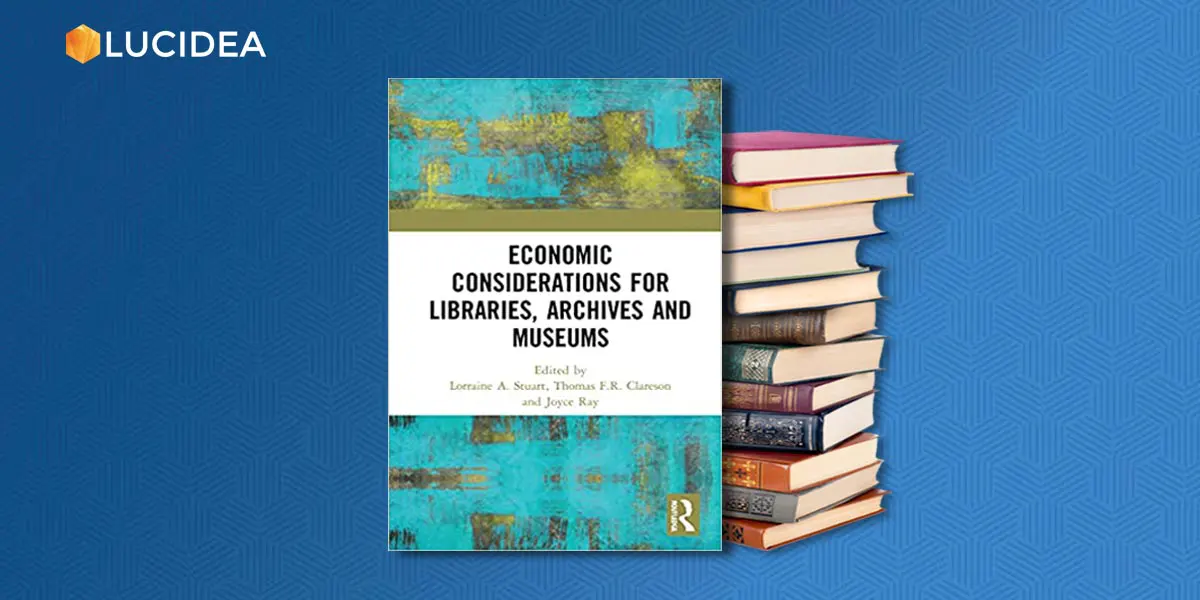
Interview with the Editors: Economic Considerations for Libraries, Archives, and Museums
Librarians, archivists and museum professionals can learn and improve our organizations by seeing good practices LAM colleagues ...
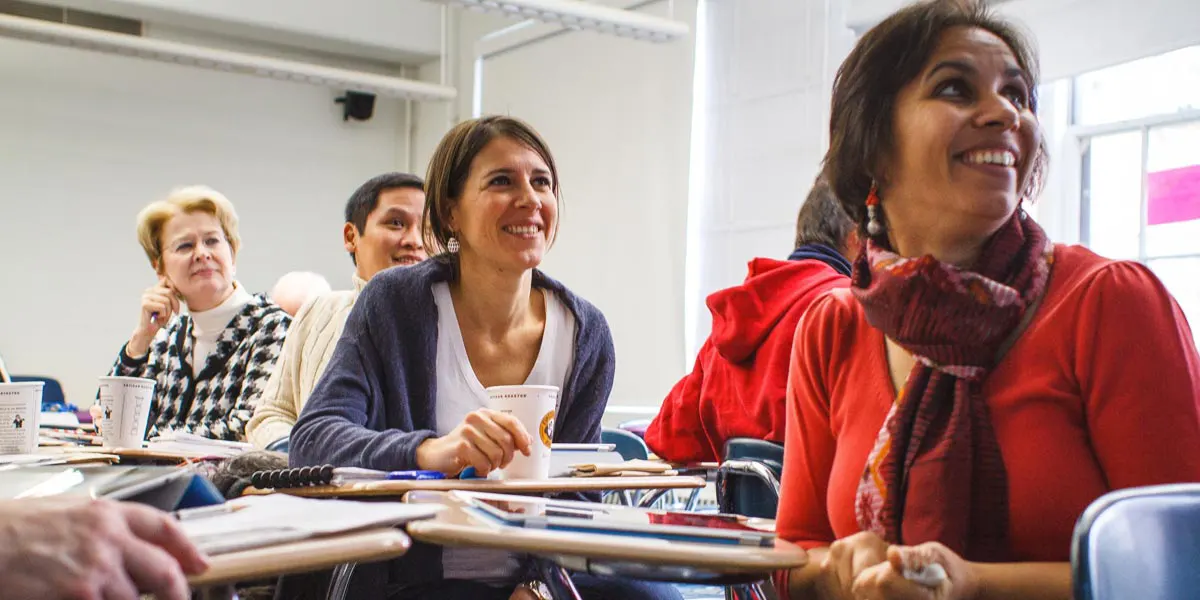
The Neuromyth of Learning Styles; What Librarians Should Know
Special librarians delivering training should know what doesn’t work, as well as what does. The myth of learning styles is an ex...
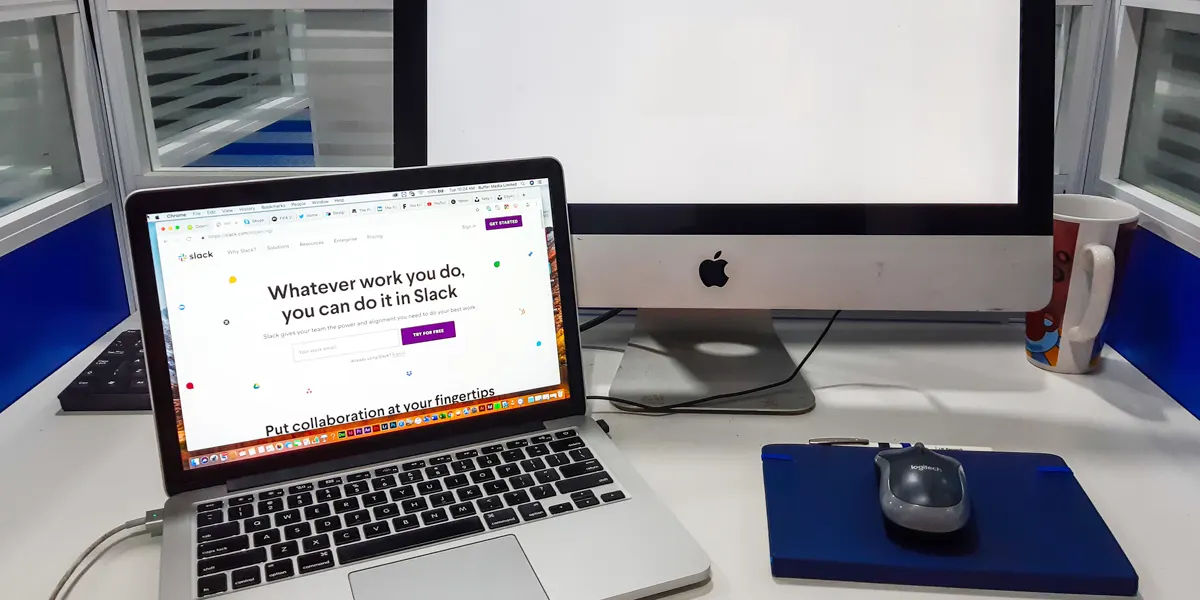
Using Slack in Your Library Network; A Practical Guide
Slack offers a common communication platform with colleagues for quick questions, common challenges, and projects; practical tip...
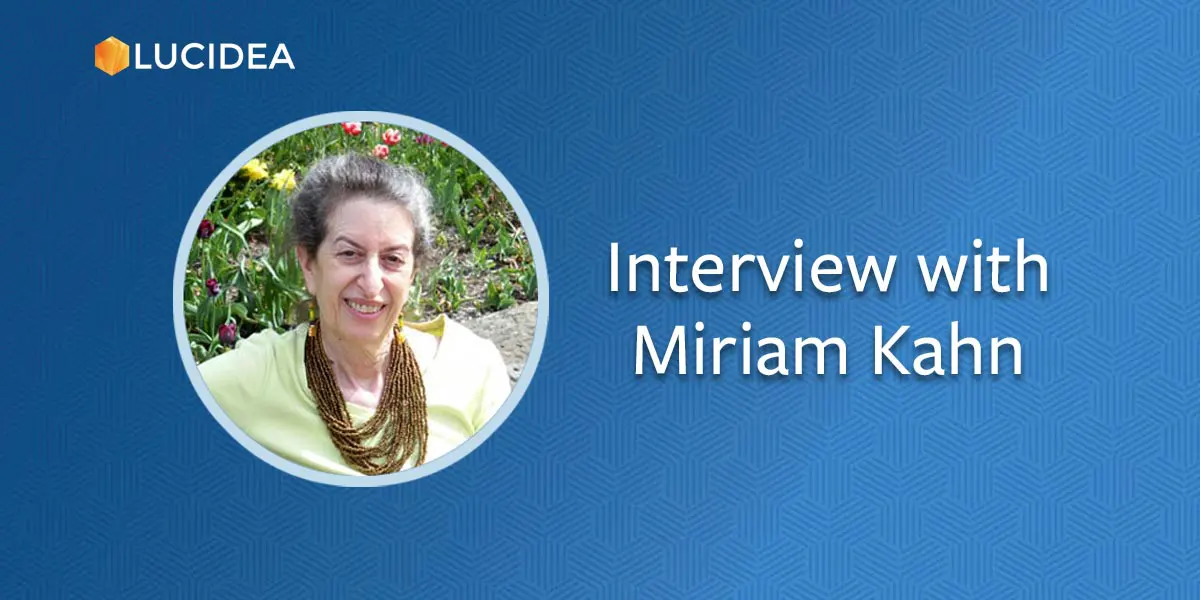
Interview with Miriam Kahn
Interview with librarian and consultant Miriam Kahn with her perspective on trends in special librarianship and the future of th...

Librarians and the Spacing Effect: How to Study for Retention
To retain lessons learned for an extended period of time, we also need to study them over an extended period of time; this is th...

Google Jamboard for Library Training
Special librarians who conduct training can use Google Jamboard; it adds an interactive element to learning sessions that helps ...
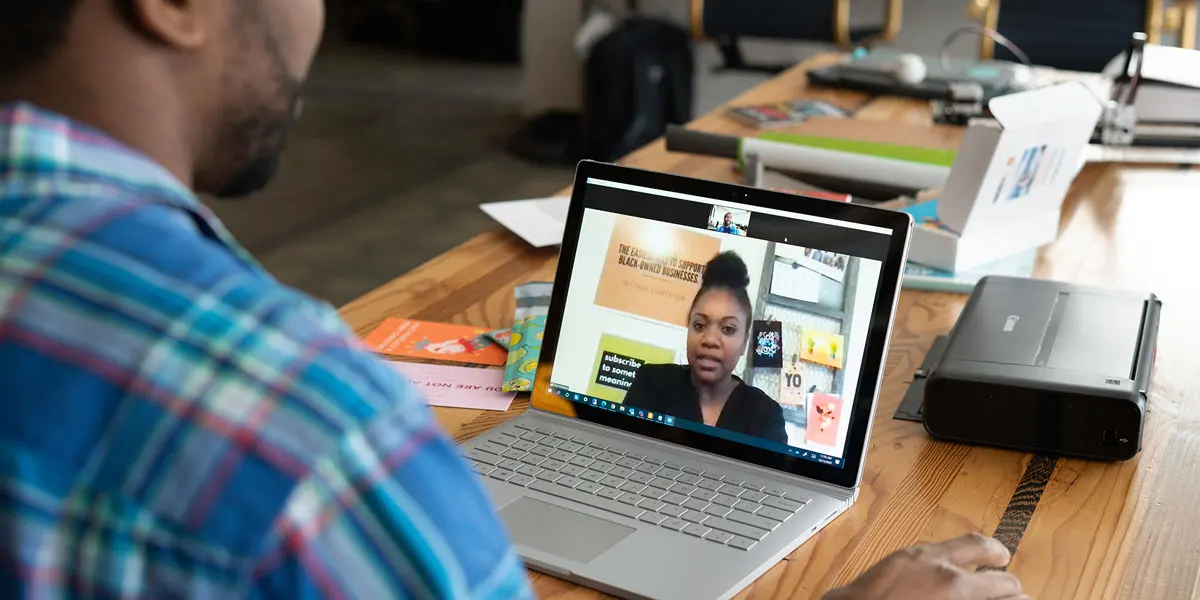
Tips for Conducting Learning Interviews
Asking questions of people can be uncomfortable, but there is value in learning interviews about others’ experiences; tips for s...

Interview with Lucrea Dayrit, Special Librarian and Professional Development Advocate
Interview with Lucrea Dayrit, special librarian and professional development advocate, on trends in special librarianship, assoc...

Interview with Judith lacuzzi, Executive Director of the USA Toy Library Association
The USA Toy Library Association’s mission is to support toy libraries, helping ensure they can provide quality play experiences ...
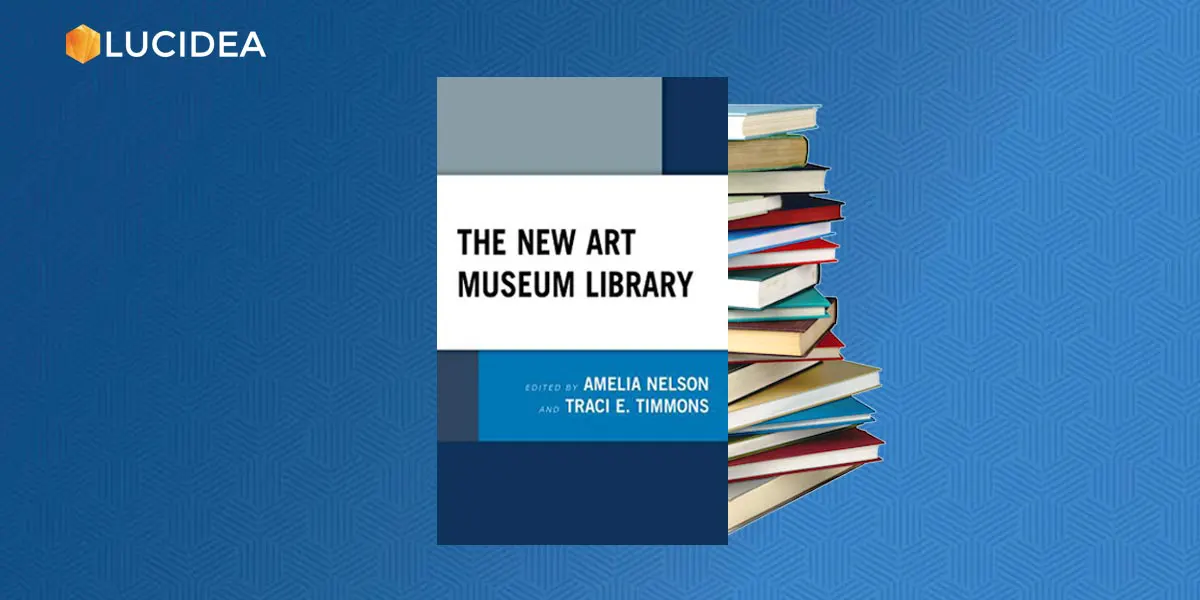
Interview with Amelia Nelson and Traci Timmons Editors of
The New Art Museum Library
Interview with two art museum librarians and archivists who edited the new book The New Art Museum Library; trends, professional...

Using Retrieval Practice to Encourage Memory Retention
Librarians can incorporate retrieval practice into instruction; it is a strategy for deliberately recalling information and boos...
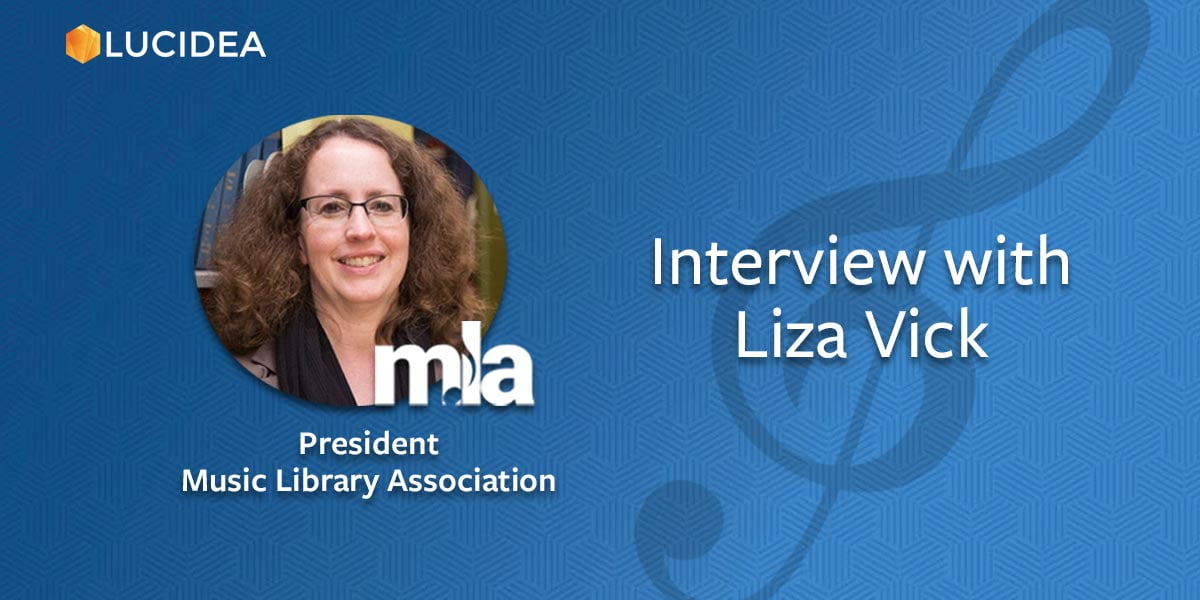
Interview with Liza Vick, President of the Music Library Association
Music Library Association interview; covers wide range of services, responsibilities, programs that form a library association’s...
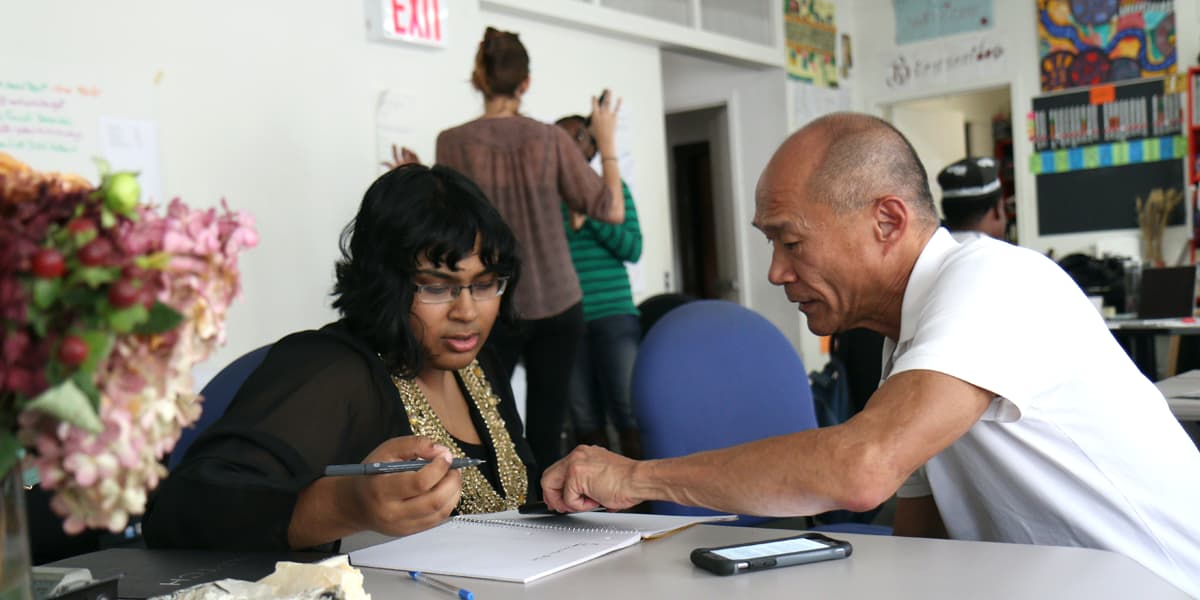
Interleaving in Library Training
Interleaving is the concept of alternating between concepts during learning instead of practicing one skill at a time. This prom...
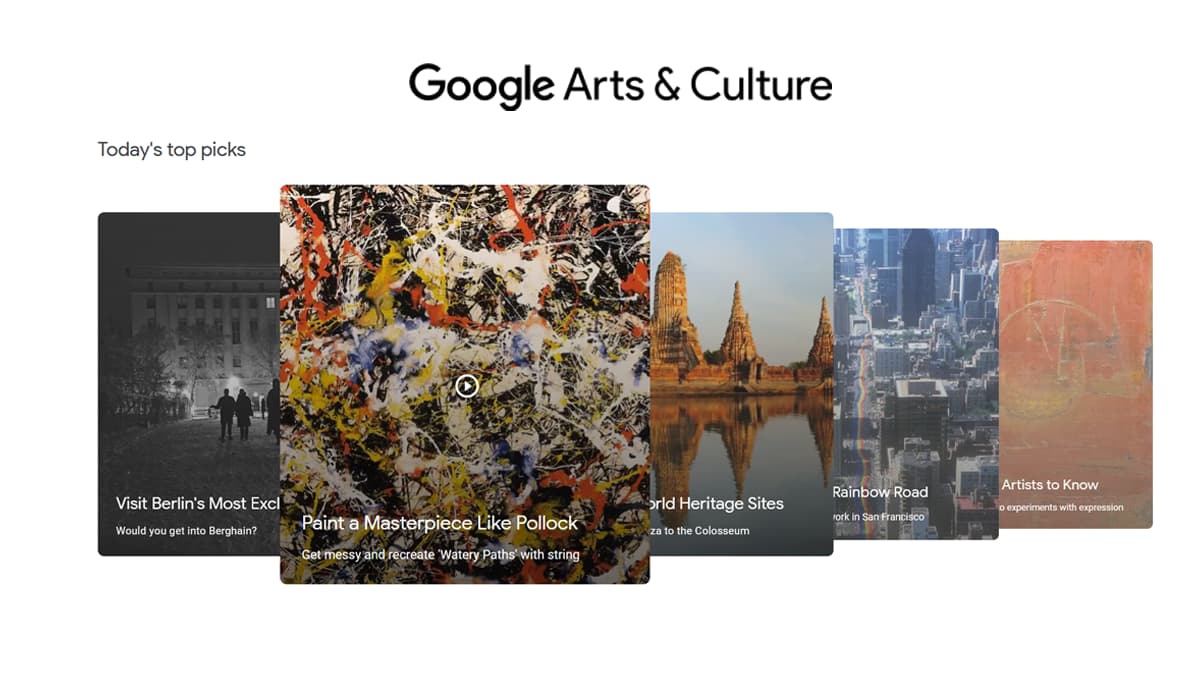
Google Arts & Culture
Google Arts & Culture is an incredible resource for special librarians who want to showcase a collection or highlight resources.
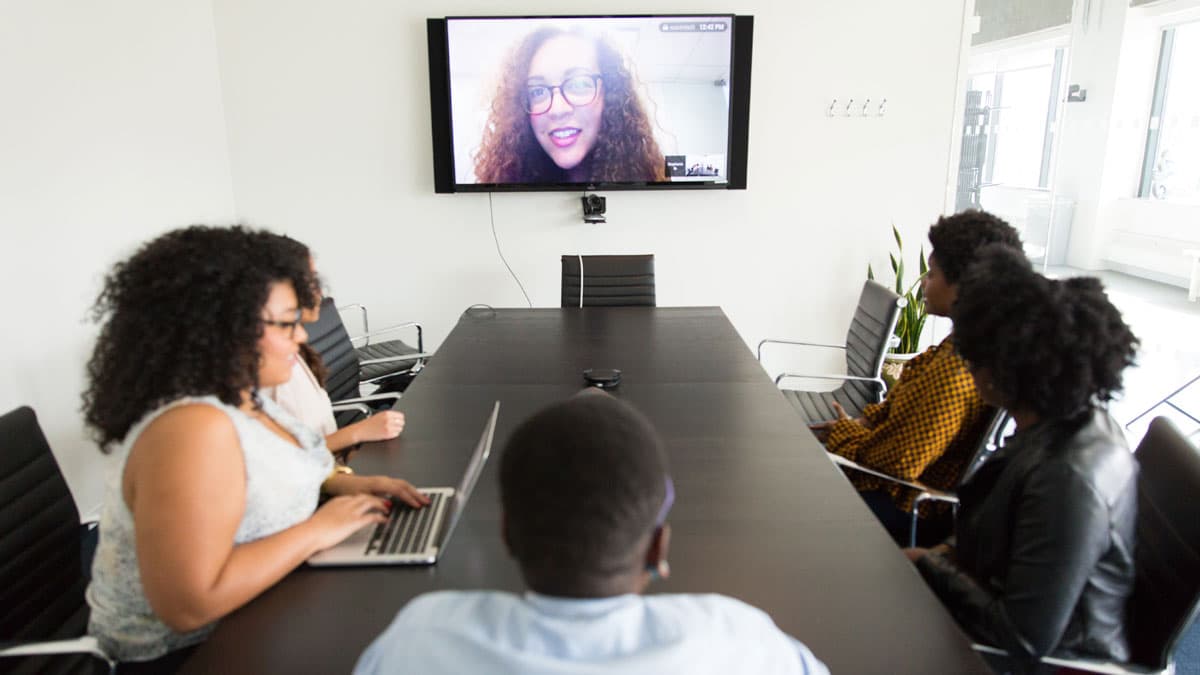
Active Learning in Special Libraries
Skills for special librarians include incorporating active learning techniques into library training; this can increase interact...
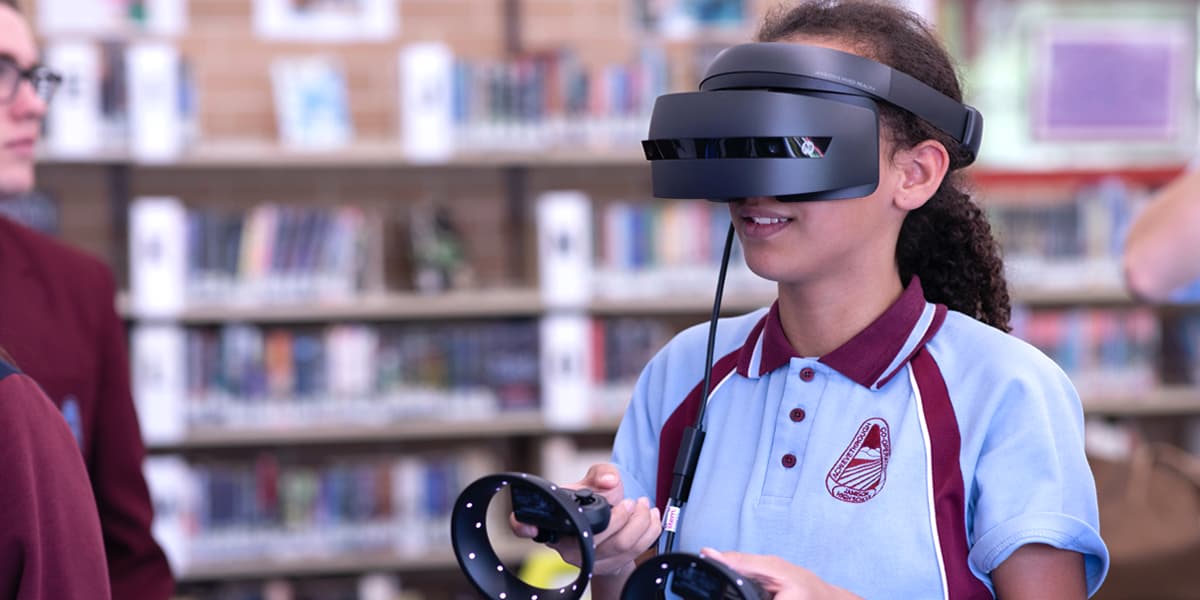
The History and Potential Uses of AR and VR in Libraries
Librarians anticipating future technologies must consider augmented reality (AR) and virtual reality (VR); these tech tools are ...

Total Cost of Ownership—Tech Purchasing Tips for Librarians
Librarians who purchase technology should understand the TCO (Total Cost of Ownership) calculation to determine their overall co...
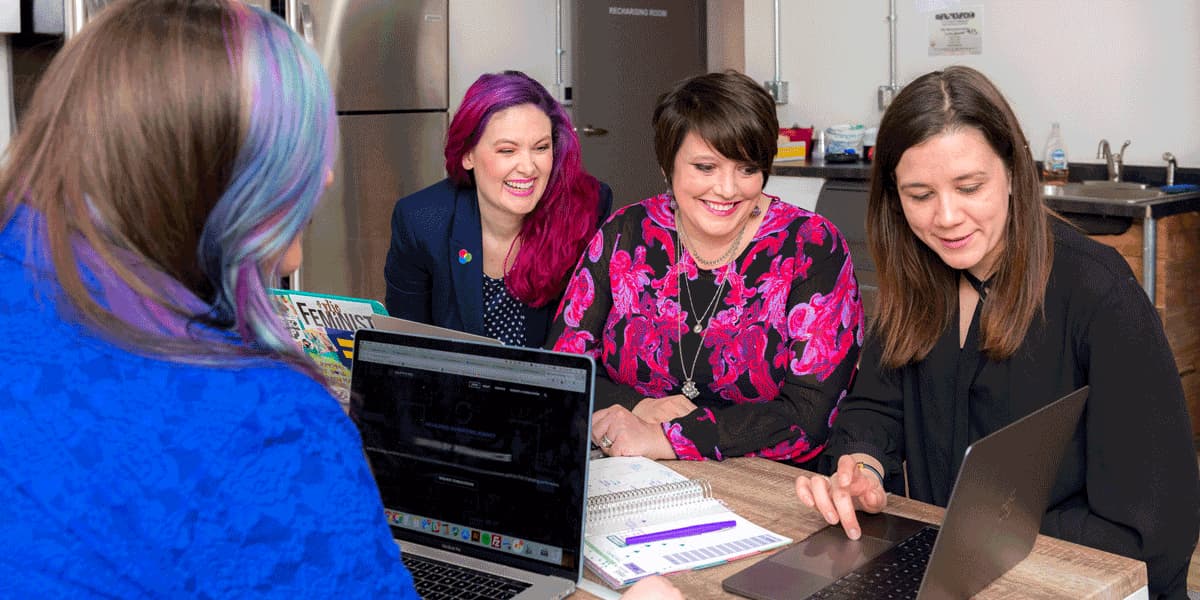
Critical Thinking and Special Libraries
Skills for special librarians who teach include encouraging critical thinking. To do so, librarians need to teach in context. So...
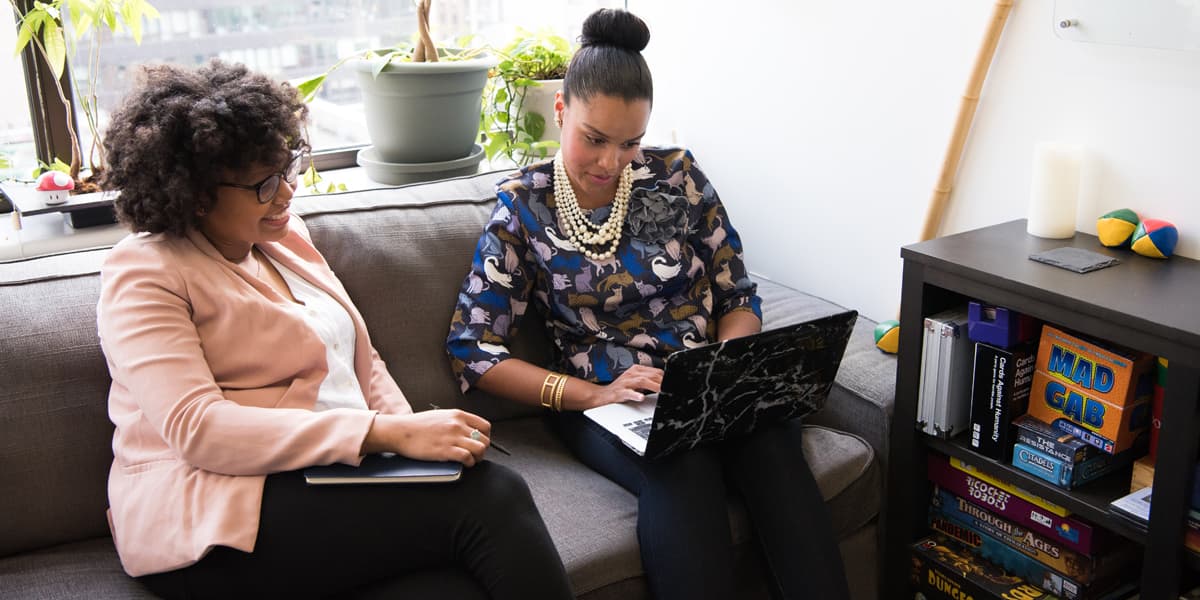
Using 360° Feedback in your Library
Special library managers may need a new way to evaluate library staff or evaluate training effectiveness; 360-degree feedback ma...

Refresh Your Approach to Designing Library Training Courses
Instructional designers help reframe library training approaches and how to make content relevant, creating a better experience ...

Connectivism: Teaching Library Users How to Find Information
Skills for special librarians include using learning theories such as connectivism; users need to see connections between inform...

An Interview with Barry Grant from the Medical Library Association
Medical librarians share professional development goals and needs with other special librarians; the MLA provides learning oppor...
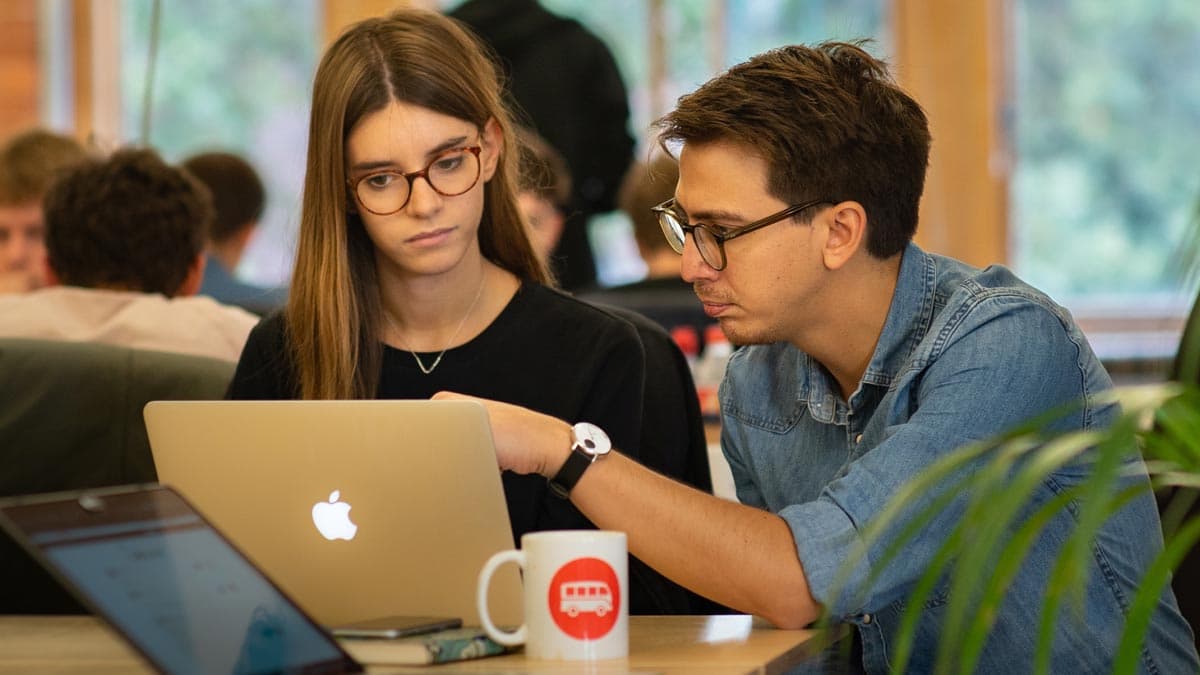
Special Libraries & Gagne’s Nine Events of Instruction, #2
Gagne’s Nine Events of Instruction can be used for class planning to help get your special library students in the correct menta...
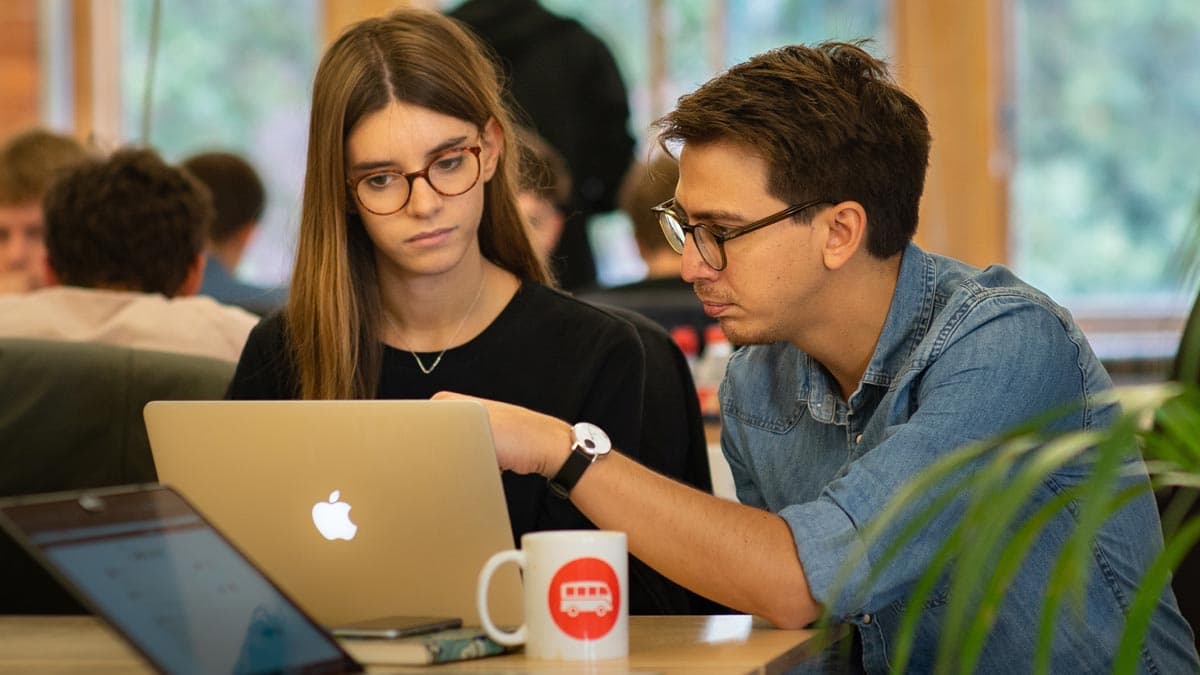
Special Libraries & Gagne’s Nine Events of Instruction
Special librarians who deliver training can use Gagne’s Nine Events of Instruction to ensure students are in the correct state o...

Tabletop Games in Special Libraries
Special librarians should consider tabletop games to support experiential learning, allow for engagement with concepts in a safe...
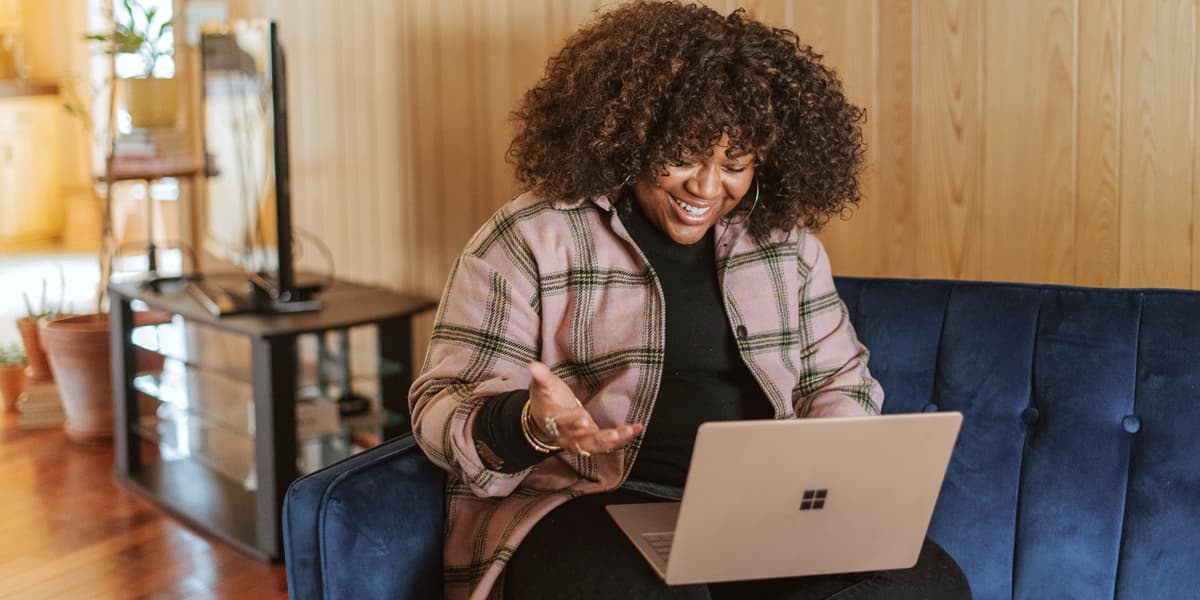
5 (More) Tips for Librarians Working Remotely
Working from home at least part of the time may be the next normal, post-pandemic for librarians. Tips for being productive and ...

Whether/How/Why to Conduct Research On Your Special Library
Skills for special librarians include strategic research on library services, products, and policies in order to understand and ...

Kaufman’s Five Levels of Evaluation
Skills for special librarians who conduct training include leveraging the Kaufman Five Levels of Evaluation to assess instructio...

Creating 360° Videos; a New Tech Skill for Special Librarians
Skills for special librarians include leveraging technology like 360° videos, as training and orientations are increasingly virt...

Special Libraries & Keeping What Works—During 2021 and Beyond
Skills for special librarians including reflecting on prior experiences, keeping what works, and improving upon what doesn’t. Qu...

Self-Regulated Learning in Face-to-Face and Virtual Environments
Special librarians teaching skills many adults need for employment and lifelong learning should include self-regulated learning ...

Special Libraries, Virtual Instruction, and Social Learning Theory
Skills for special librarians who conduct training include fostering social interaction during instruction; this is critical in ...
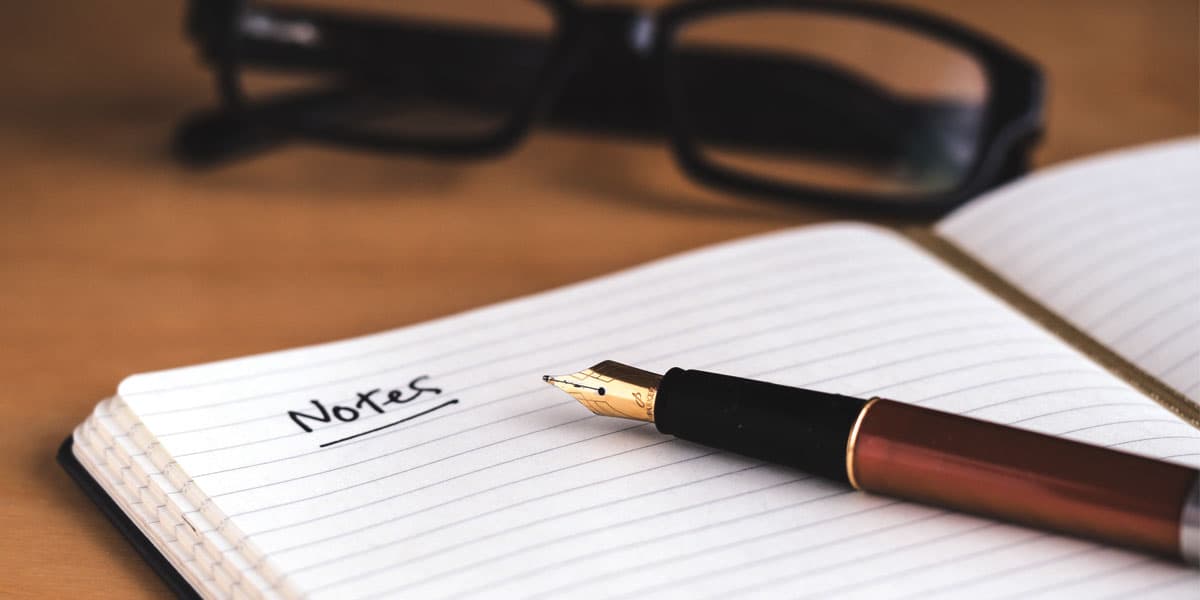
The CIPP Model of Evaluation
The CIPP Model is a useful decision-making framework that helps make special library training more effective.
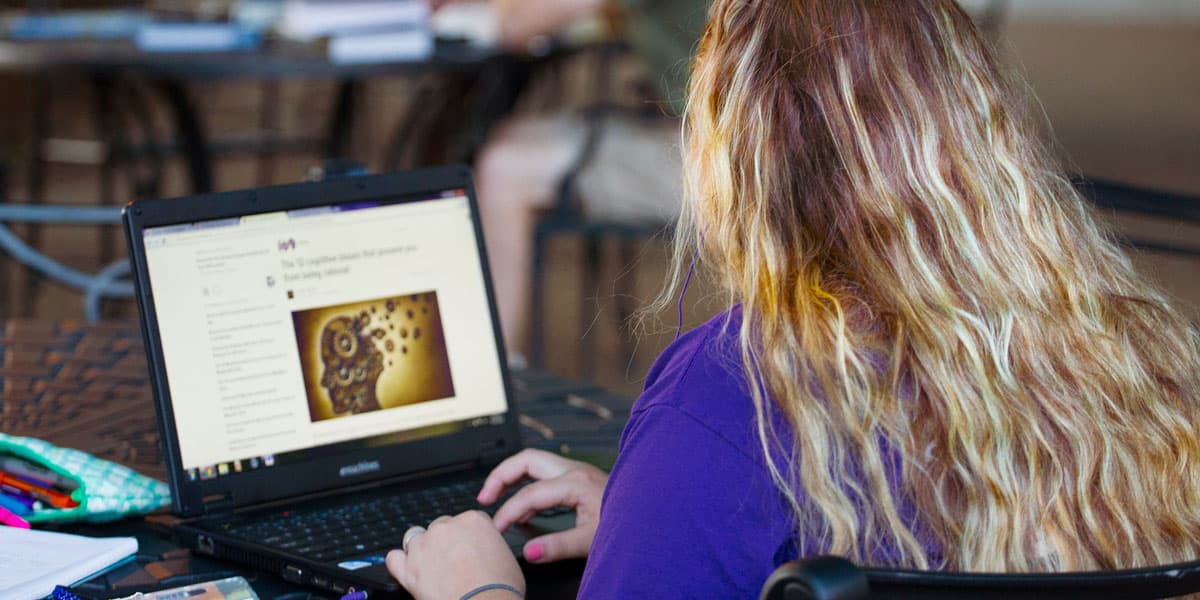
Alignment in Virtual Special Library Instruction
Alignment charts are used by special librarians delivering training to ensure session goals are addressed by activities, assessm...

Using the Phillips ROI Model to Analyze Library Training
Skills for special librarians include using the Phillips ROI model to measure whether training has produced measurable returns, ...
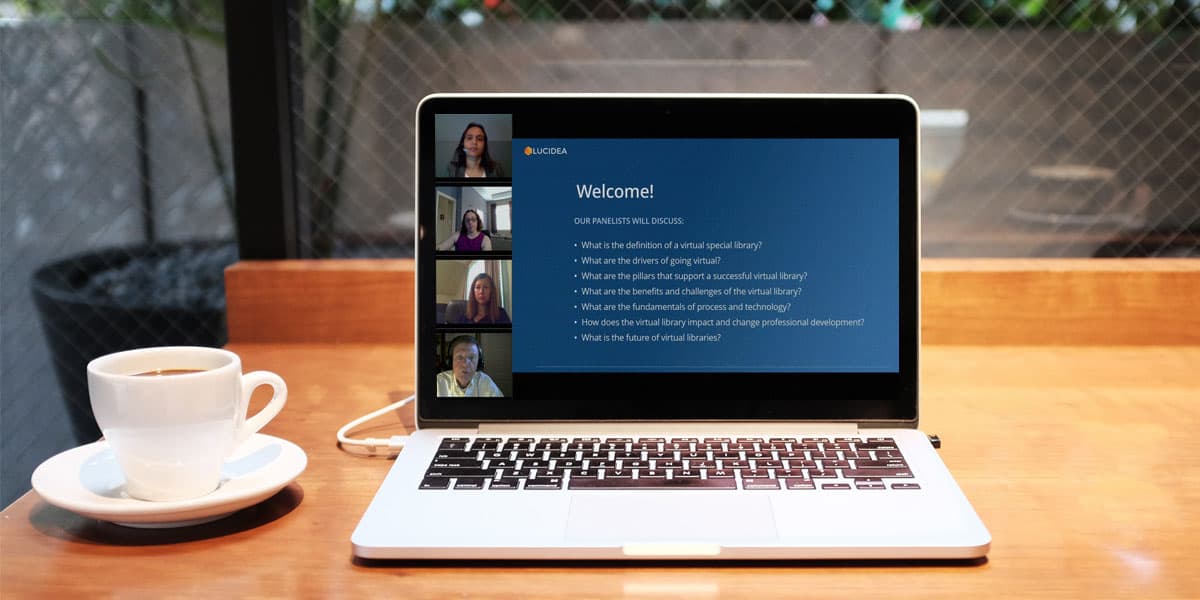
Using the Kirkpatrick Model to Evaluate Training
Skills for special librarians include evaluation of training programs, particularly online training programs, to ensure relevanc...

Tips for Virtual Instruction in Special Library Settings
Special libraries who deliver training sessions increasingly do so virtually; tips for successful virtual instruction in various...

Understanding and Applying Maslow’s Hierarchy of Needs in Special Libraries
Special librarians can leverage Maslow’s hierarchy when designing and delivering training and also when responding to reference ...

The Pillars of Virtual Libraries
Virtual librarianship is on the increase; building relationships and leveraging the right technology are necessary for communica...

Creative Commons Tips for Special Librarians
Special librarians who create and deliver presentations can leverage Creative Commons for images; tips for where and how to find...
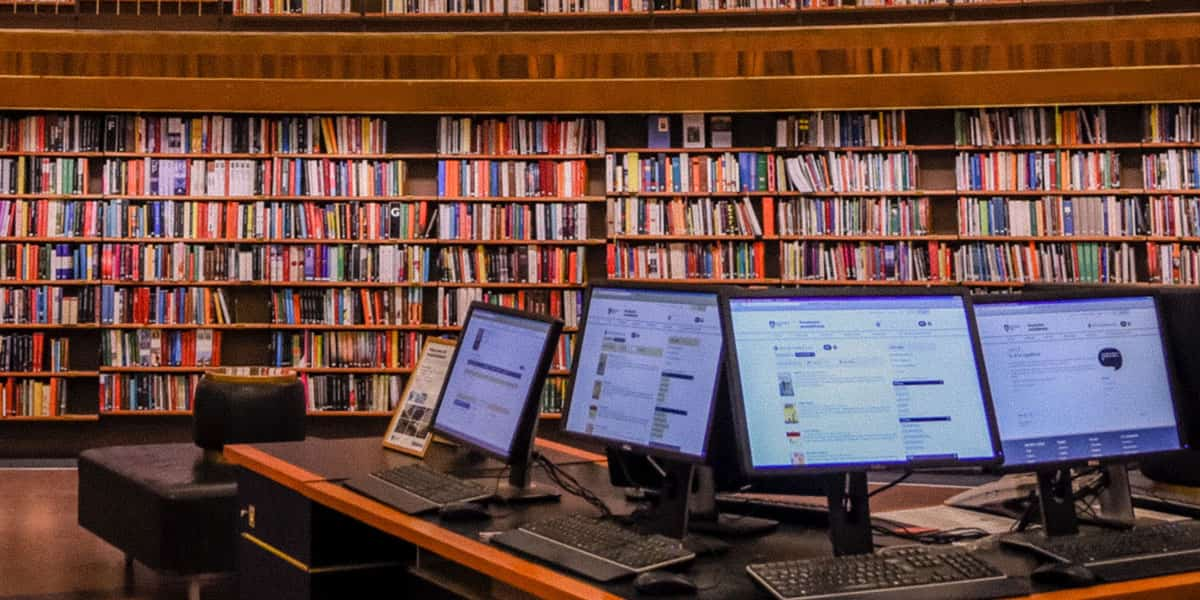
Special Librarians and Digital Citizenship
Skills for special librarians include competency in information ethics, which is very similar to the competency of digital citiz...
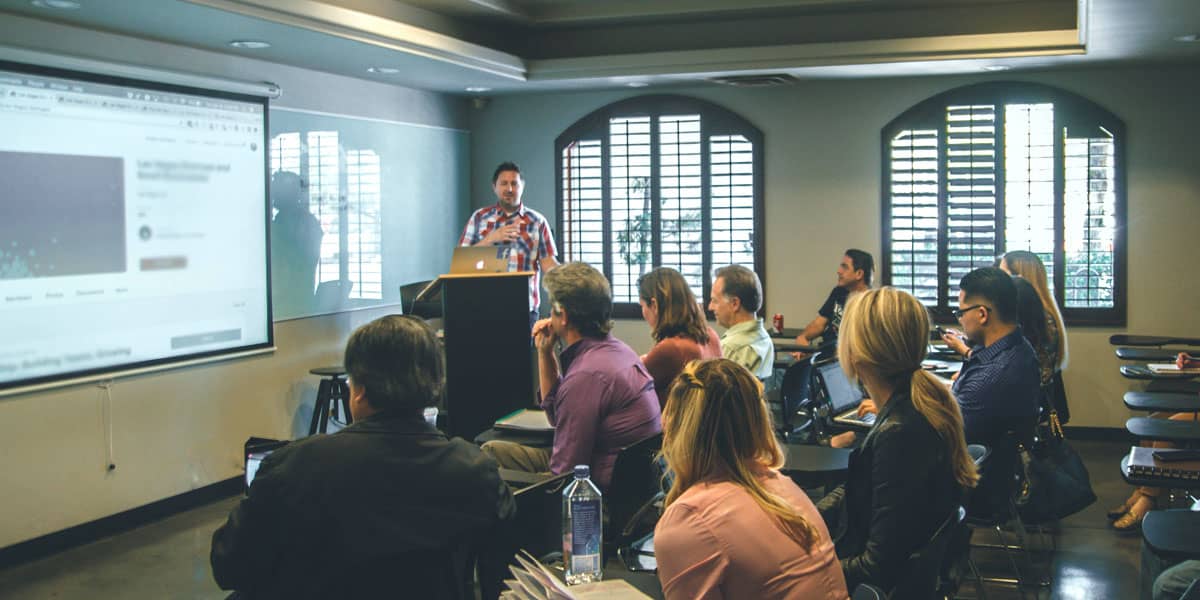
Where Do You Start When Designing Library Training? At the End
Skills for special librarians include training; starting with the end in mind helps in designing more effective training; learn ...

Gamifying in Special Libraries
Gamification builds engagement and motivation. It is not a good fit in every special library, but is excellent for those looking...

Tips for Mentorship in Special Libraries
Skills for special librarians include mentoring and knowing how to reap the benefits of being mentored. Tips for how to build me...
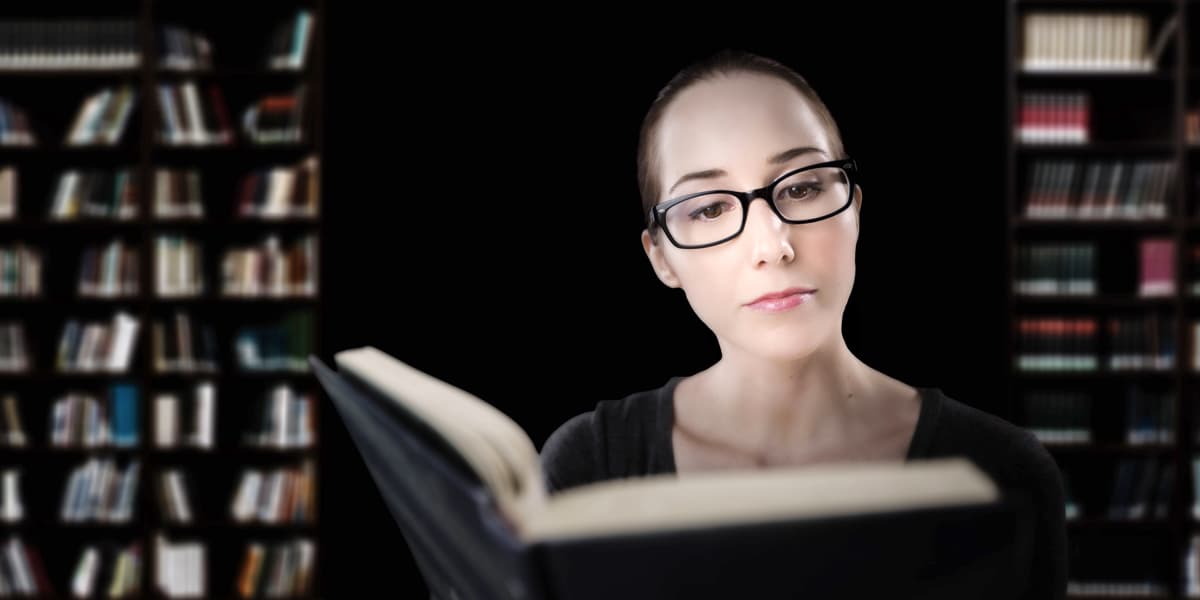
Assessment and Evaluation in Special Libraries, Part 2
Successful special library assessment includes developing useful assessment questions and deciding which methods are best to ans...
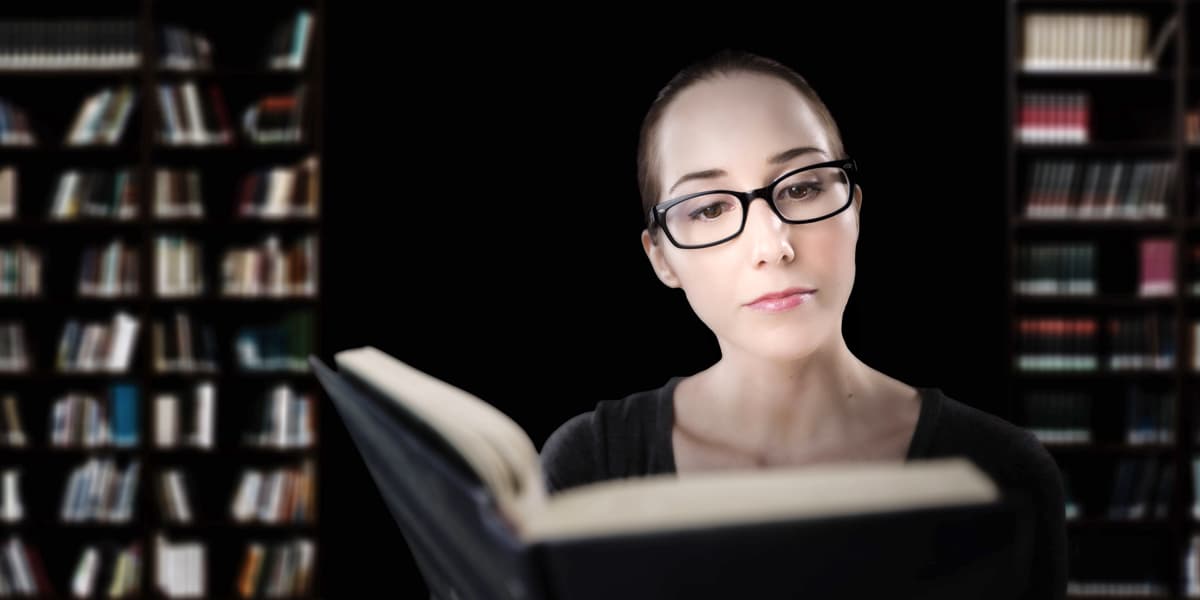
Assessment and Evaluation in Special Libraries
Successful library assessment depends on a 'culture of assessment' and involves the entire library staff with the goal to improv...
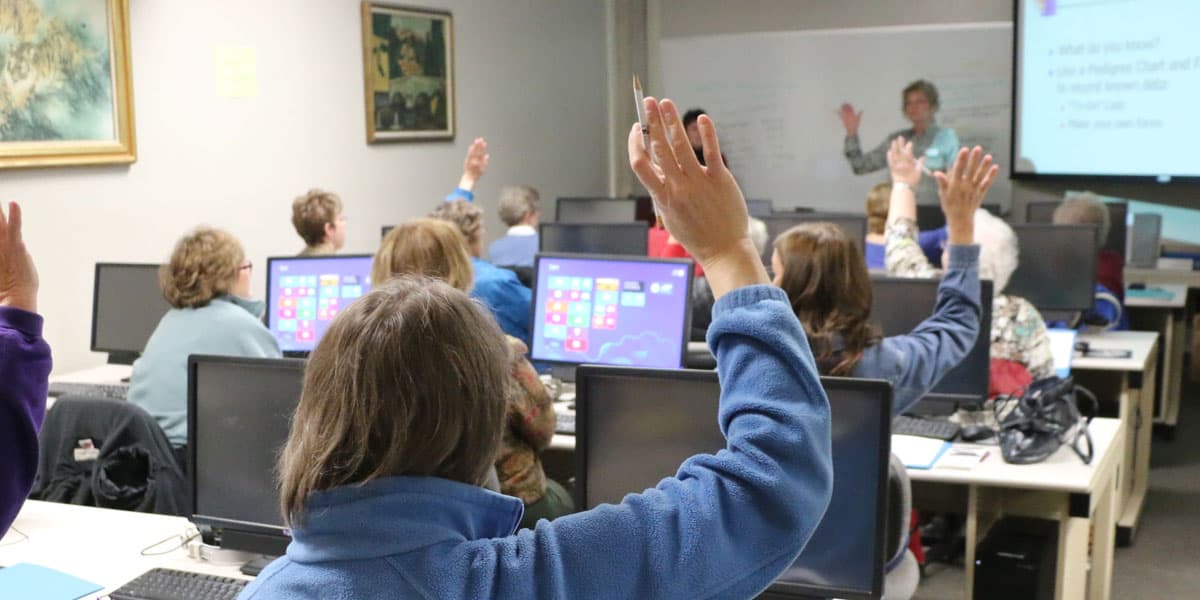
Setting Learning Goals in Special Libraries
Skills for special librarians include evaluating whether training session attendees have learned the subject matter. Bloom’s tax...

5 Tips for Special Librarians Working Remotely
Skills for special librarians include being productive when working from home; 5 tips for balancing home, personal, and work-rel...

10 Tools for Organizing Virtual Work
Special librarians increasingly work remotely; there are many free tools to organize projects and enhance the ability to work vi...

Digital Literacy: Necessary Skills for all Special Librarians
Skills for special librarians include staying current with digital skills in order to meet the needs of users and work effective...

Building Your Library Career Through Networking
Skills for special librarians include intentional networking; identify interests and areas where you can grow. Be strategic in n...
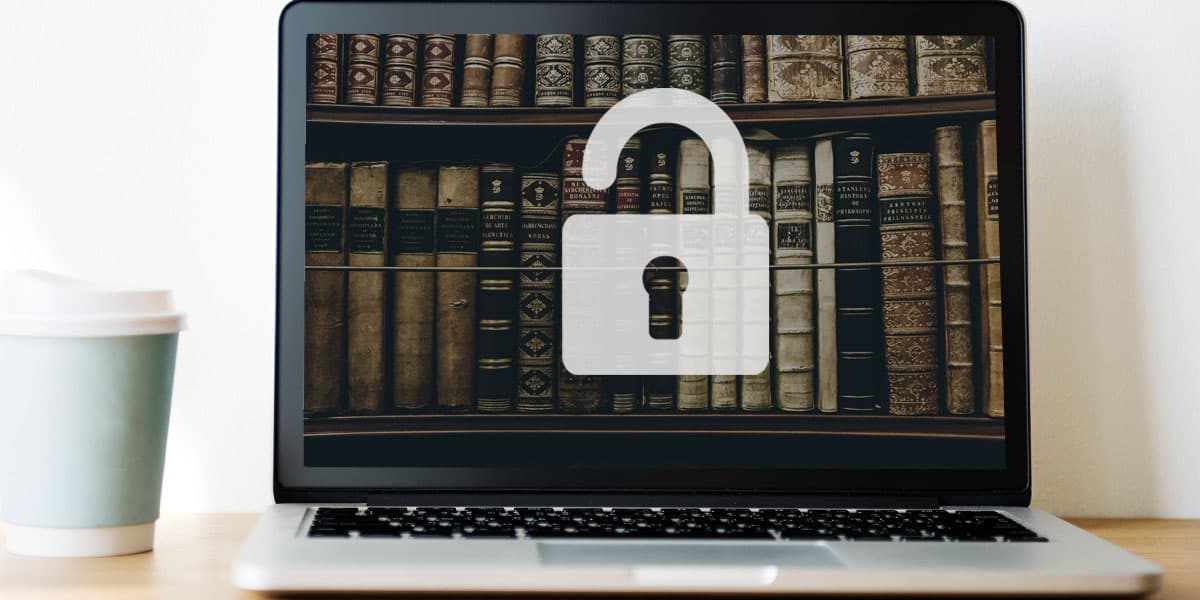
Open Access: An Important Resource for Special Libraries
Content needed by special libraries is widely available in open formats; knowing what resources are available is important for s...

5 Tips for Virtual Presentations
Skills for special librarians include preparing and delivering virtual presentations for library staff, upper management, or lib...

Using Open Educational Resources in Your Special Library
Special librarians can leverage Open Educational Resources to save time and money, and often customize the way they present cont...
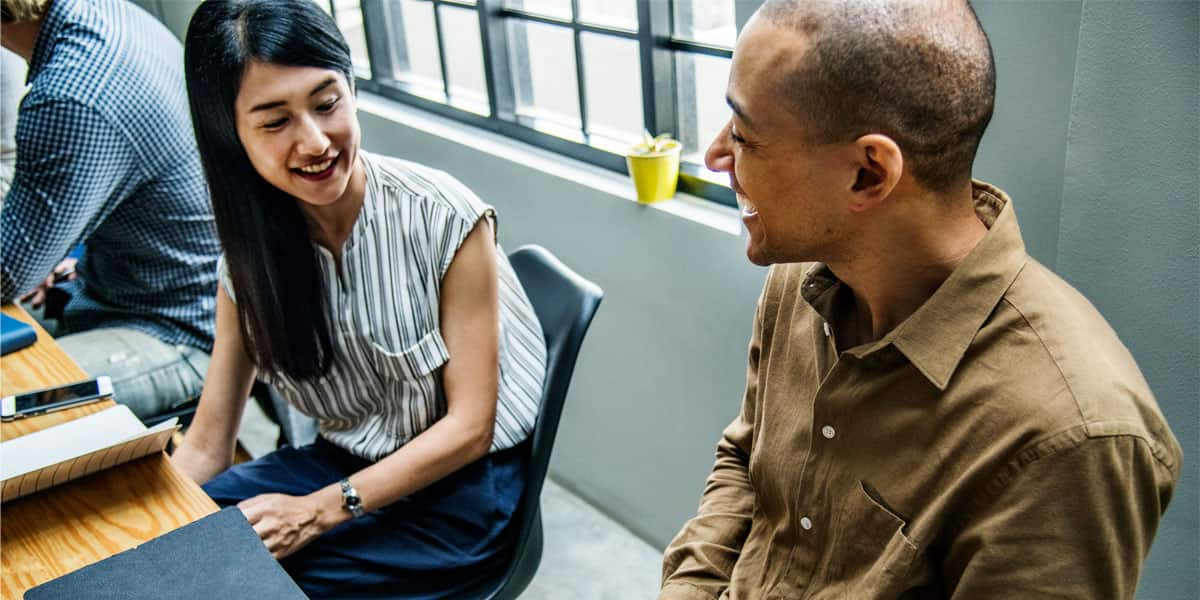
Special Librarians and Recognition Networks: The “How” of Learning
Skills for special librarians engaged in training using UDL include providing multiple ways for students to express their learni...
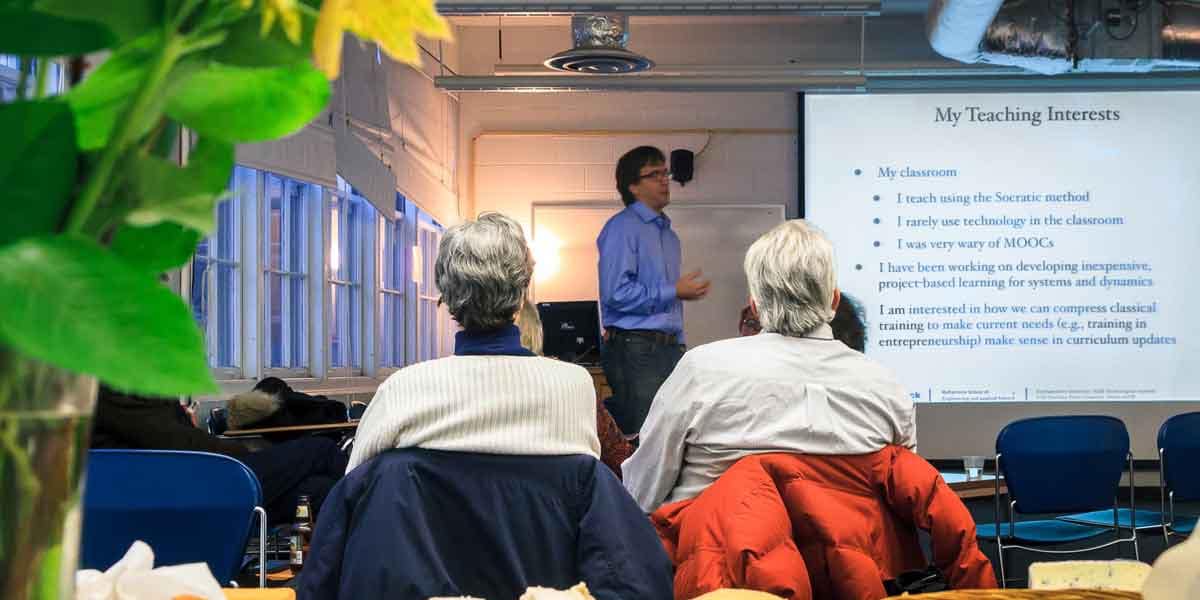
Special Librarians and Recognition Networks: The “What” of Learning
Skills for special librarians include using UDL, “a framework to improve and optimize teaching and learning … based on scientifi...
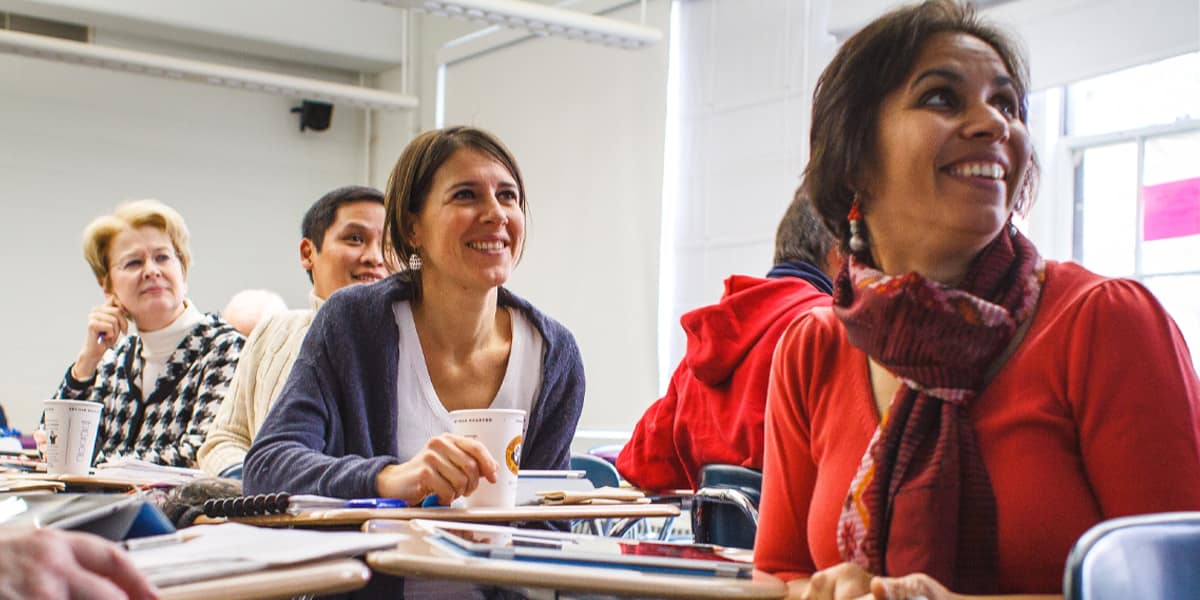
Affective Networks: The “Why” of Learning
Skills for special librarians include training, especially creating multiple ways for learners to engage with what you want to t...
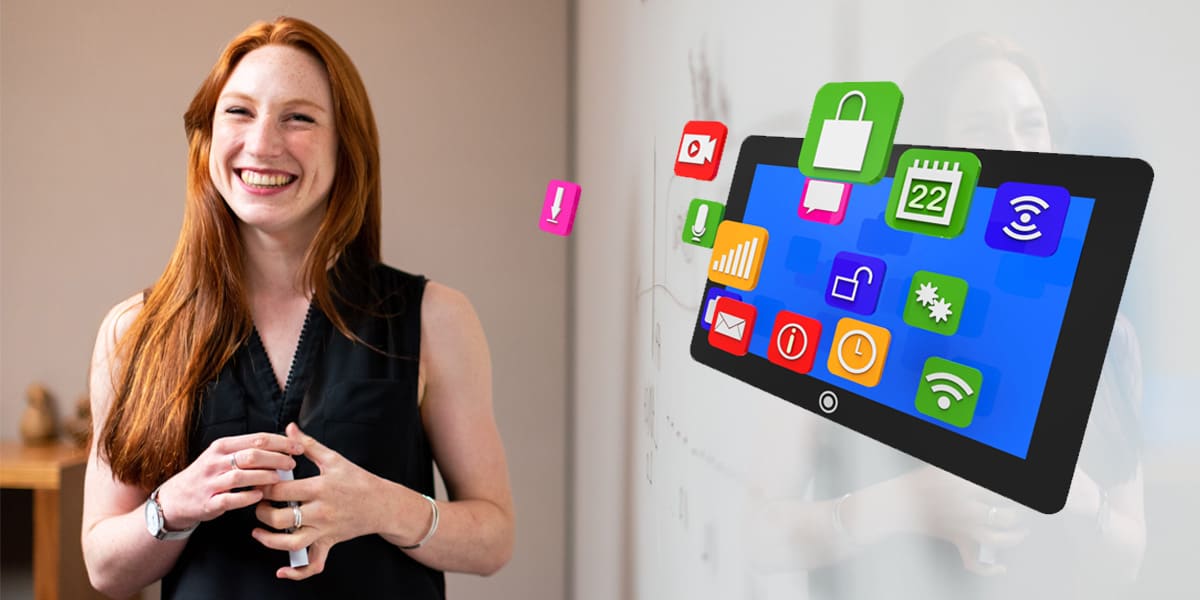
10 Online Tools for Virtual Libraries
Special librarians increasingly work in virtual settings; there are many free tools to create online resources to information an...

Using Science to Teach in Special Libraries: Universal Design for Learning
Skills for special librarians include using the Universal Design for Learning framework to develop meaningful training for users...
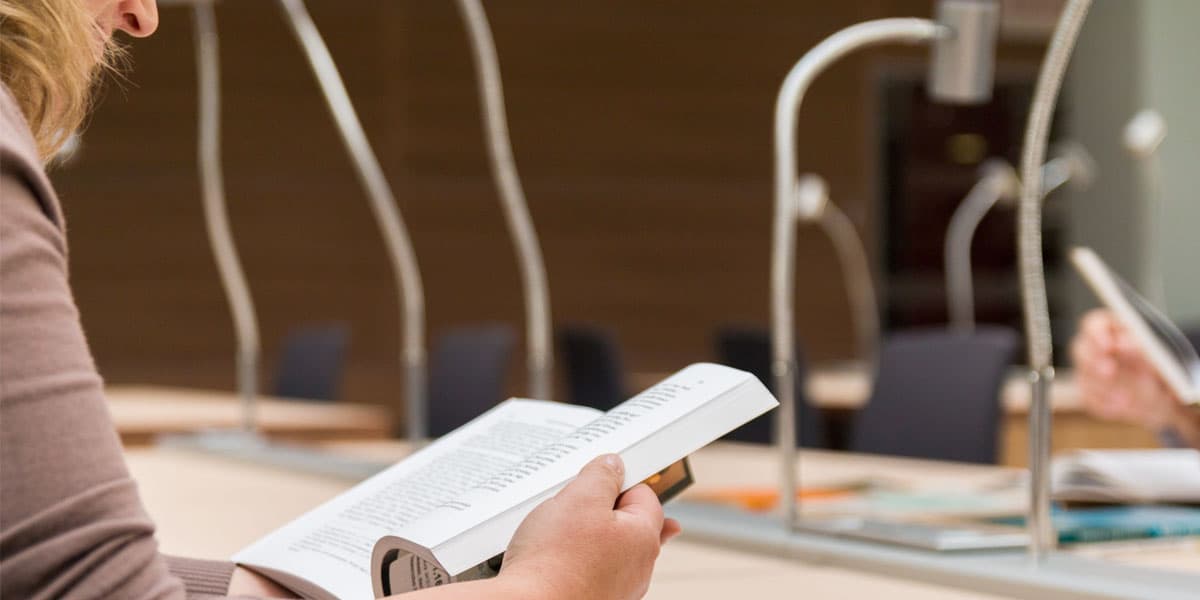
The Value of Lifelong Learning and Reflective Practice in Special Libraries
Skills for special librarians include a commitment to lifelong learning; reflective practice supports professional development a...

Preparing Your Special Library for Generation Z
Skills for special librarians include engaging with Generation Z as they enter our daily work lives; meeting their needs ups lib...

Setting Educational Goals for Your Special Library
Special librarians can set professional goals throughout the year, using SLA’s enabling competencies as thought starters, and th...
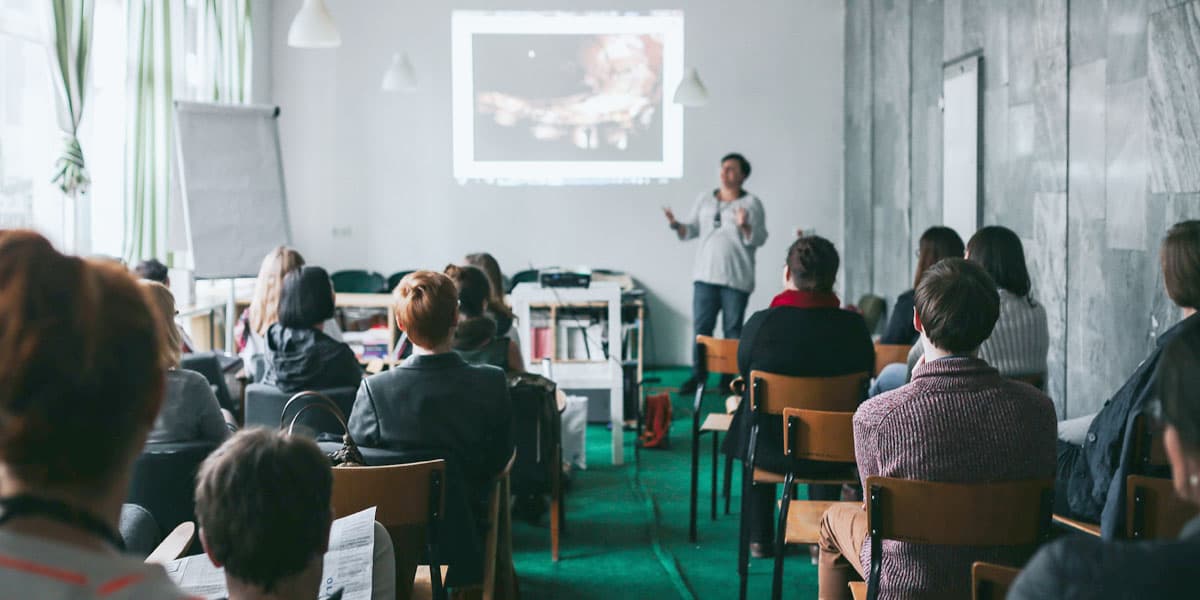
Using the ADDIE Model to Create Library Training
Skills for special librarians include training; the ADDIE model supports analysis, design, development, implementation and evalu...

Creating a Culture of Learning in Your Library: Developing Growth Mindsets
Skills for special librarians in managerial roles include building a growth mindset in library staff that will help them navigat...

Motivation in Special Library Staff: What Increases It and What Does Not
Motivation is complex and influenced by internal and external factors. Understanding this is an important skill for special libr...
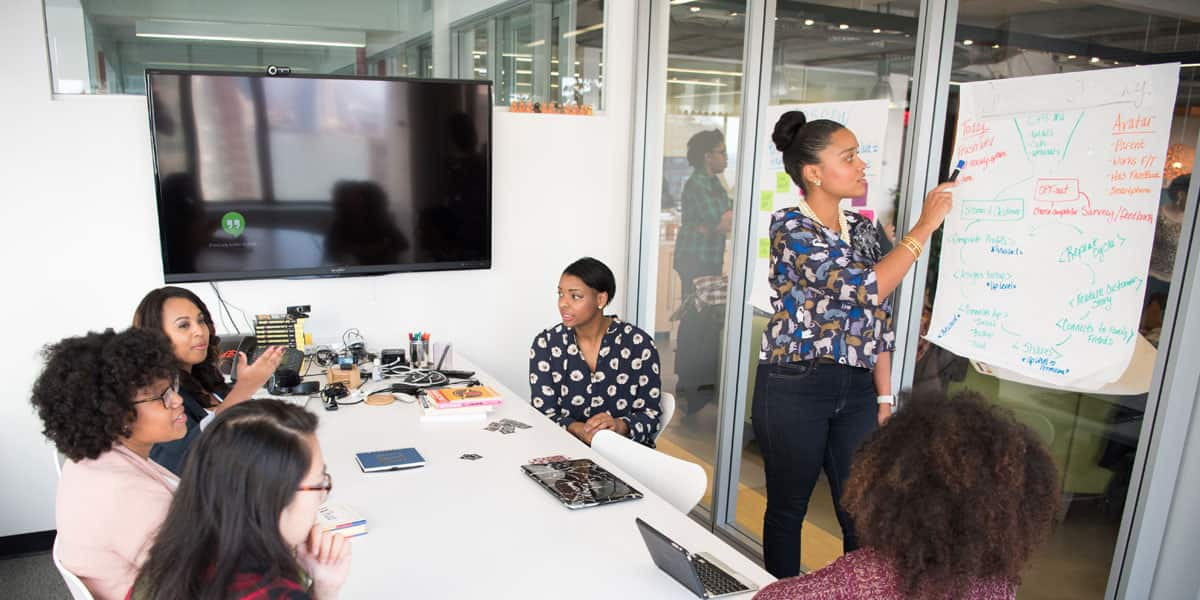
Promoting Self-Determined Learning in the Special Library
Skills for special librarians include creating environments where people learn to use the library and find information on their ...

Consider the Special Library User Experience: UX Design
Special librarians designing library website should focus on a good user experience; it’s often users’ first exposure to content...

Consider the Special Library User Experience: User Interface Design
Often, a special library makes a first impression through its web presence; keep the user experience (UX) at the front of all we...

Consider the Special Library User Experience: Usability
Special librarians can work with a user experience (UX) designer to create virtual online spaces (intranets, websites) that are ...

How Librarians Can Create Experiences for Learning
Offering experience-based learning is an important way for special librarians to facilitate deeper engagement with resources.

Applying Adult Learning Theory in Virtual Libraries
As physical libraries are reduced and resources go digital virtual services increase meaning librarians must creatively reach vi...
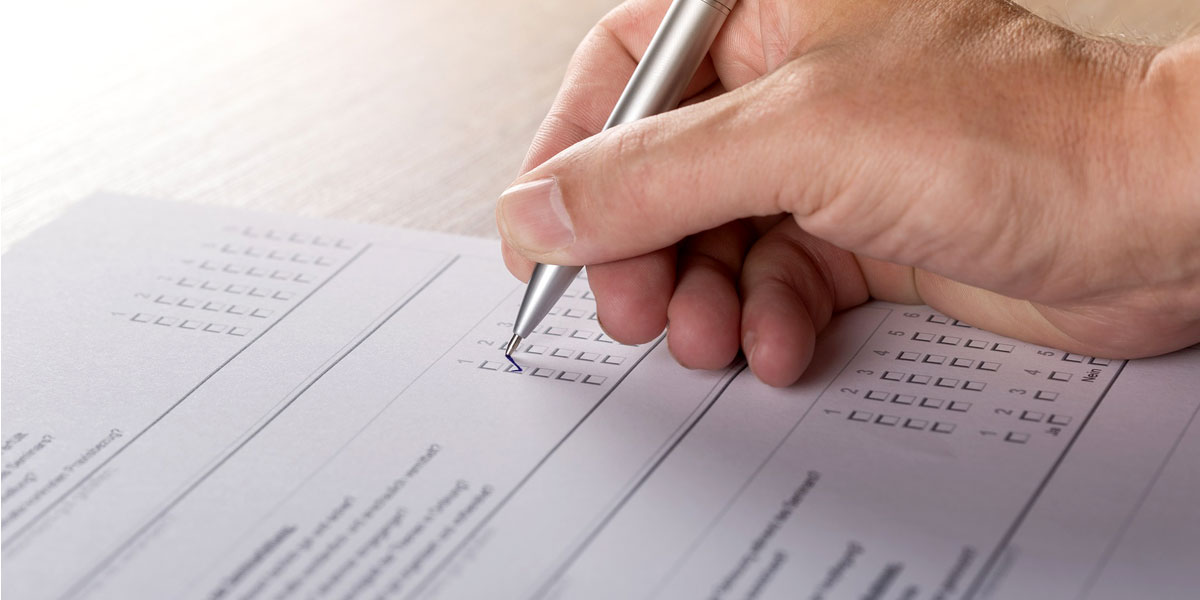
Want to Know What Your End Users are Thinking?
Tips for special library survey design. Surveys are great for collecting user data that informs special library strategy and cha...
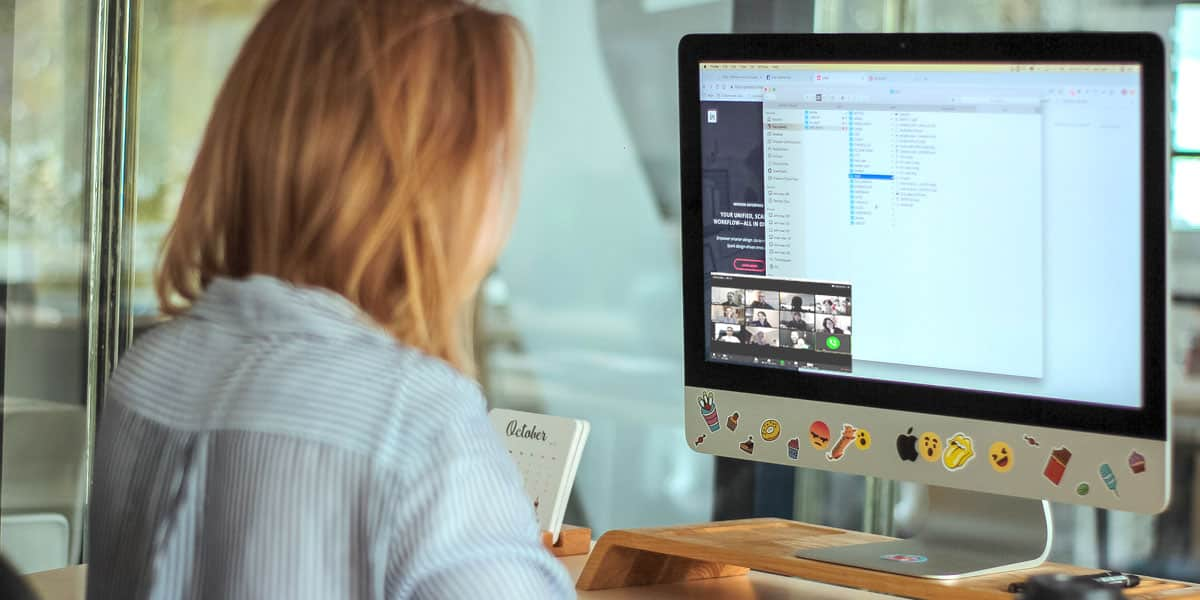
Maintaining Connections in a Virtual Library
As physical libraries are reduced and resources go digital virtual services increase meaning librarians must creatively reach vi...
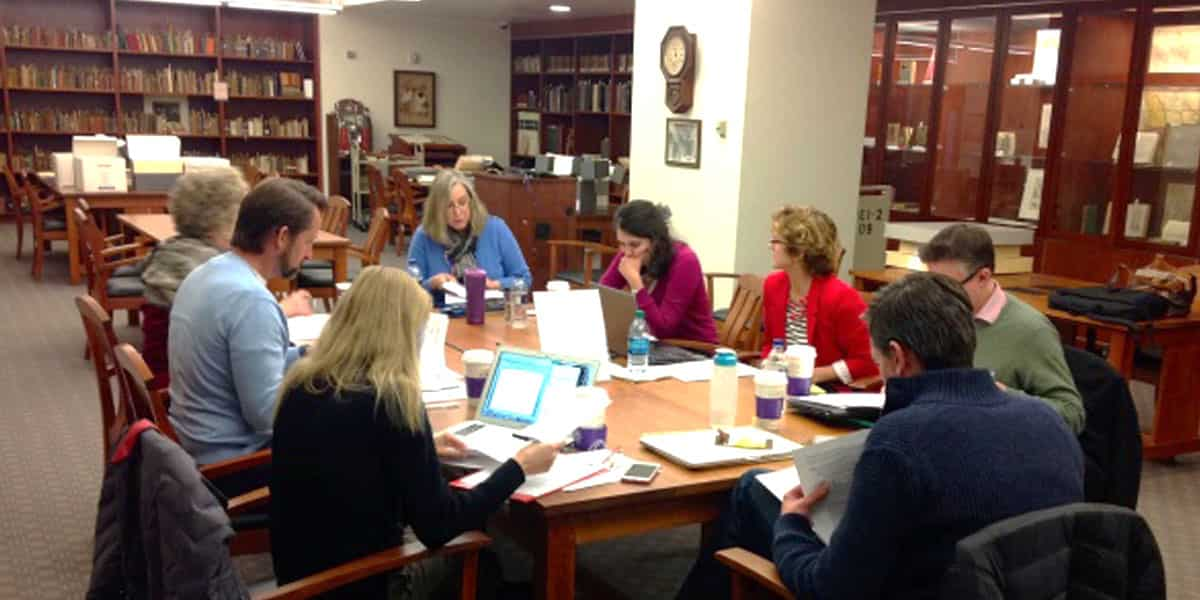
How to Apply Adult Learning Theory in Special Libraries Part 2
Skills for special librarians include teaching users how to leverage library resources; this improves interactions and enhances ...
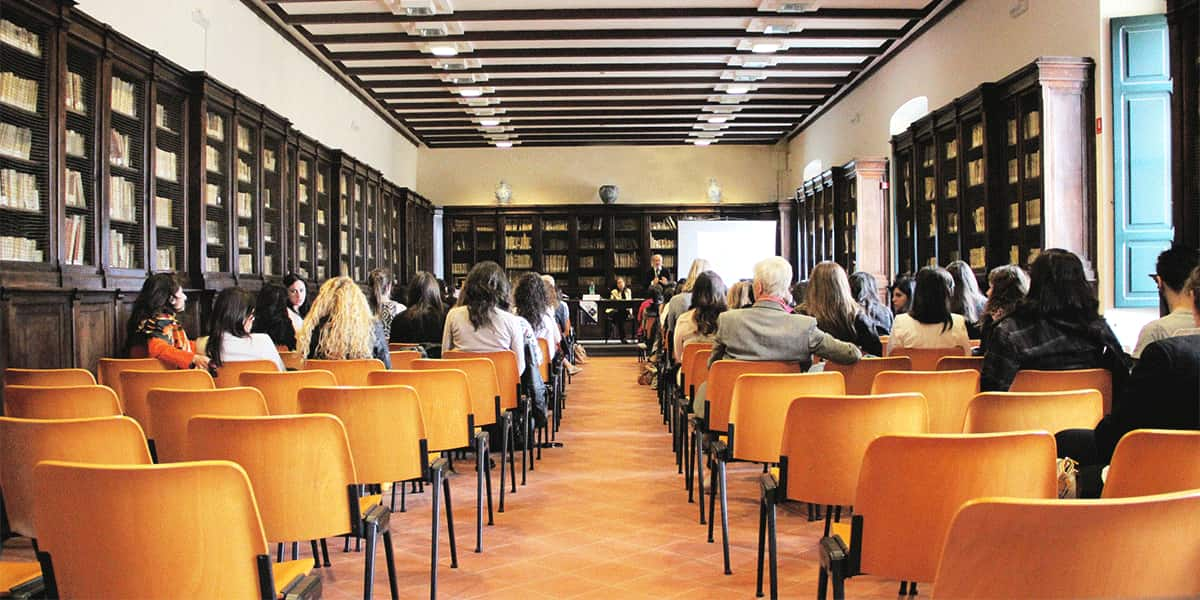
How to Apply Adult Learning Theory in Special Libraries
Skills for special librarians include teaching on tools, helping users find information and what information is available, and c...
Prev
1
2
3
4
5
6
7
8
9
10
11
12
13
14
15
16
17
18
19
20
21
Next